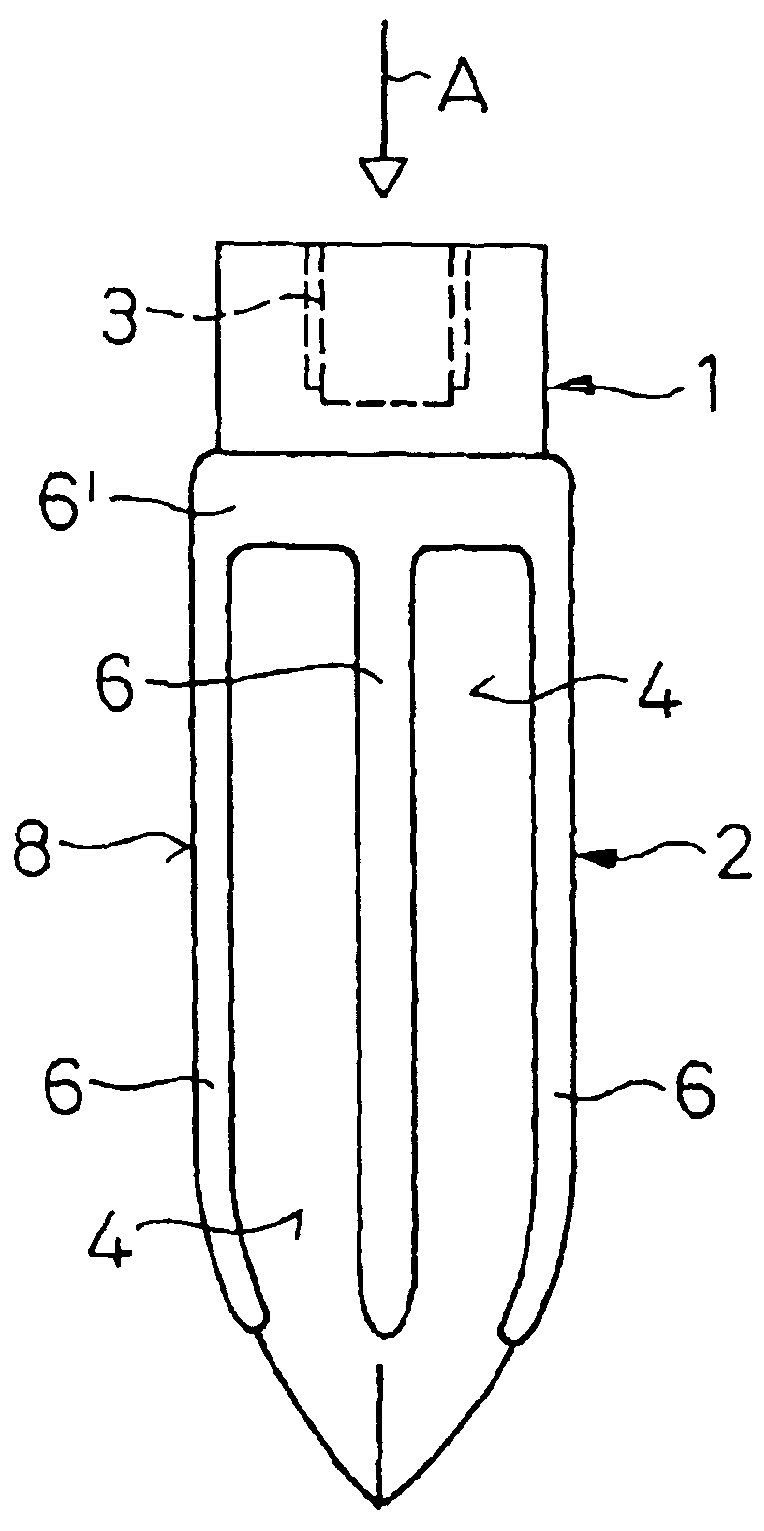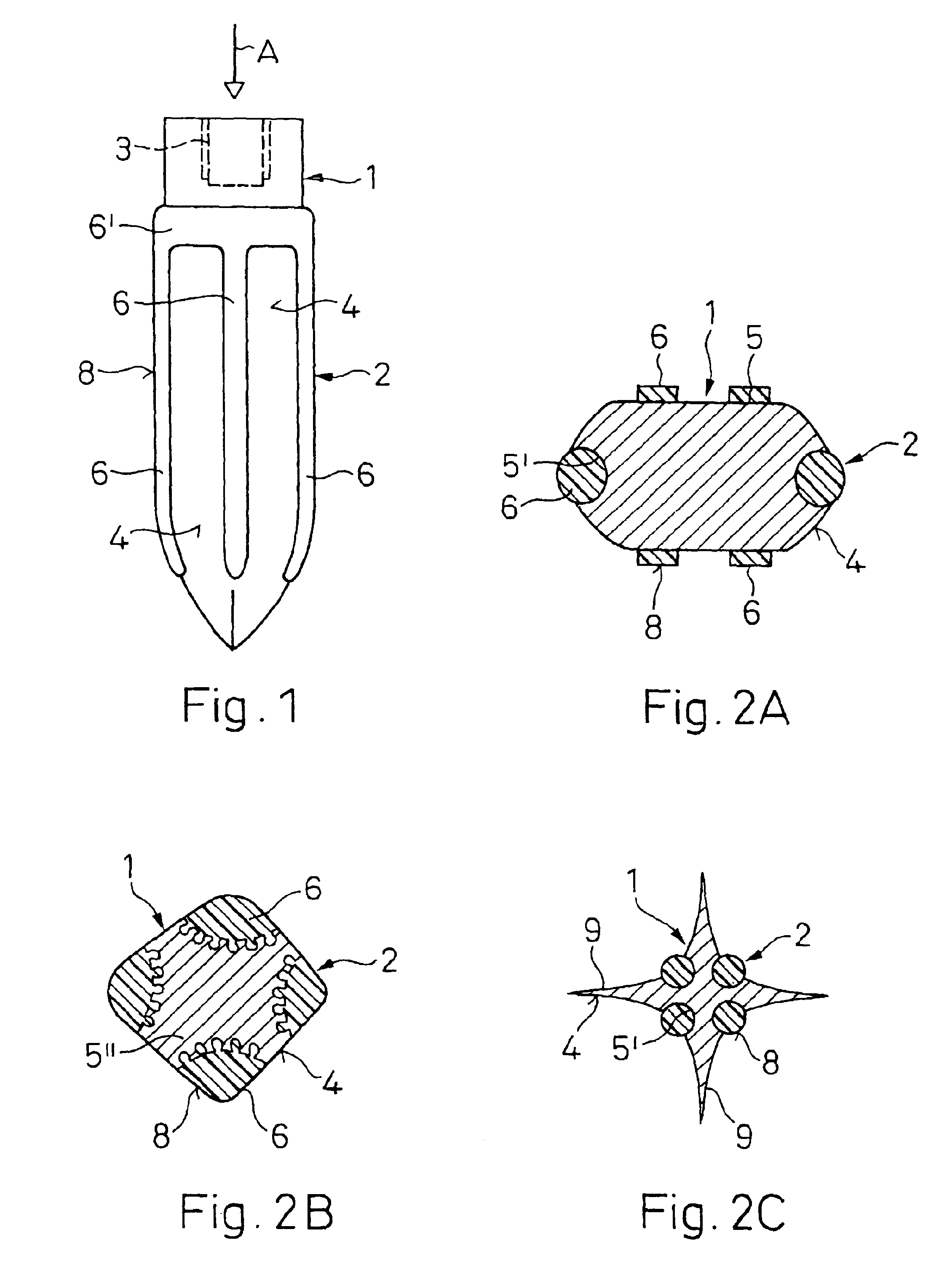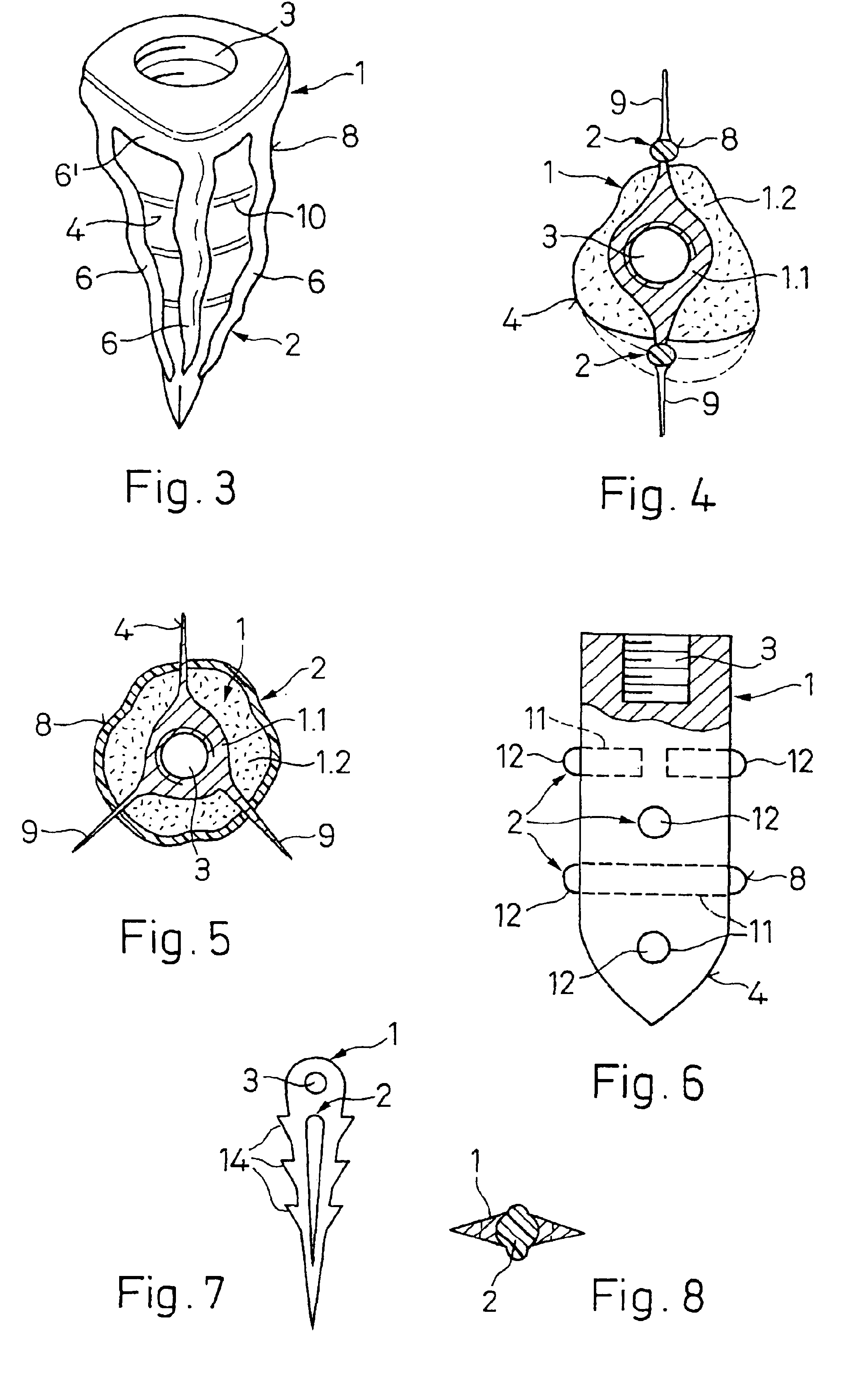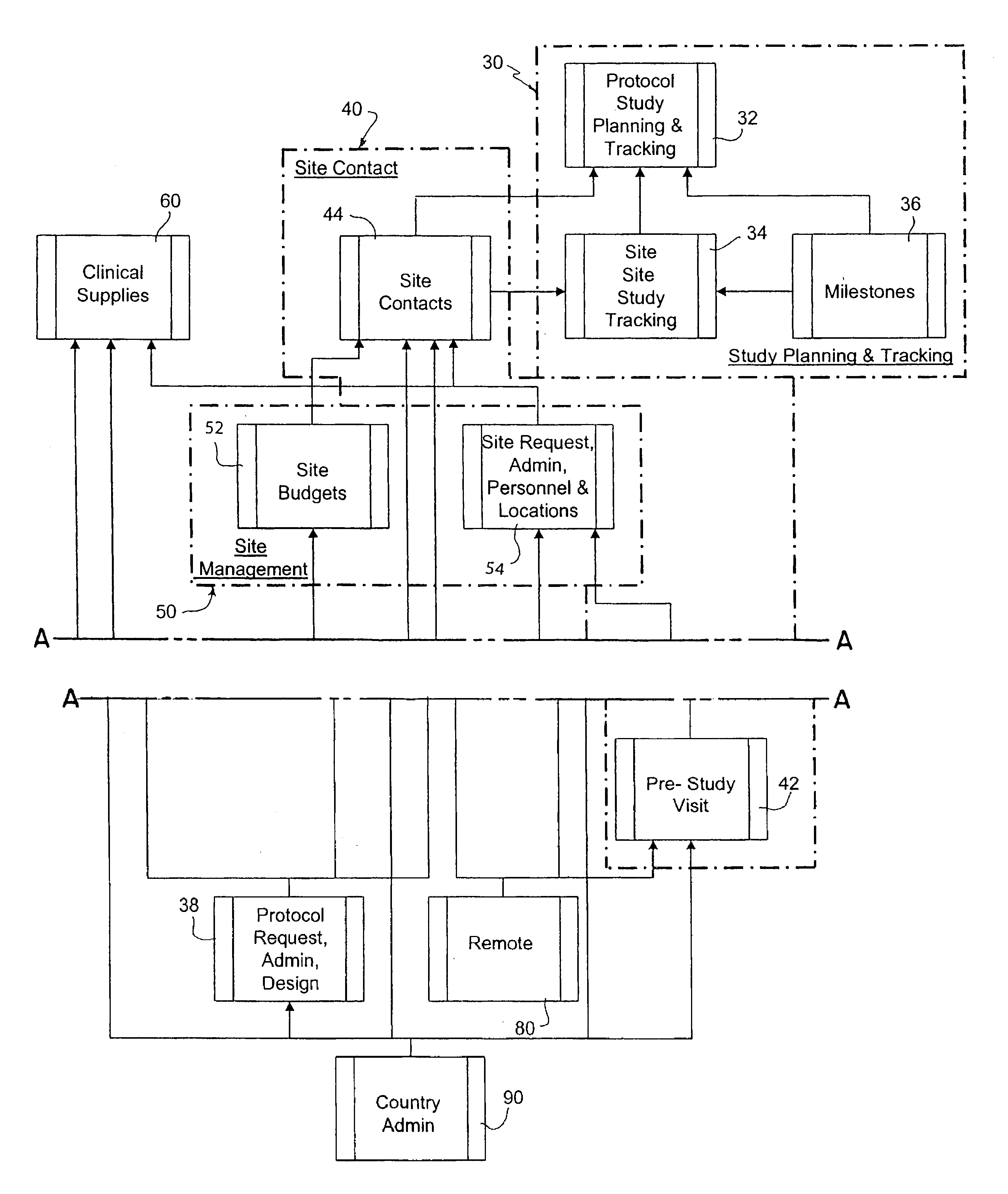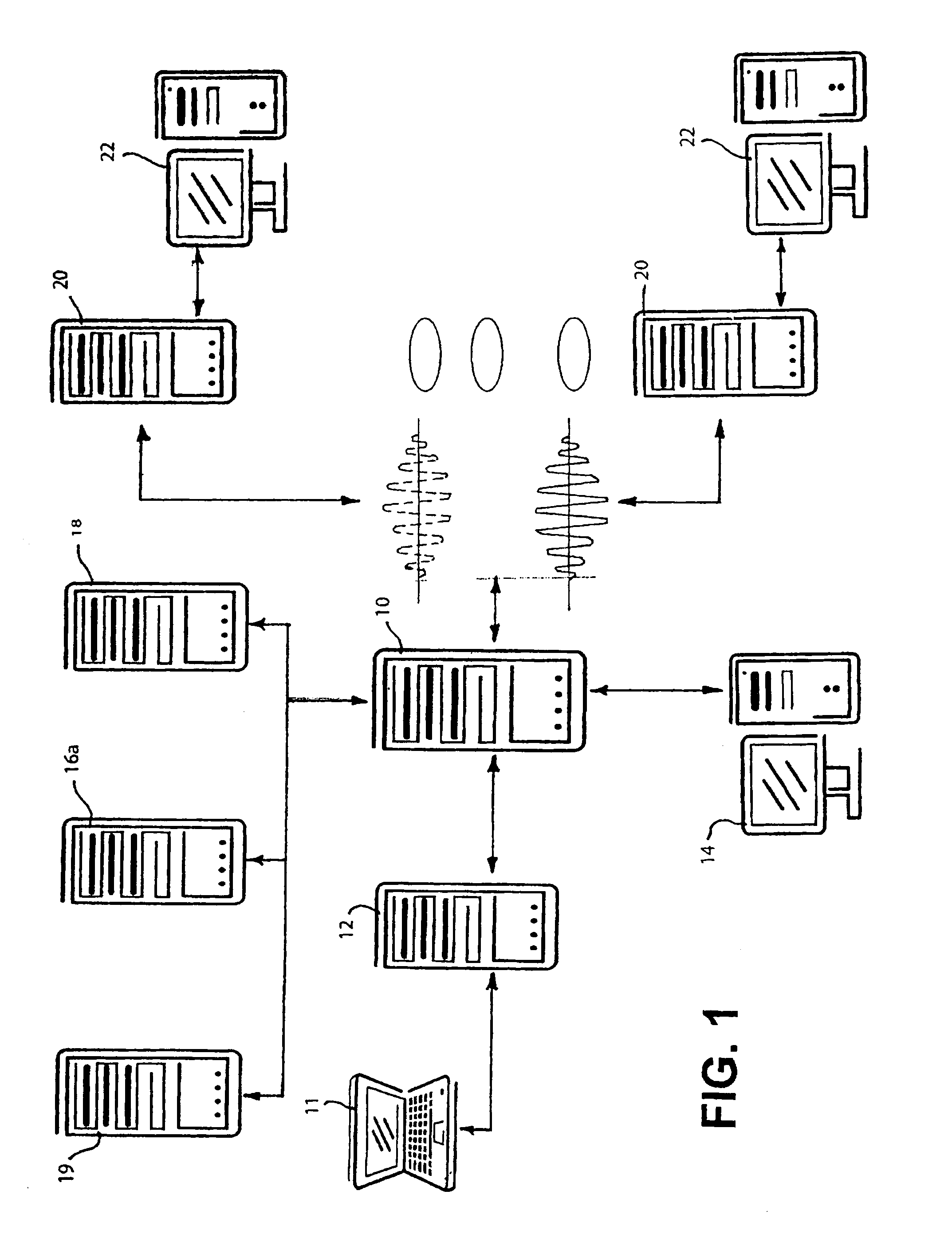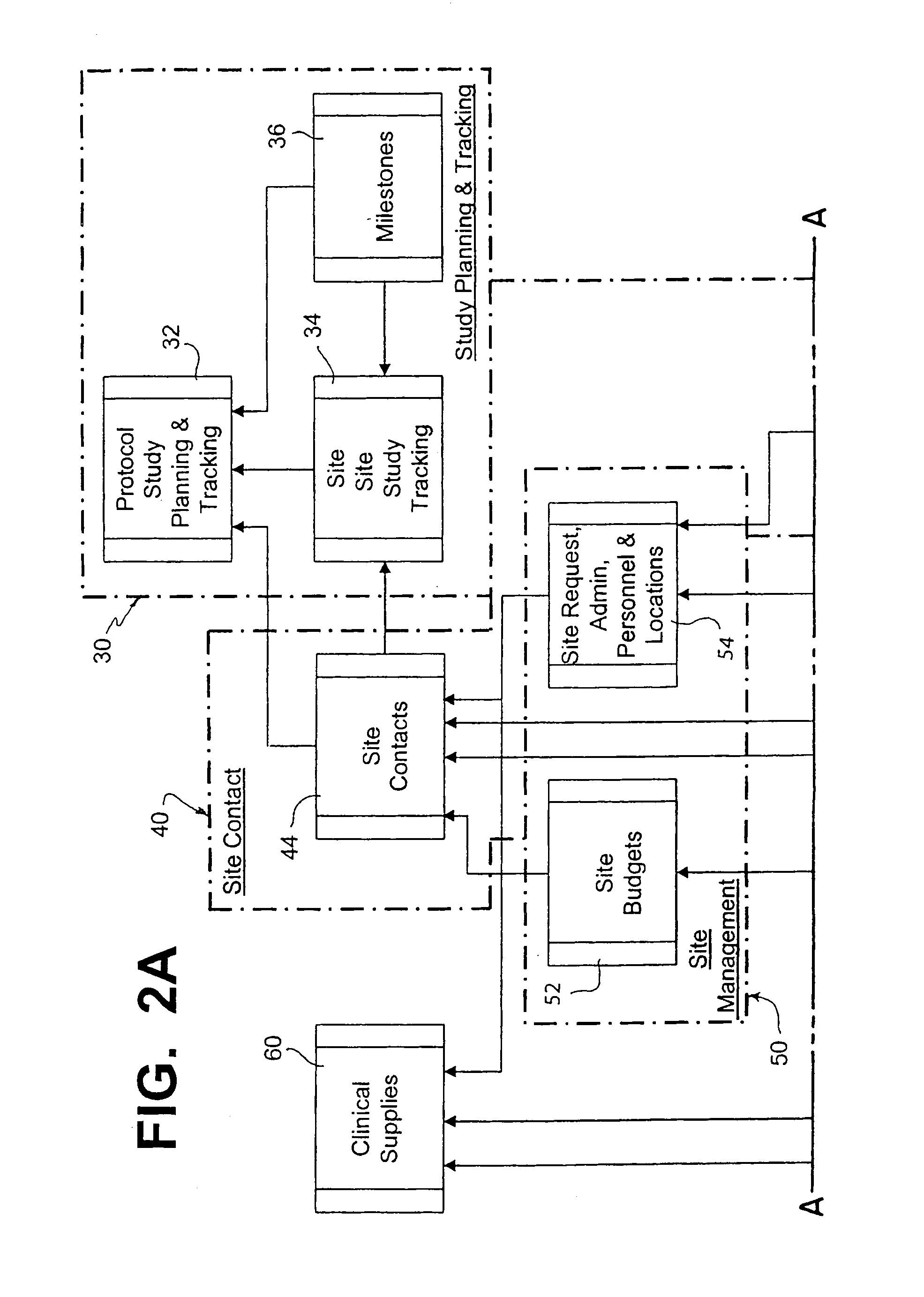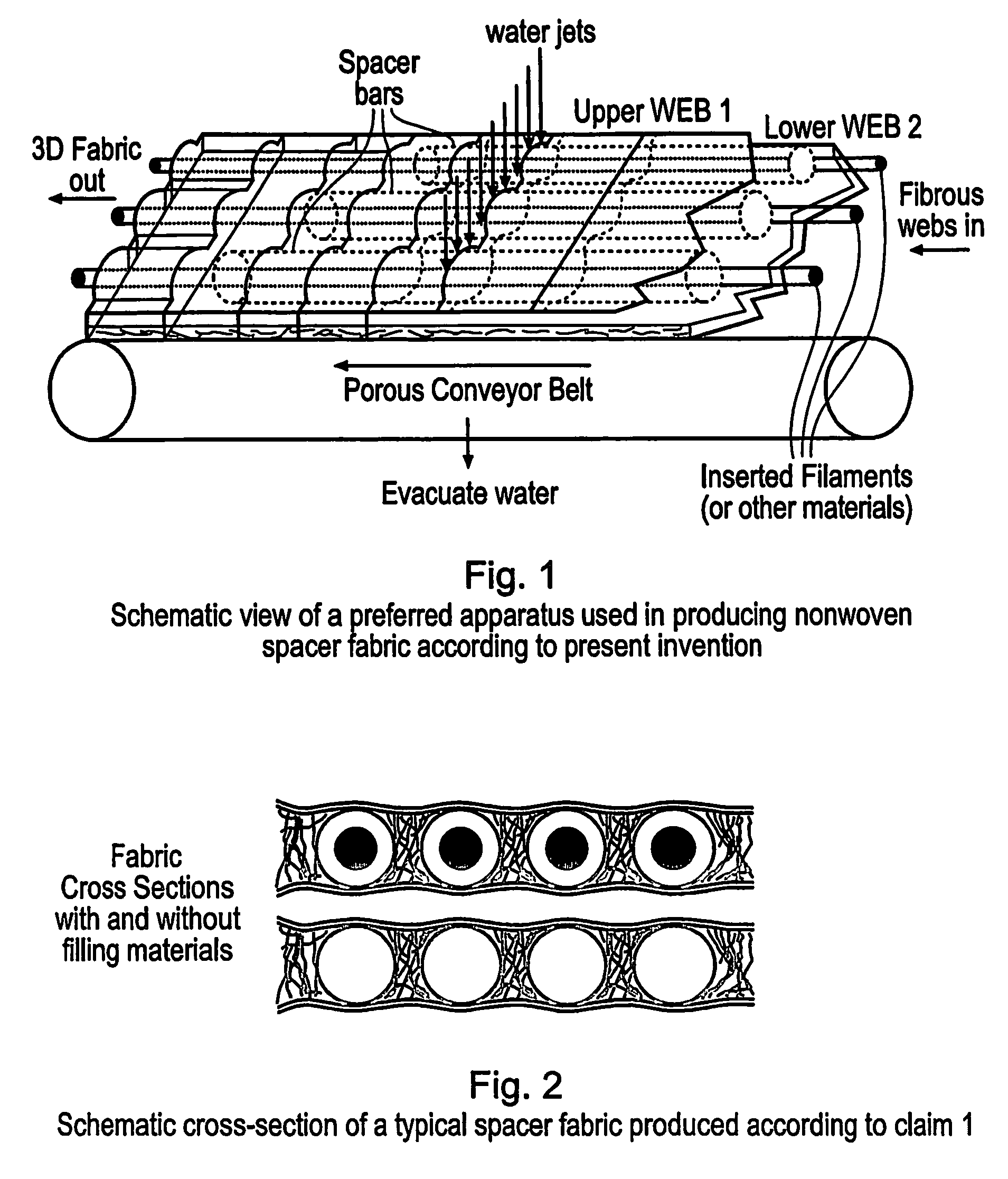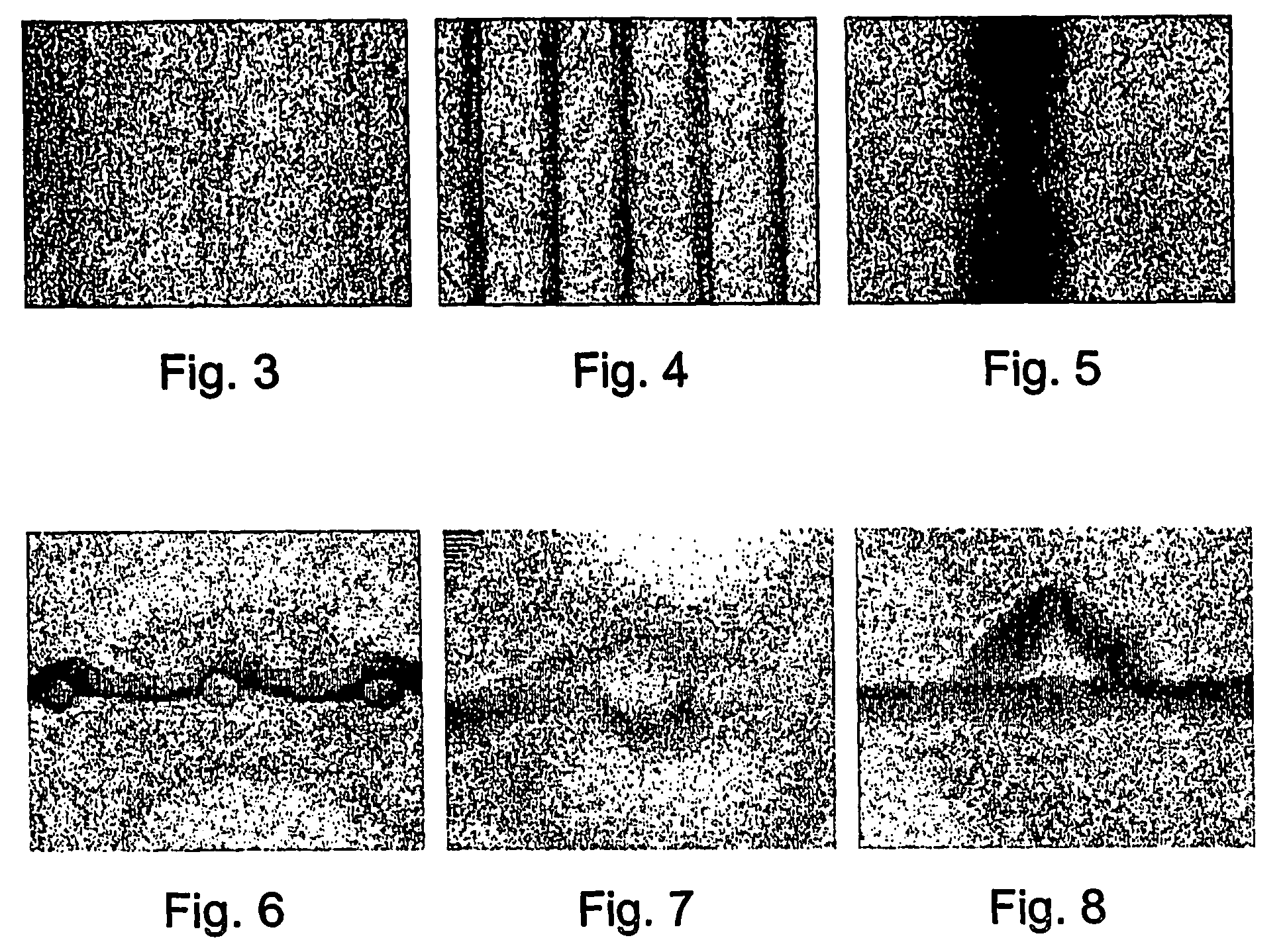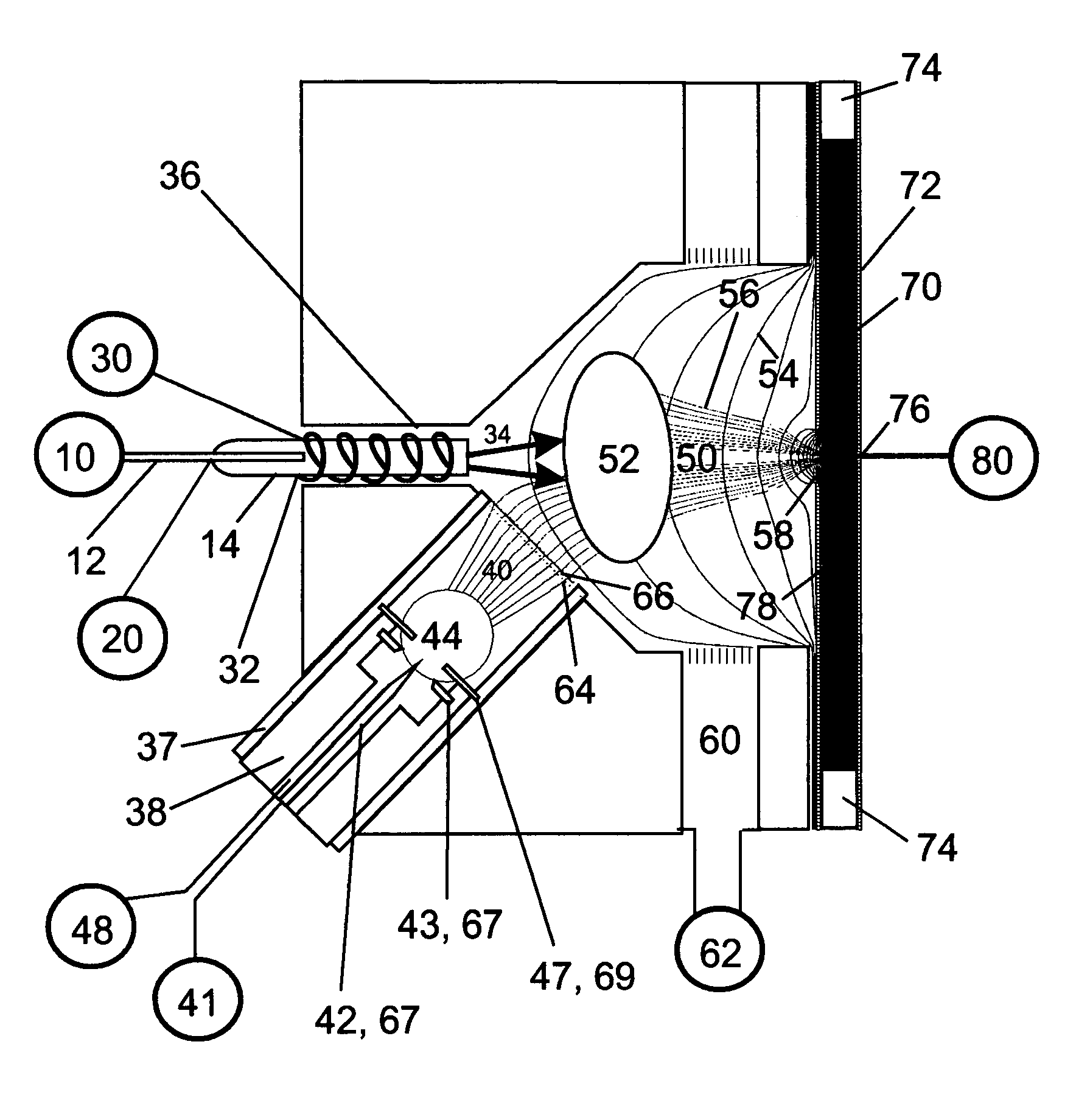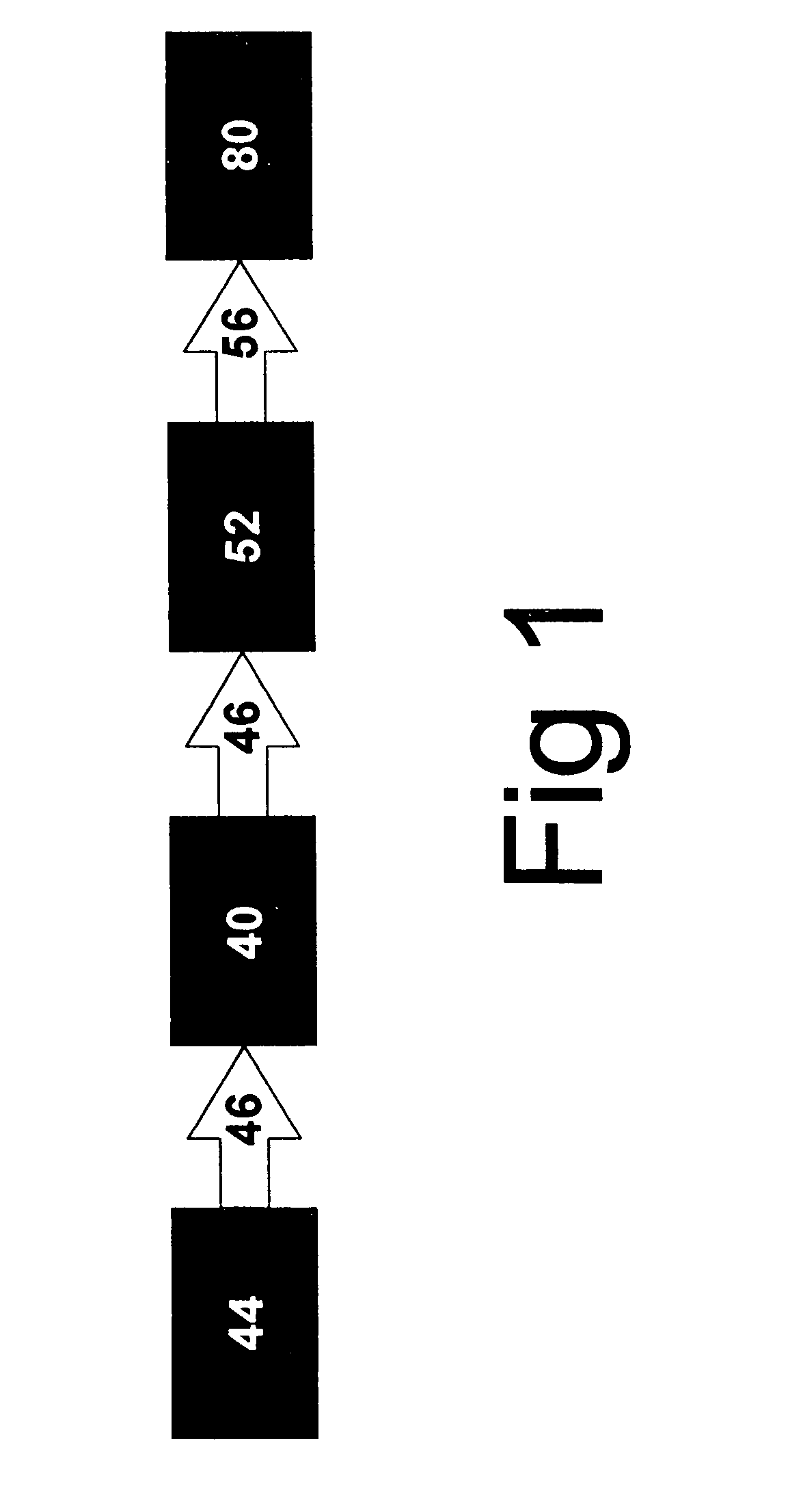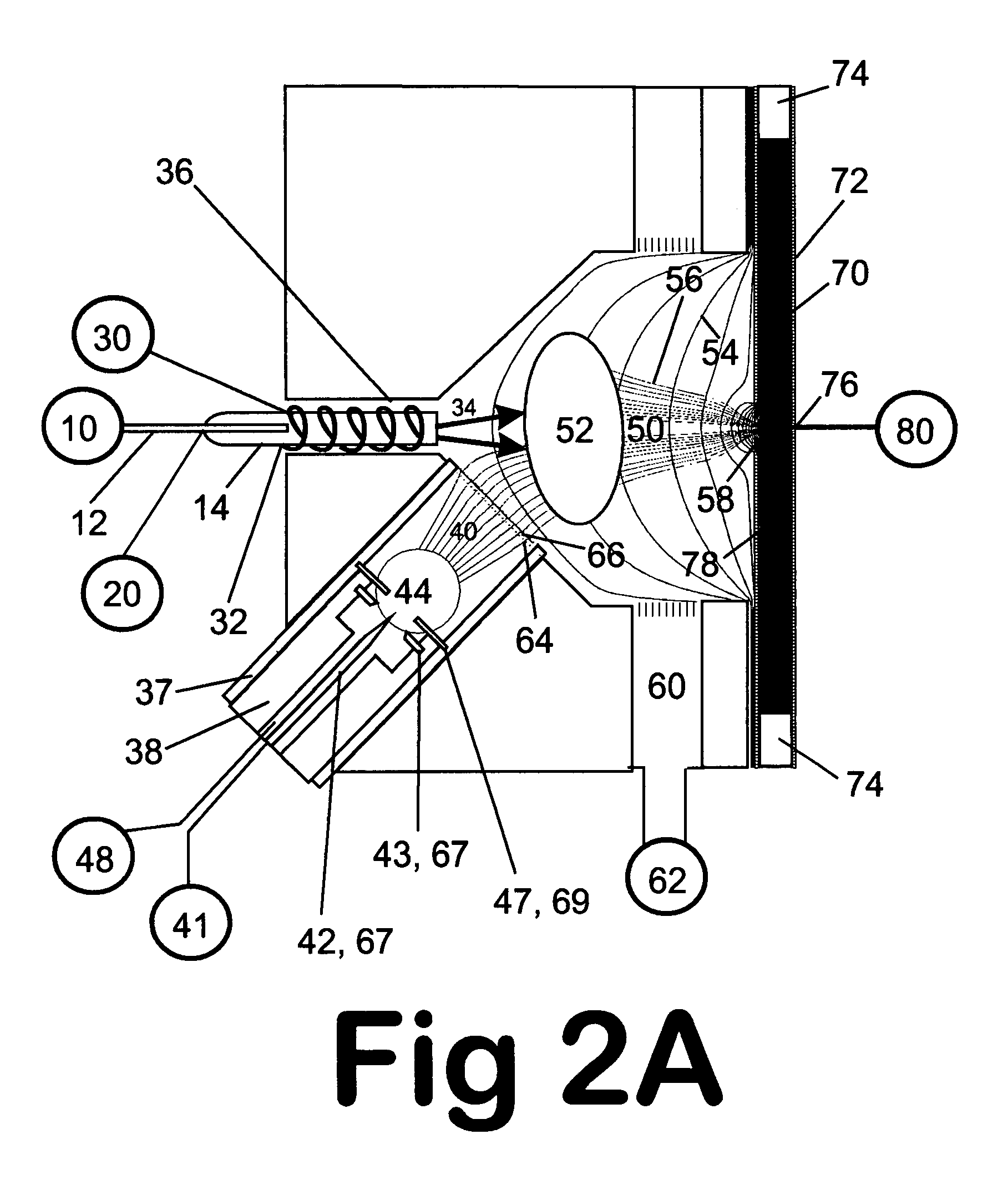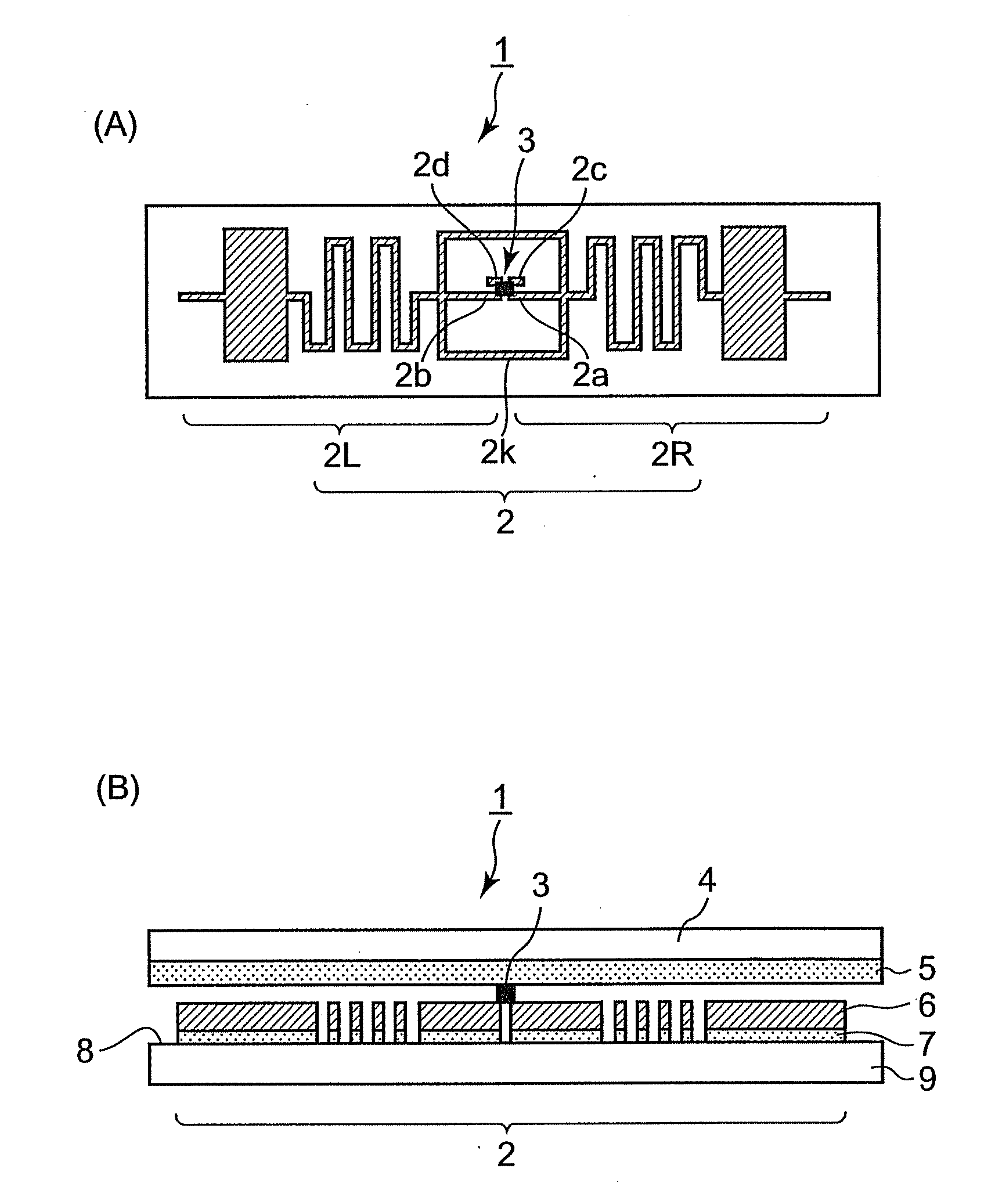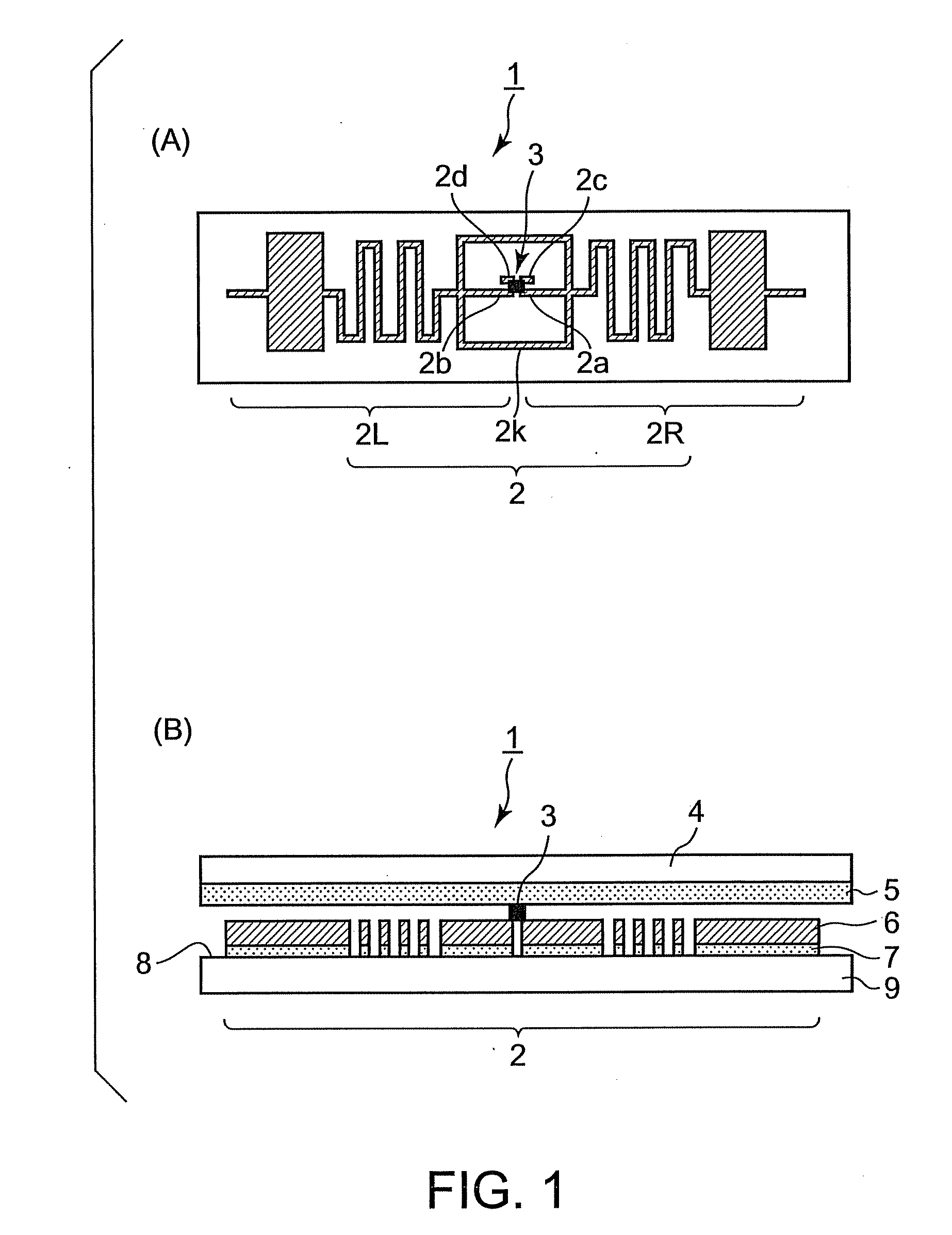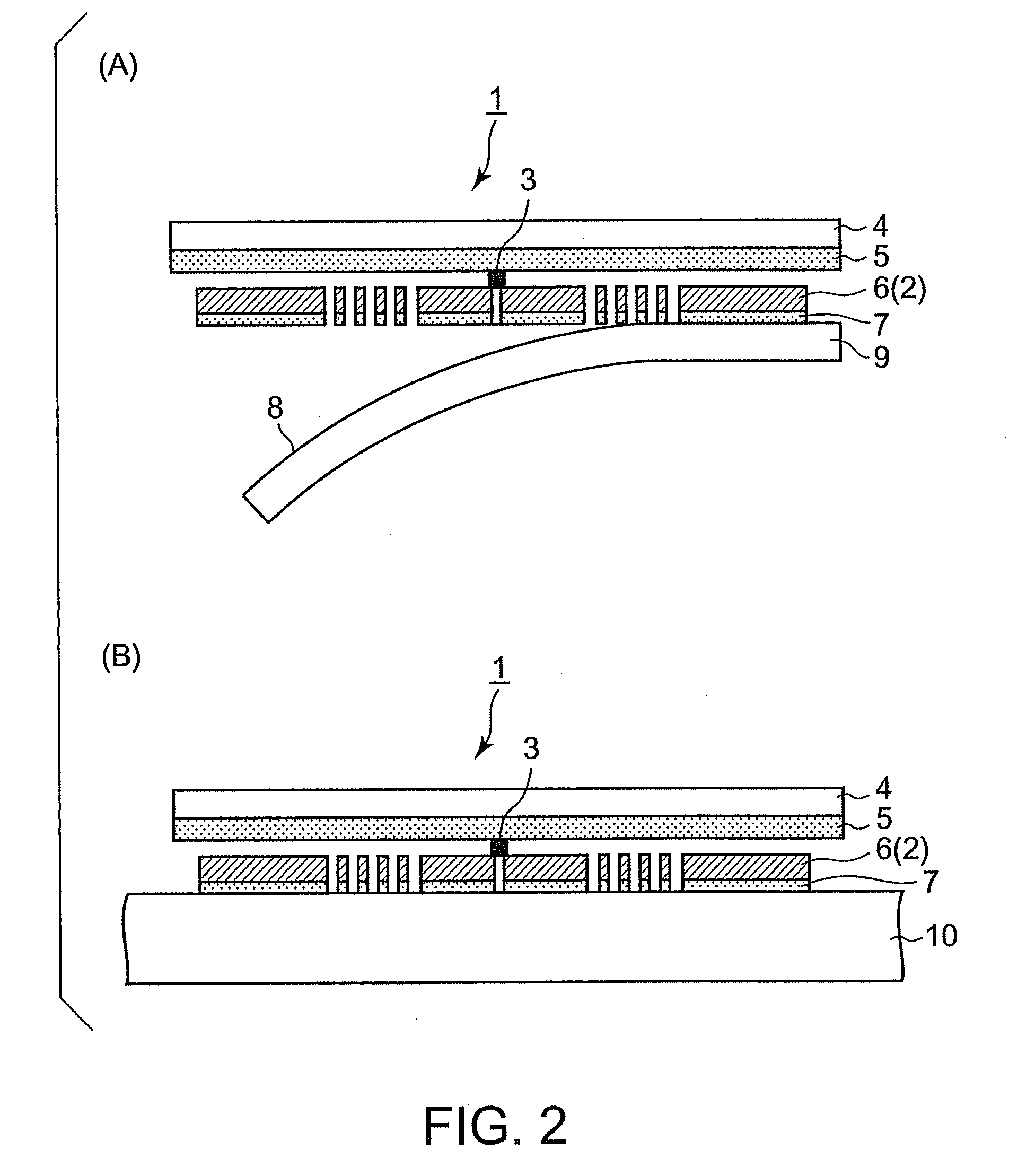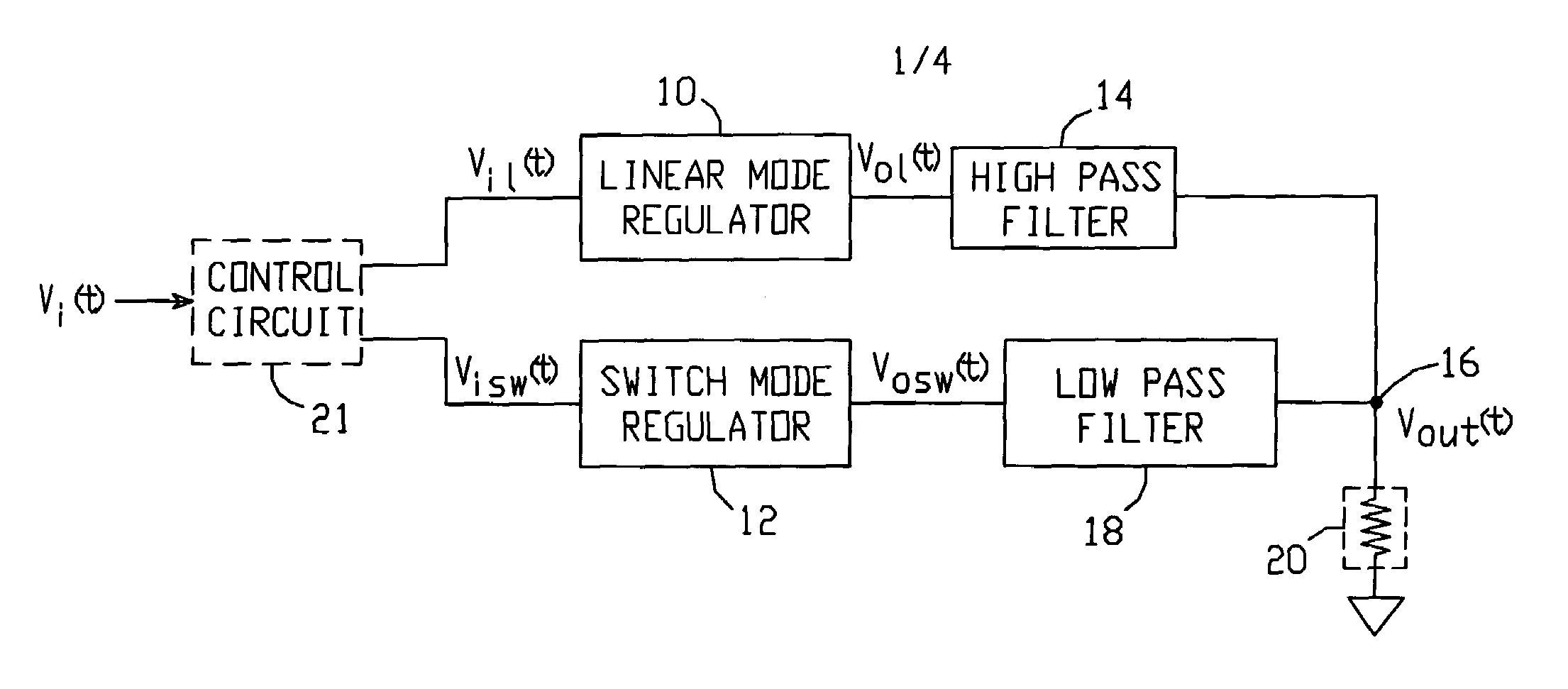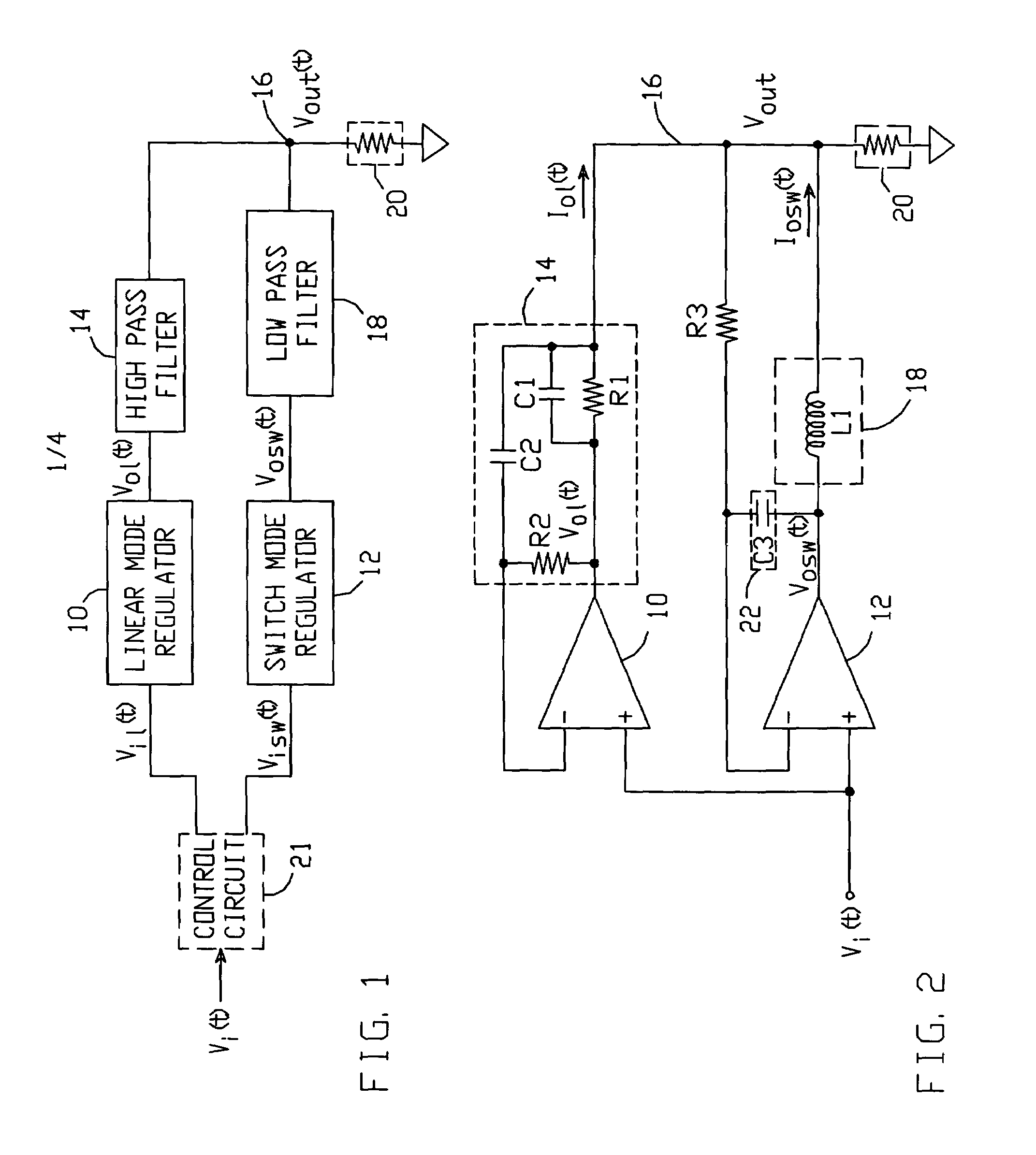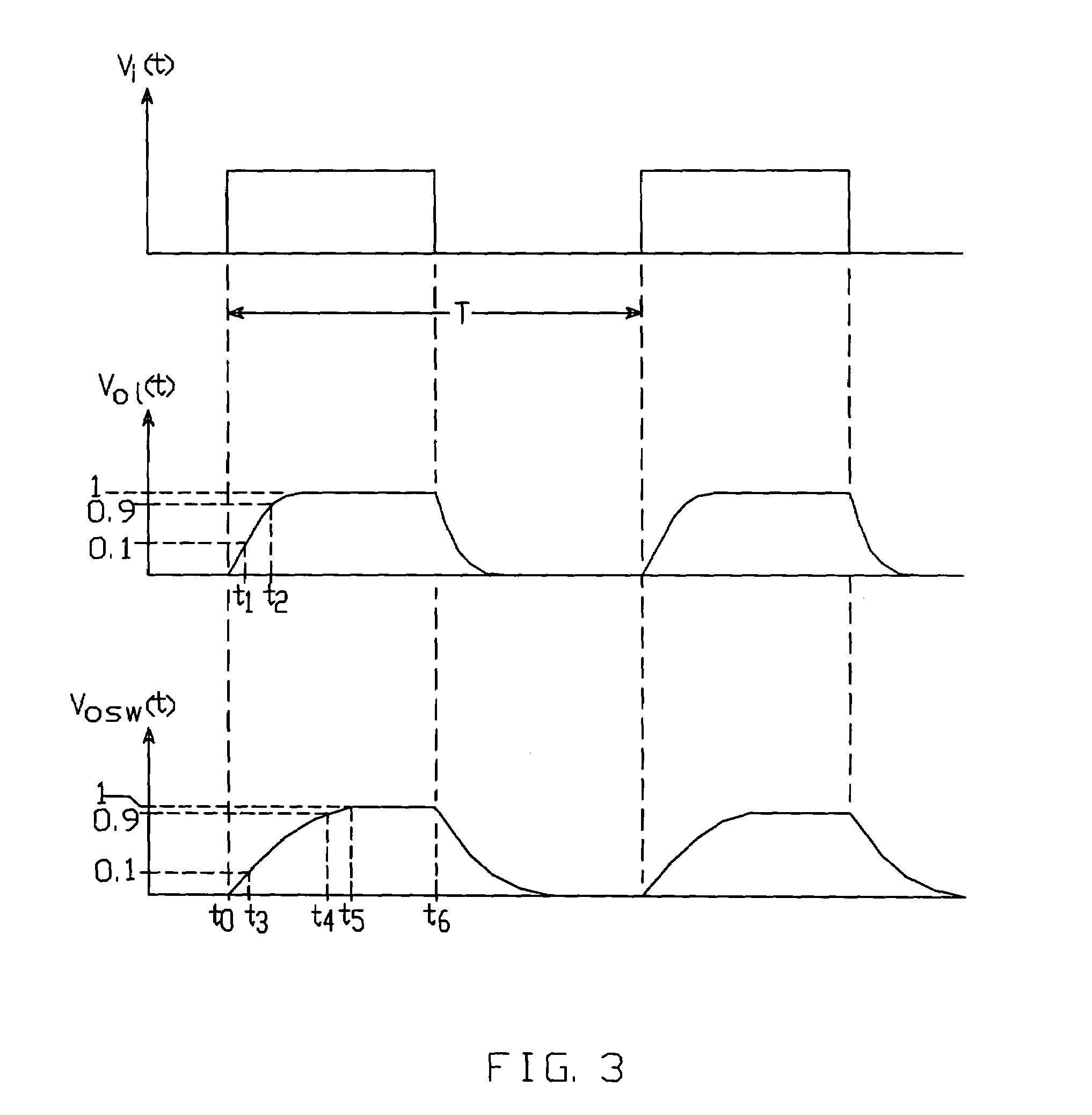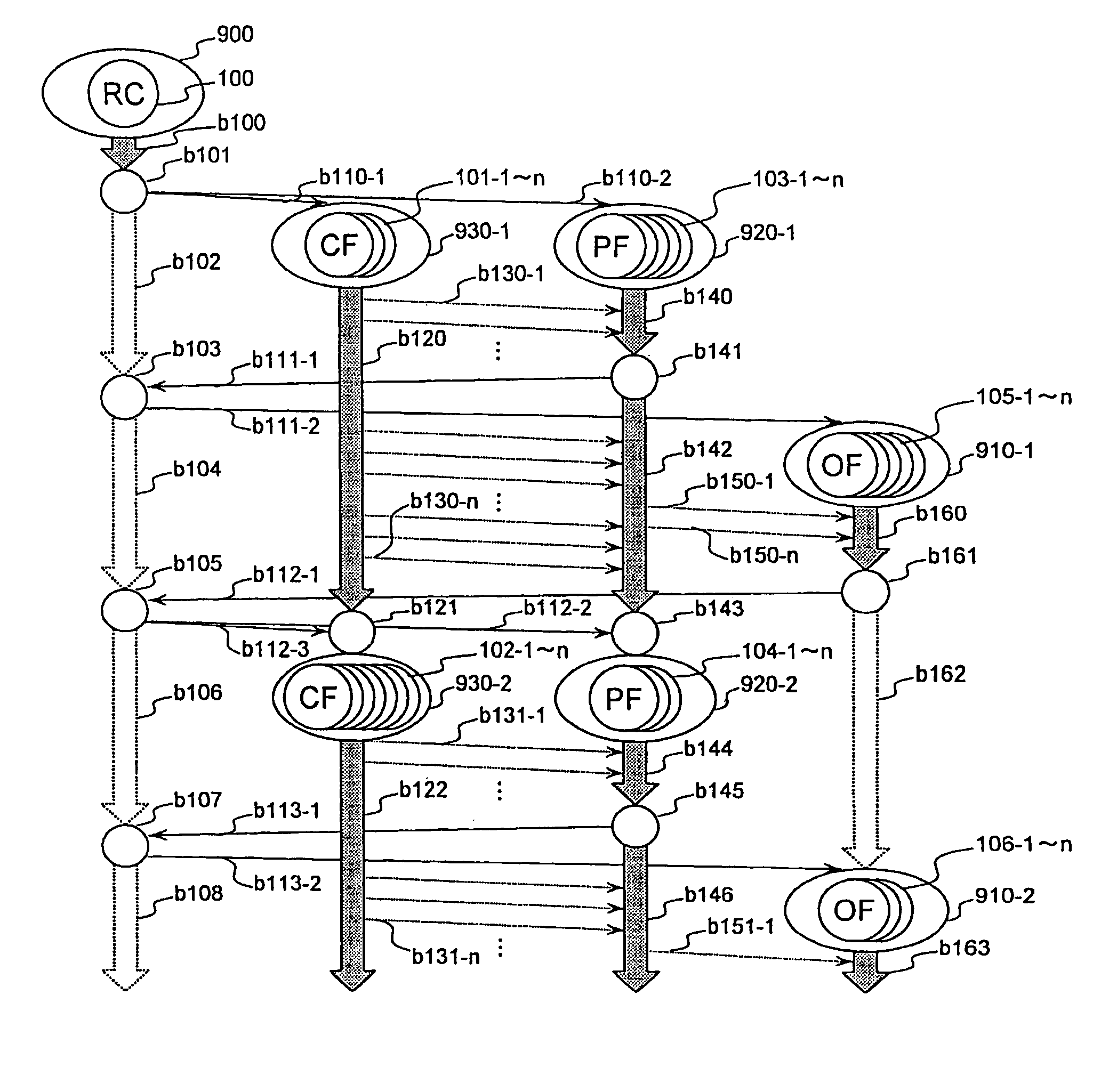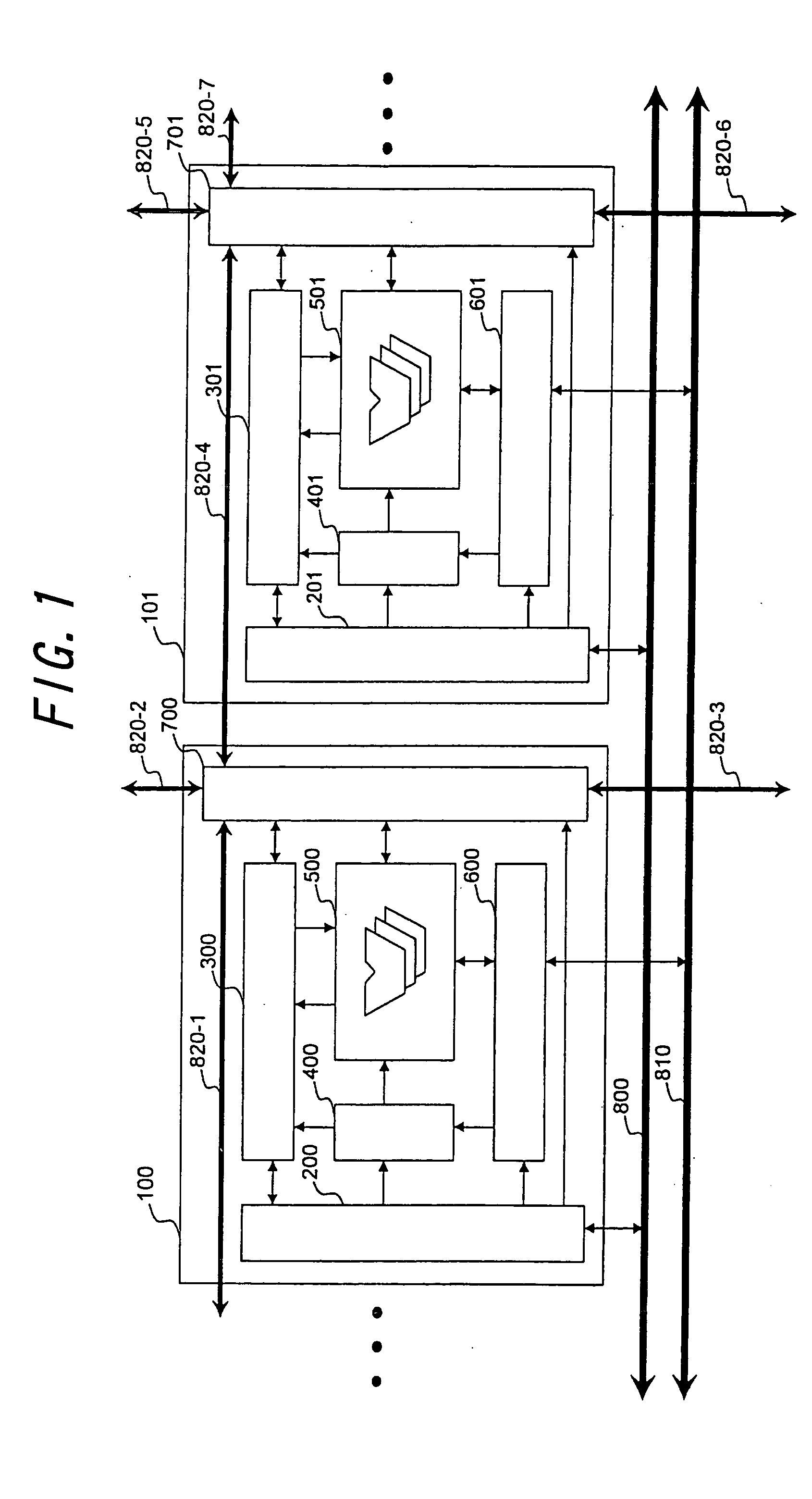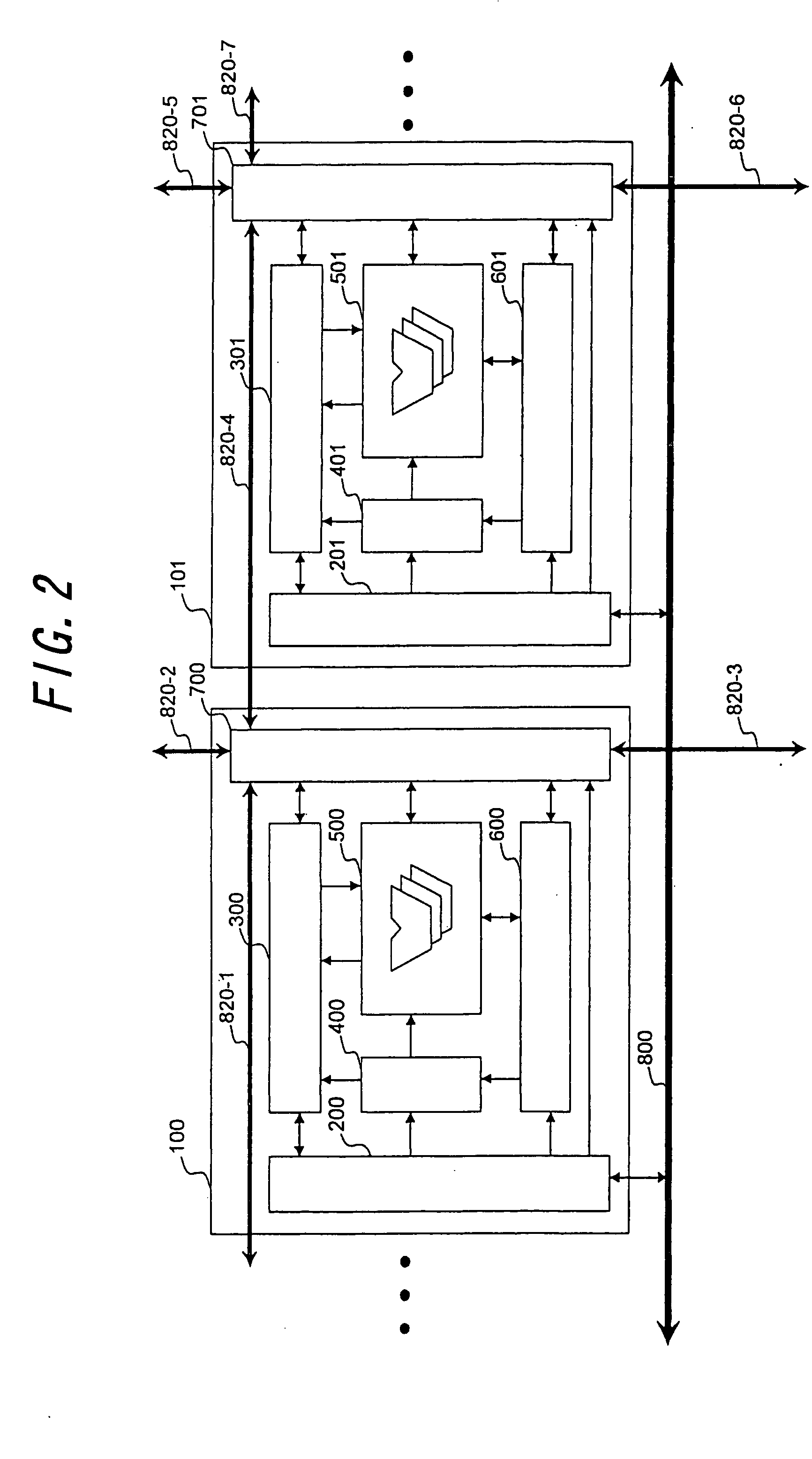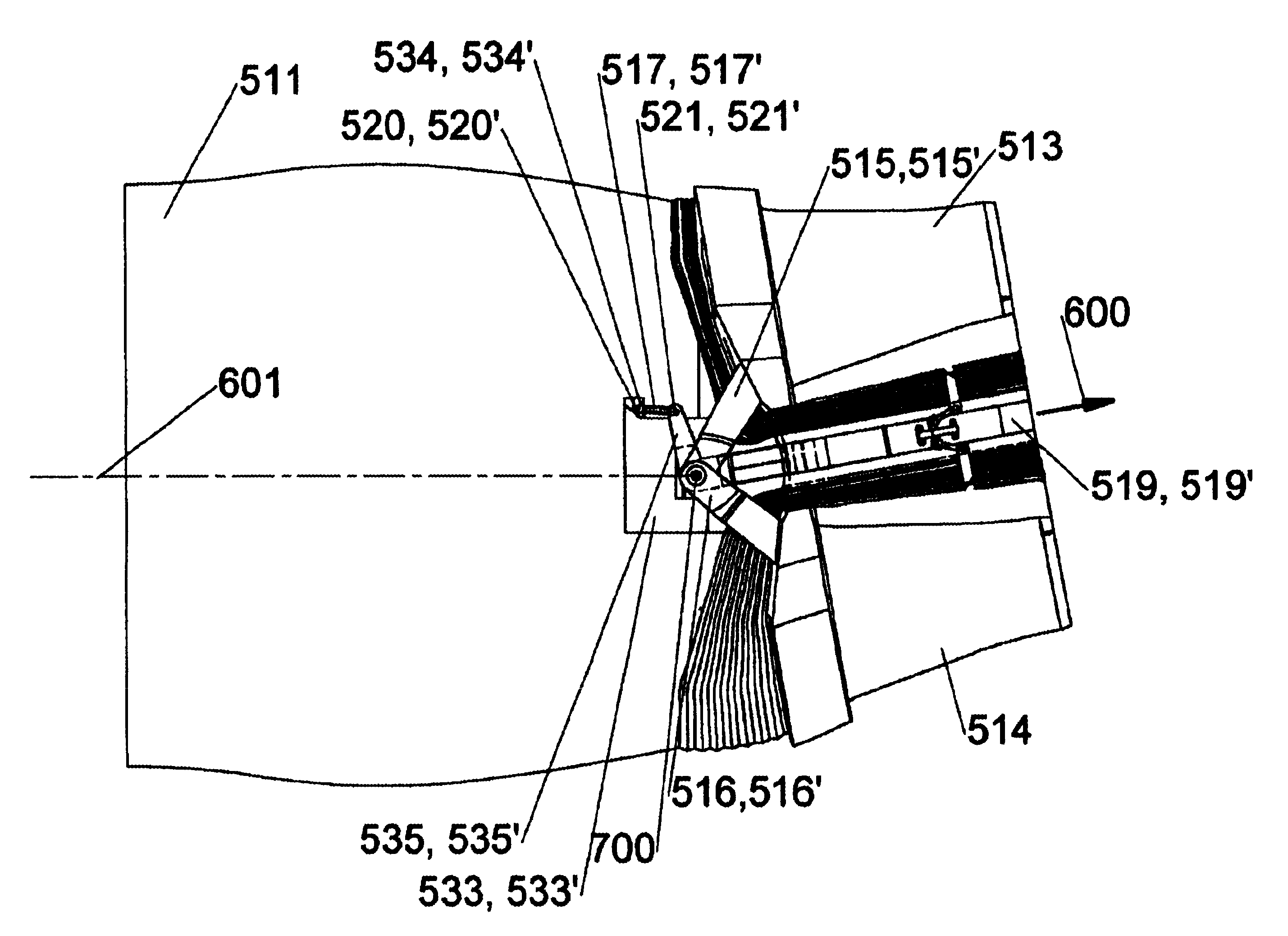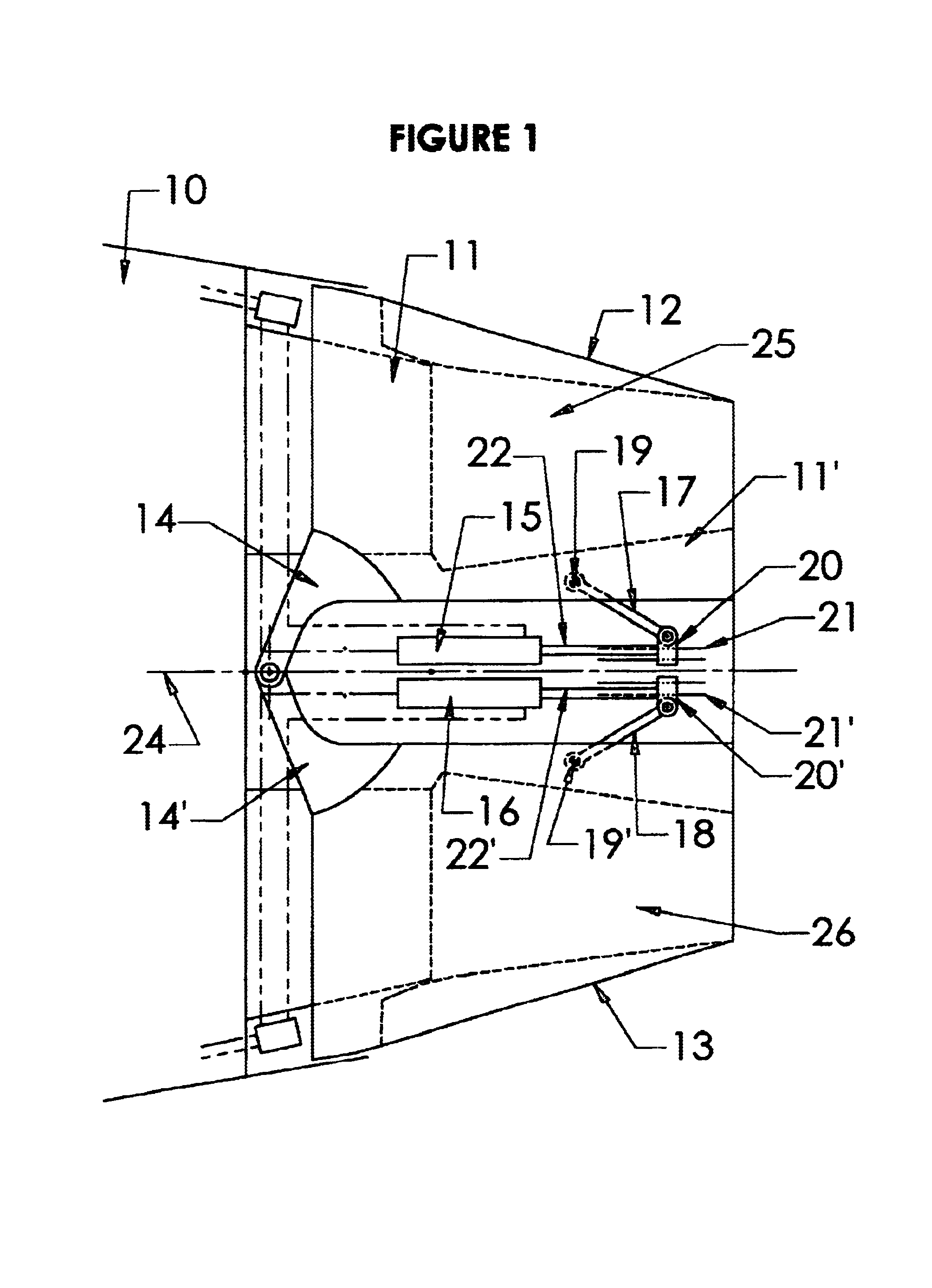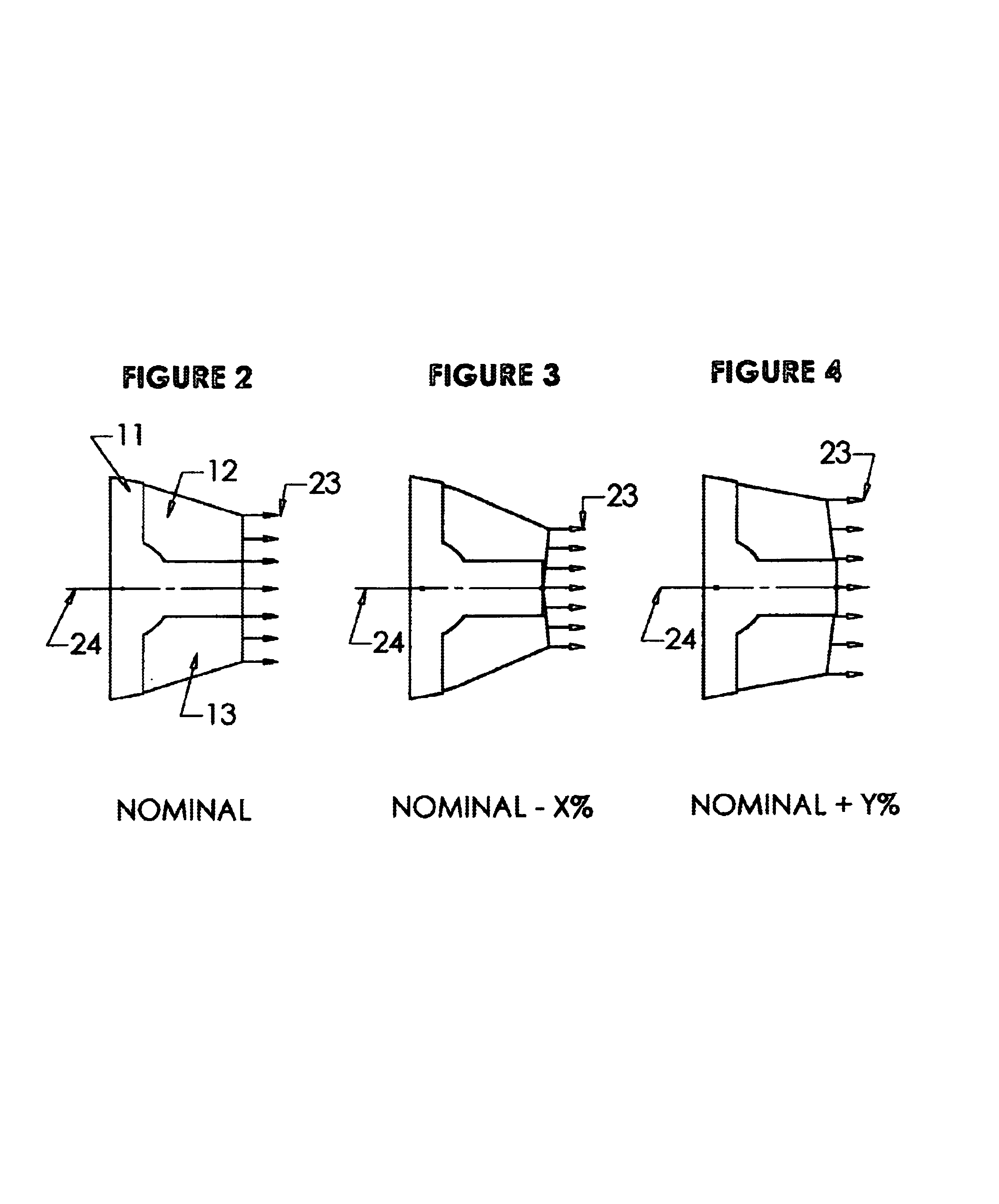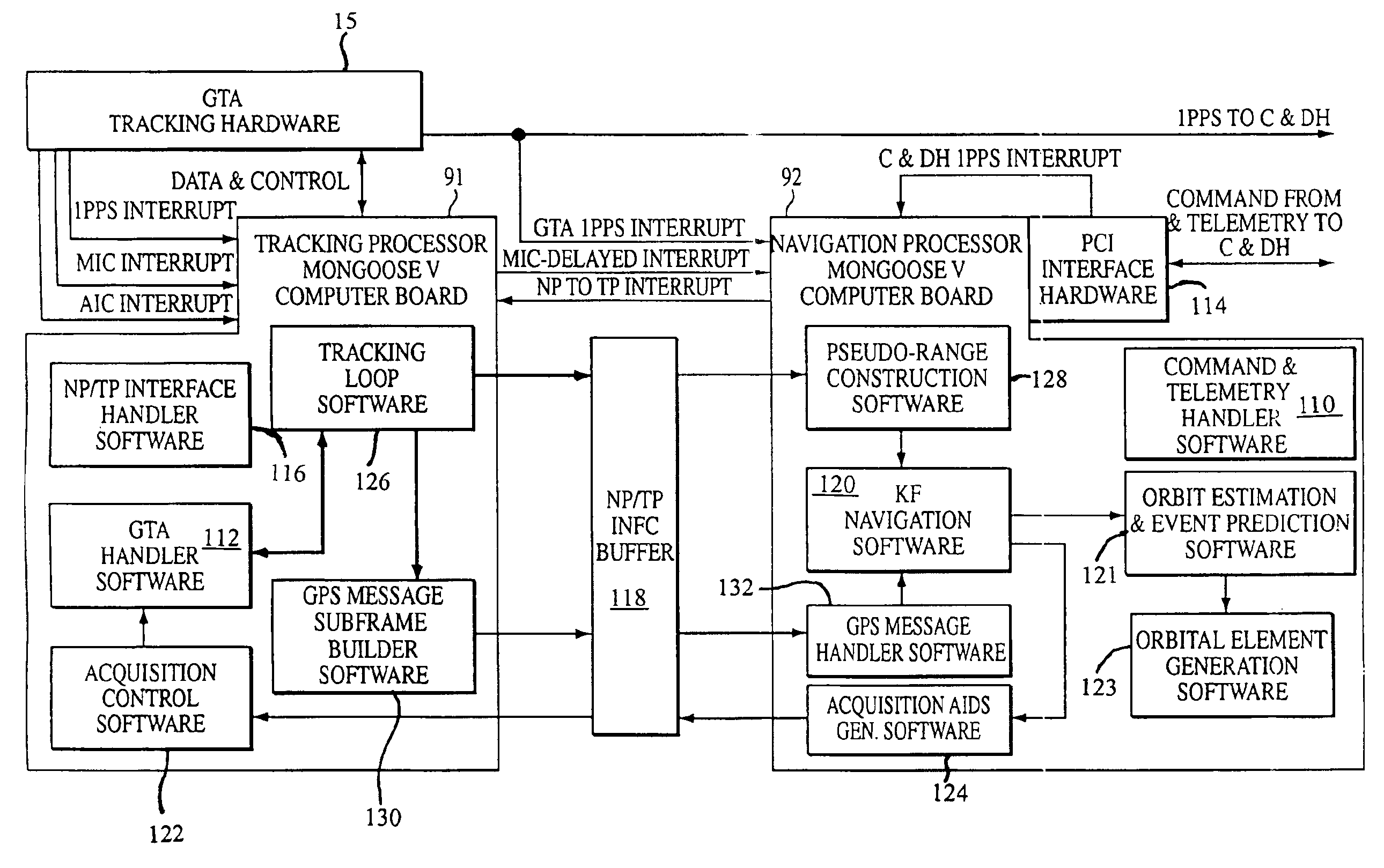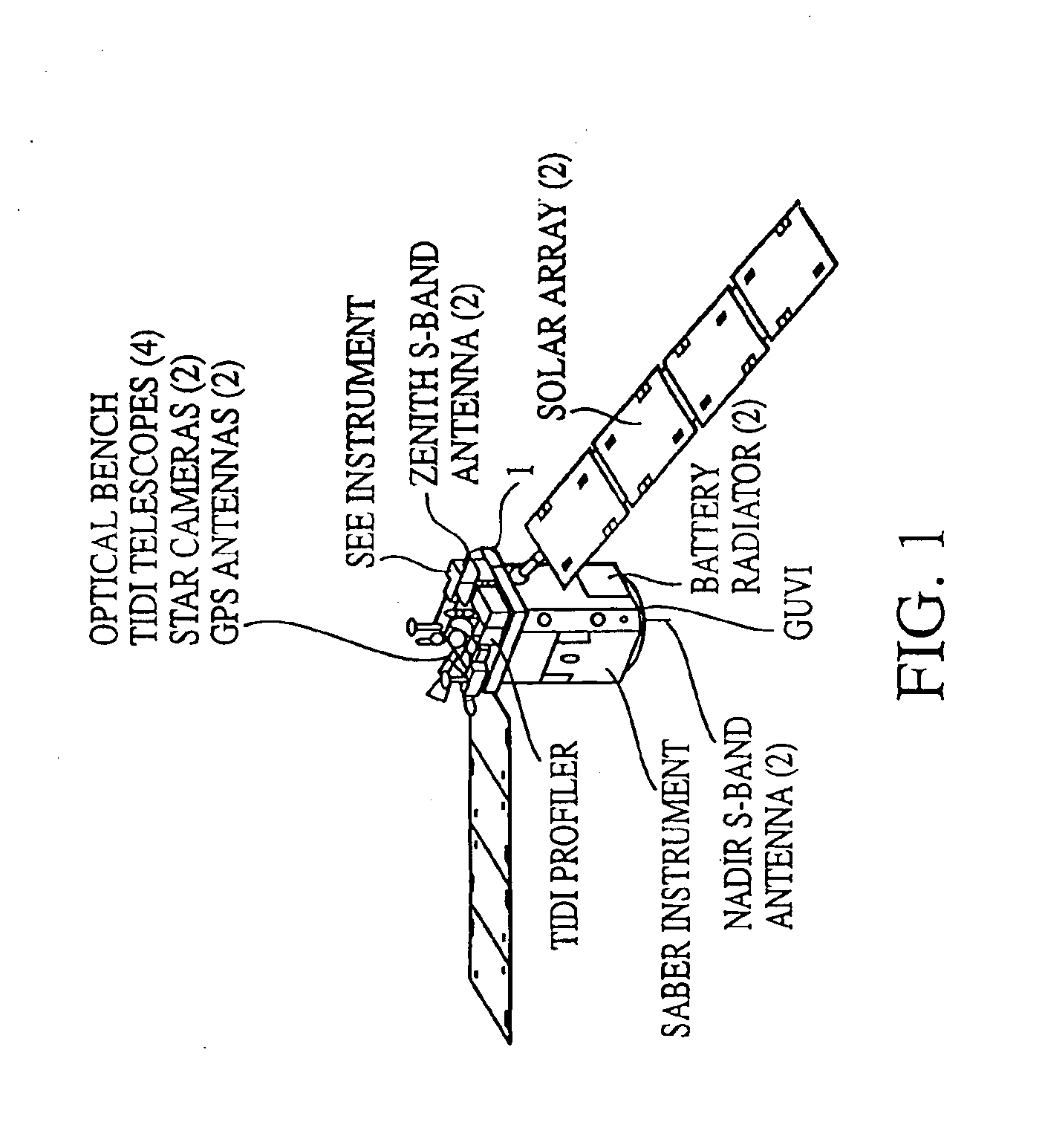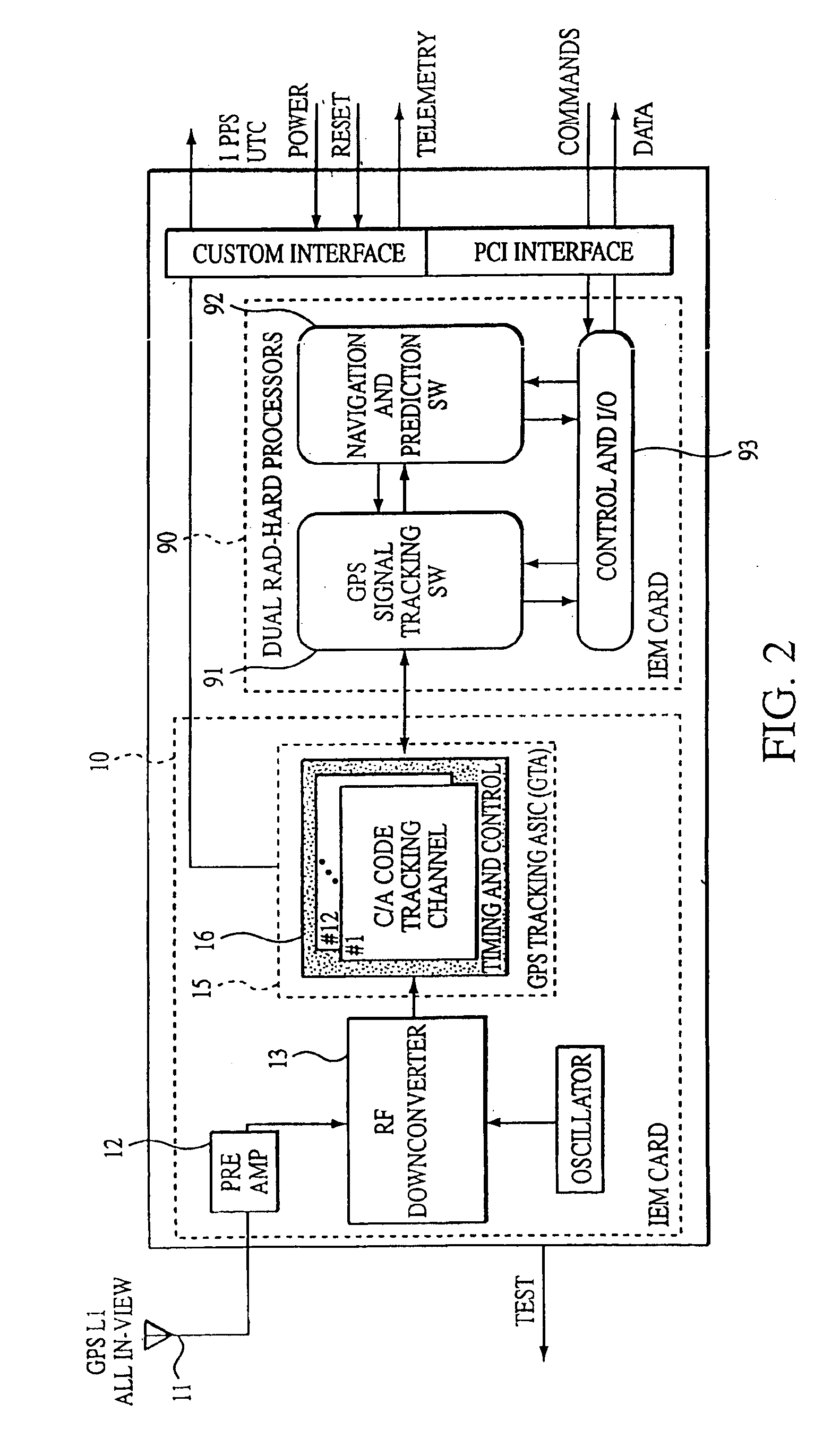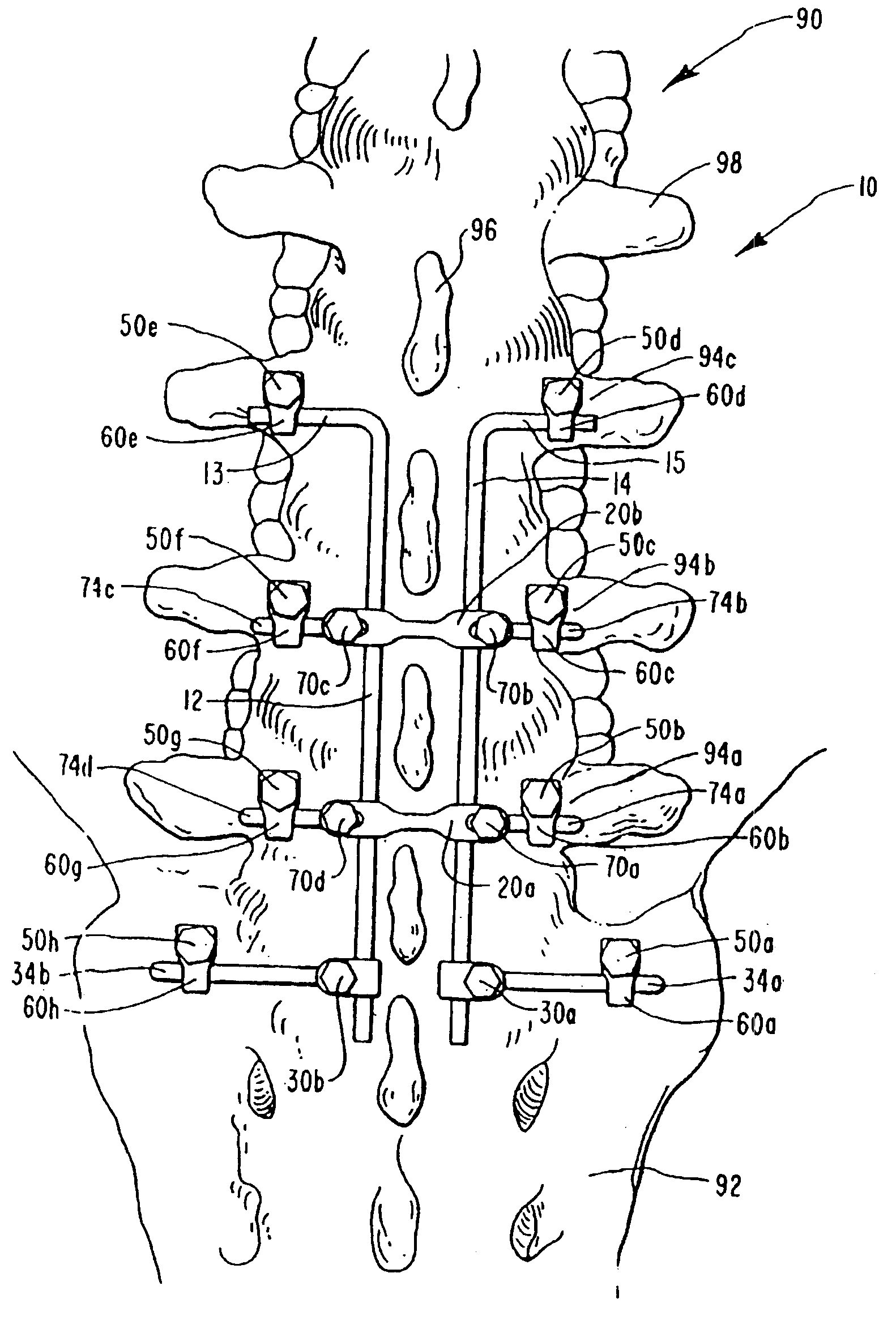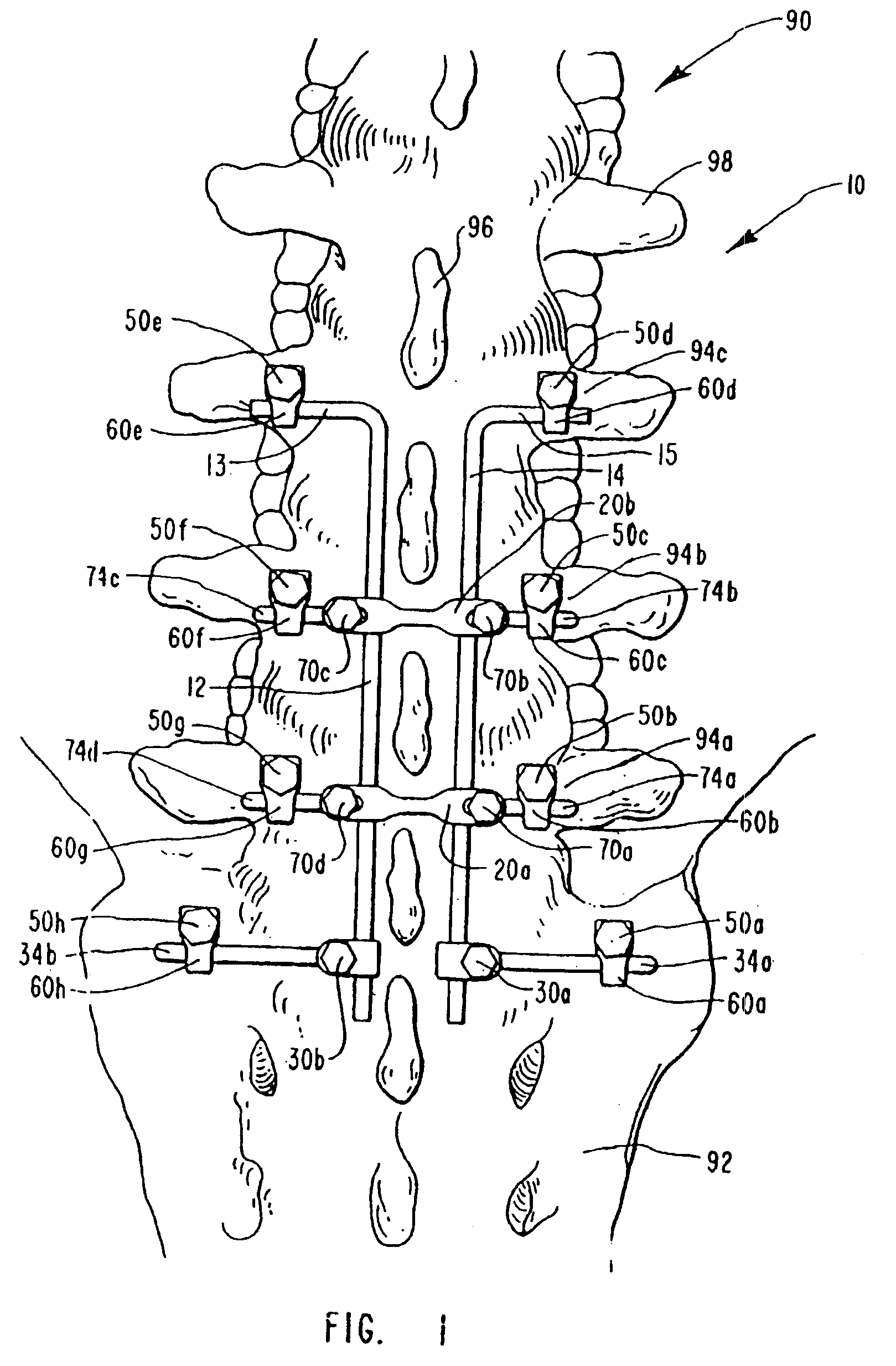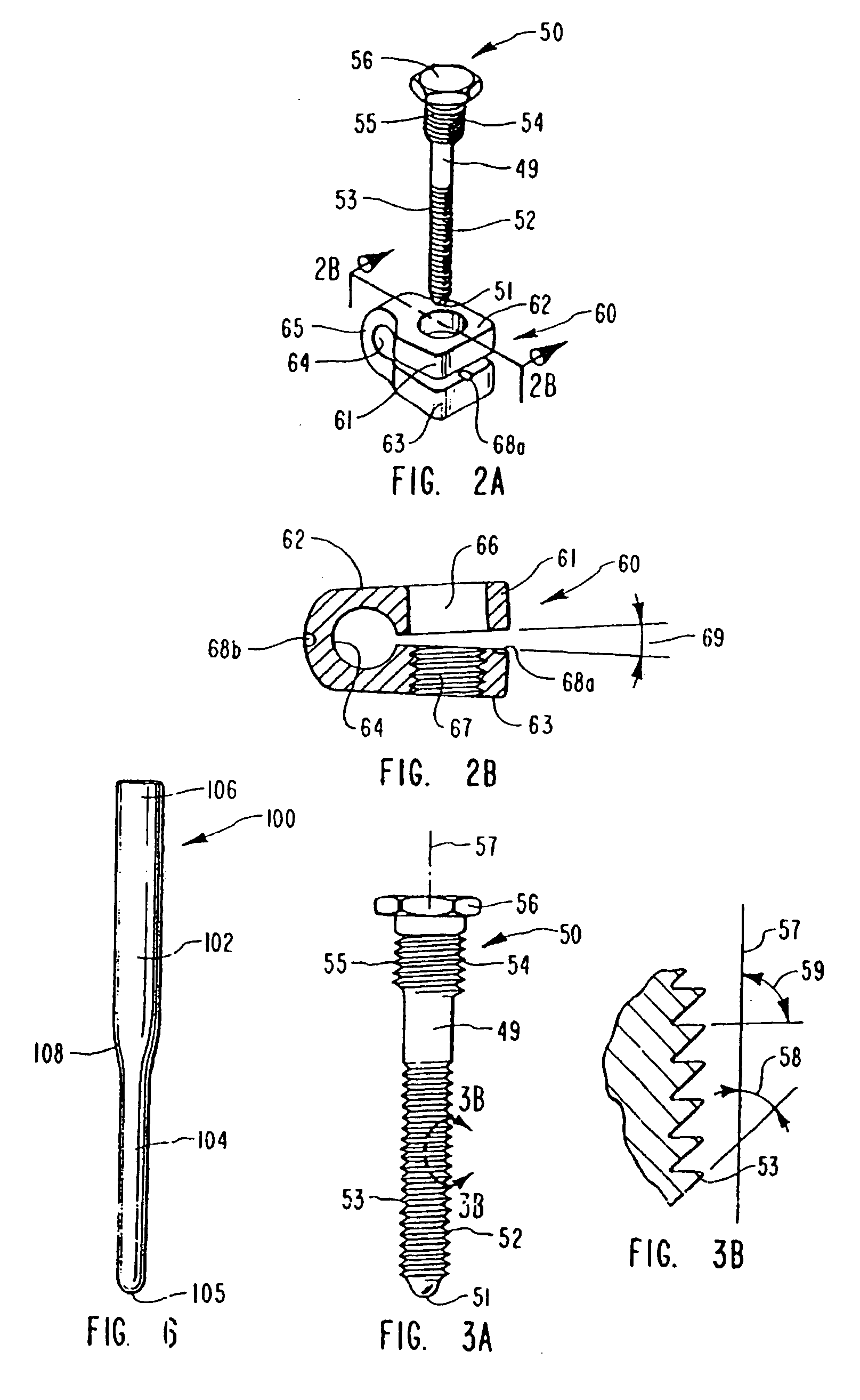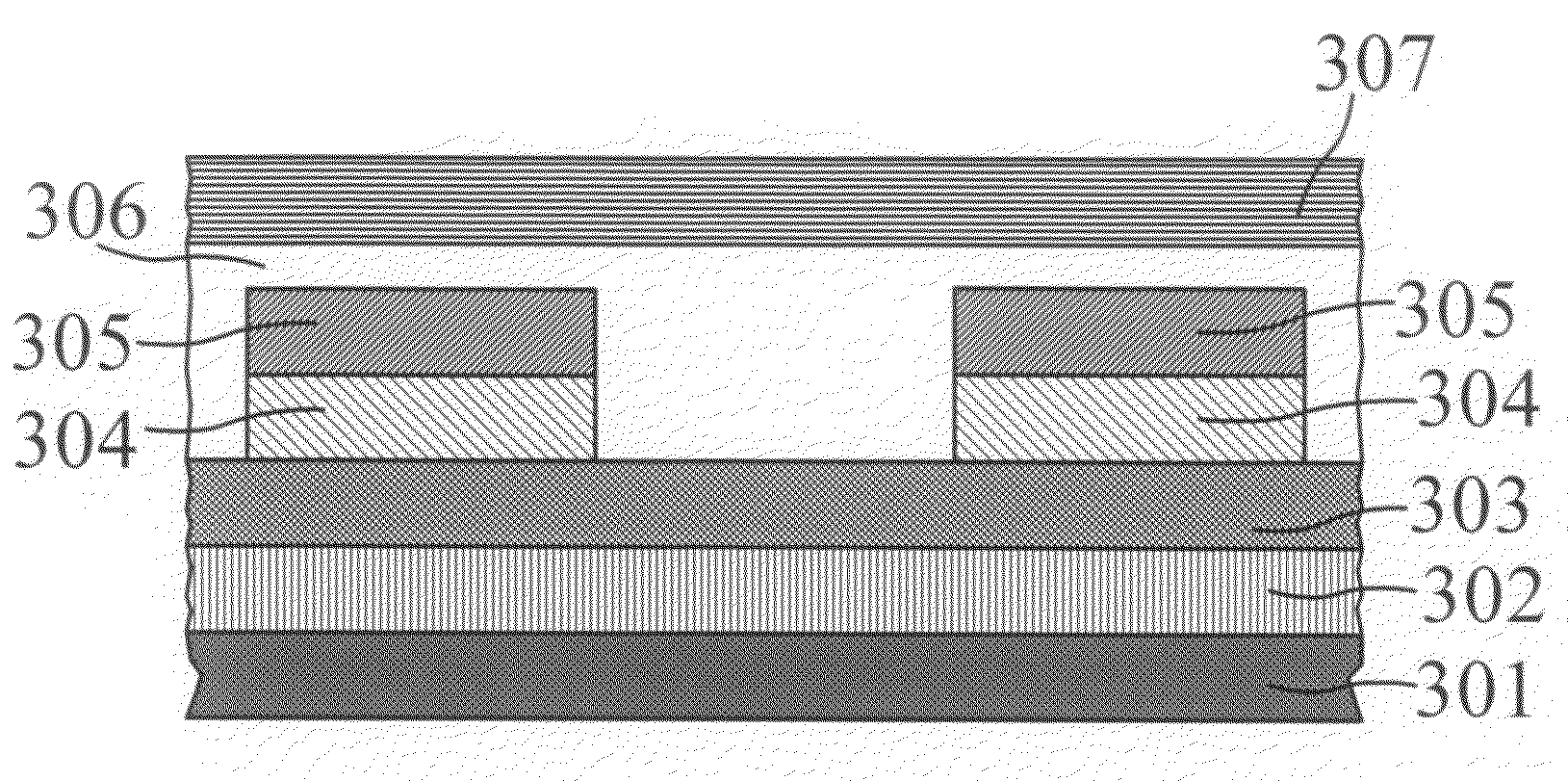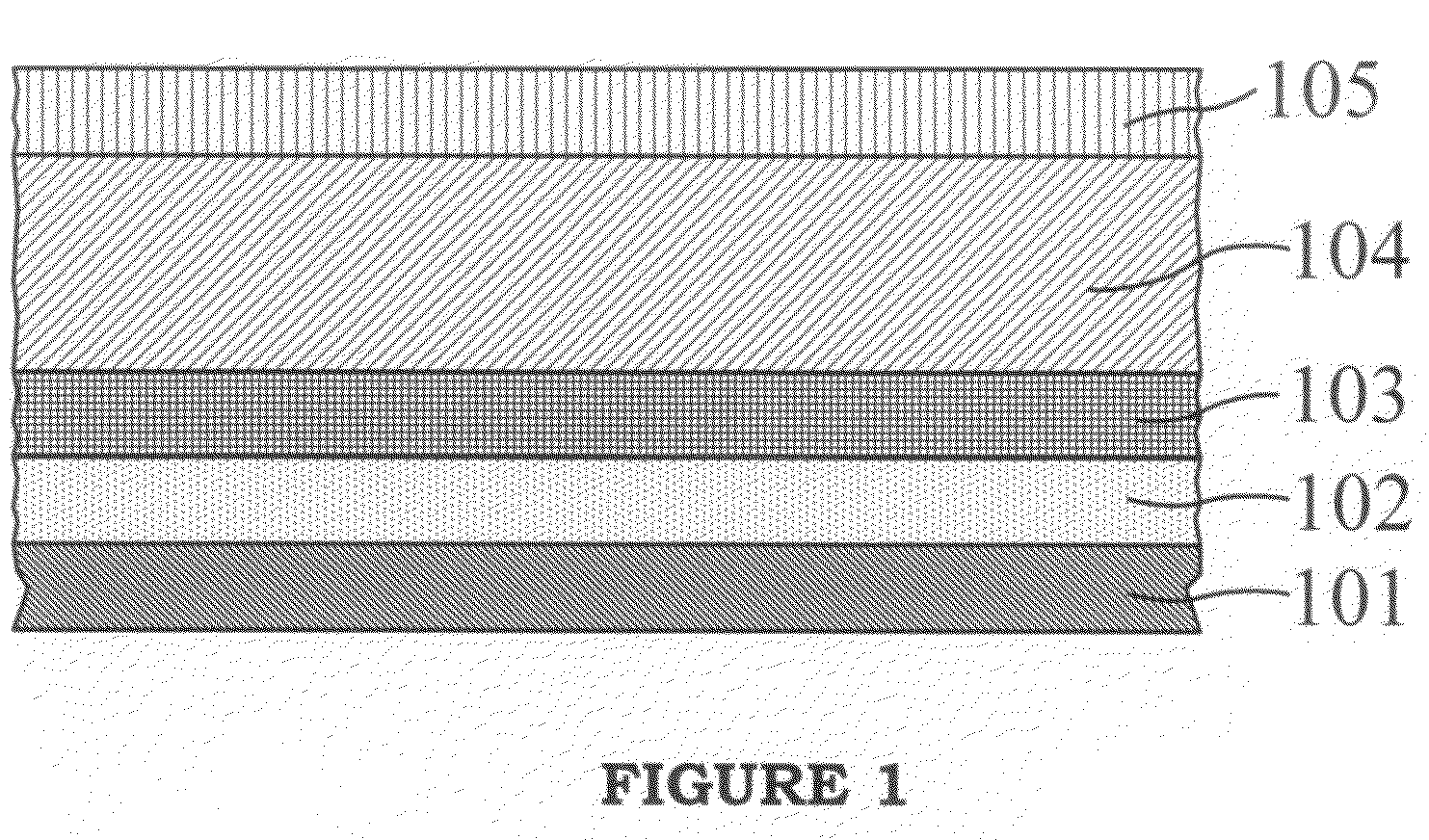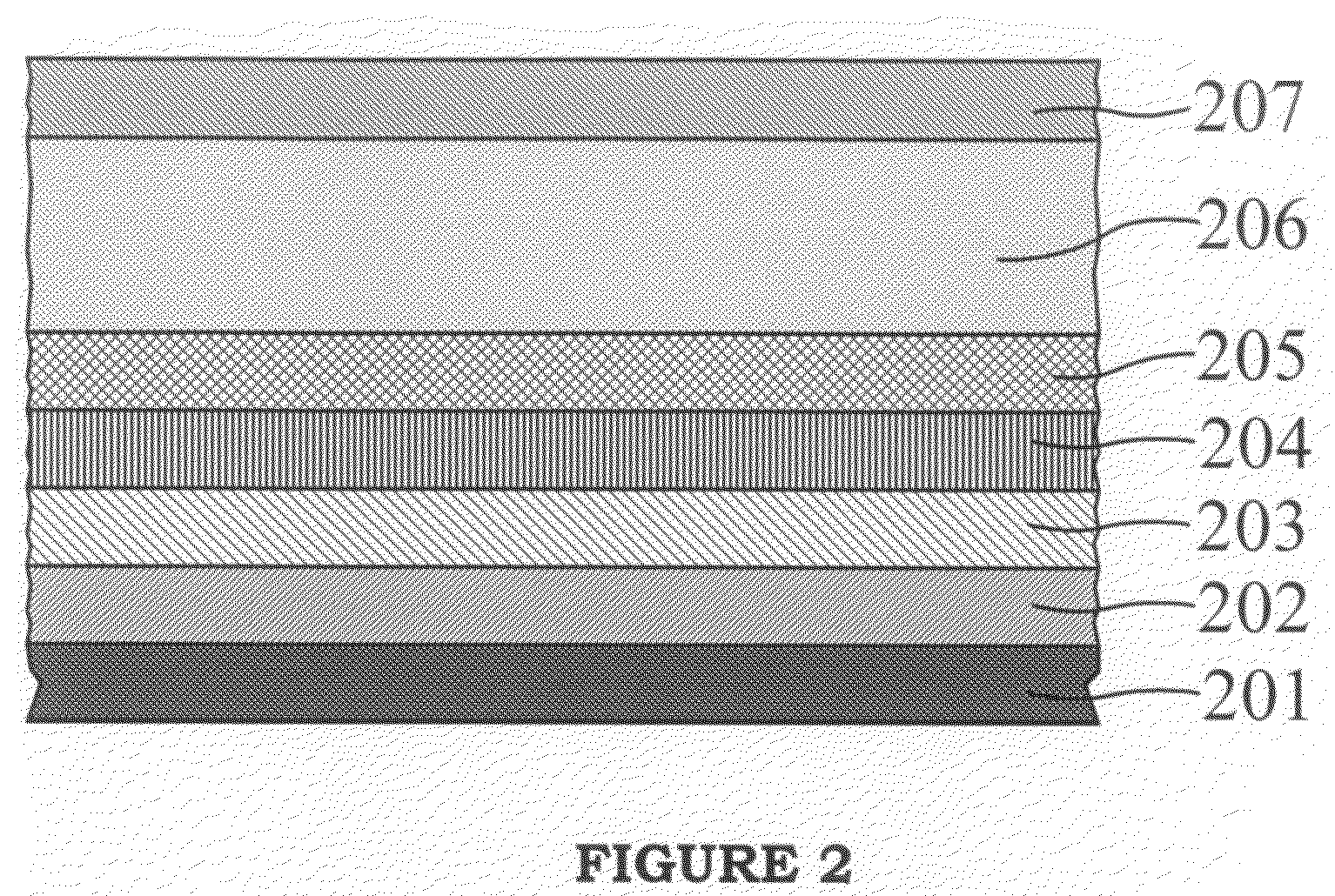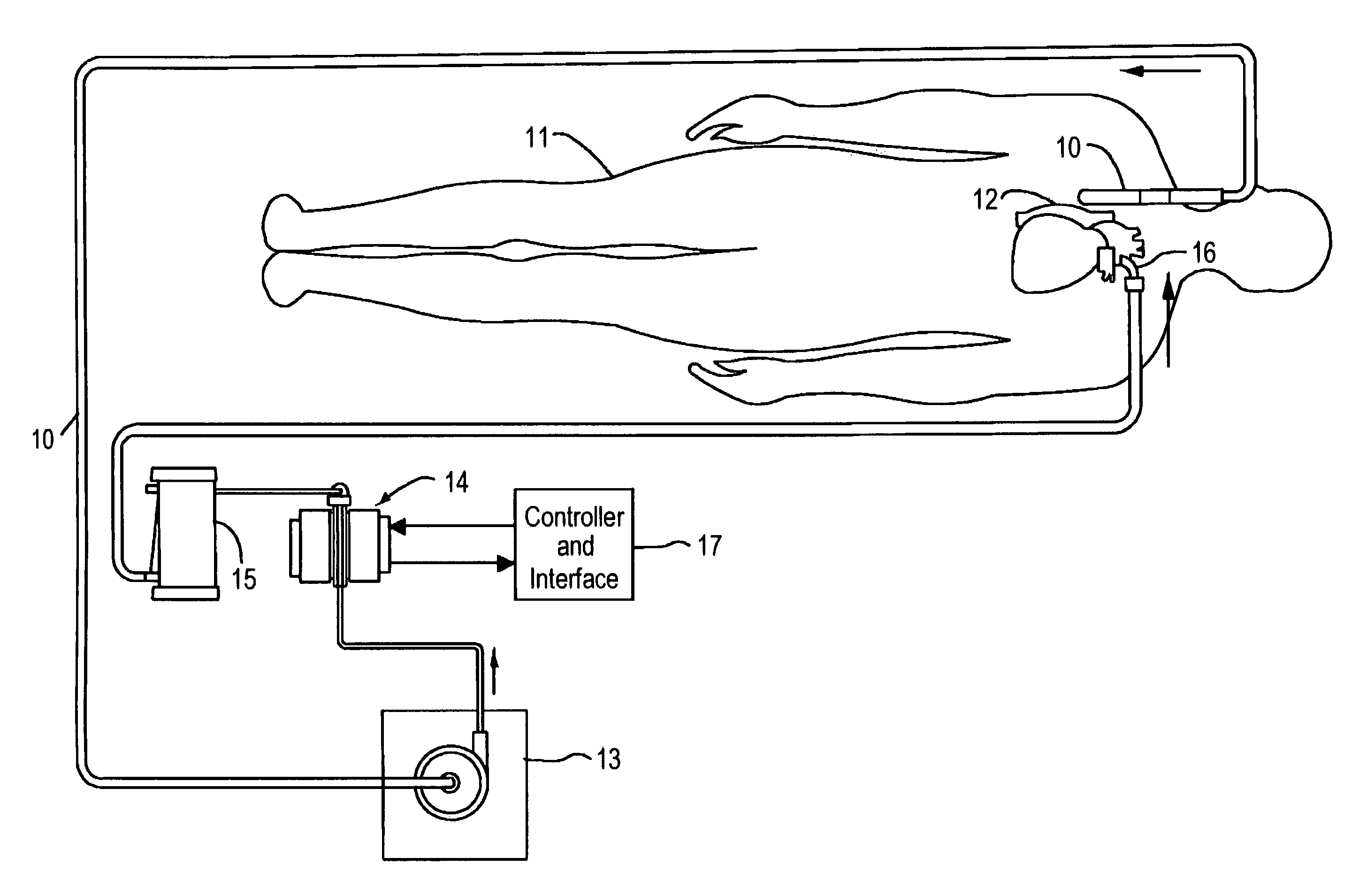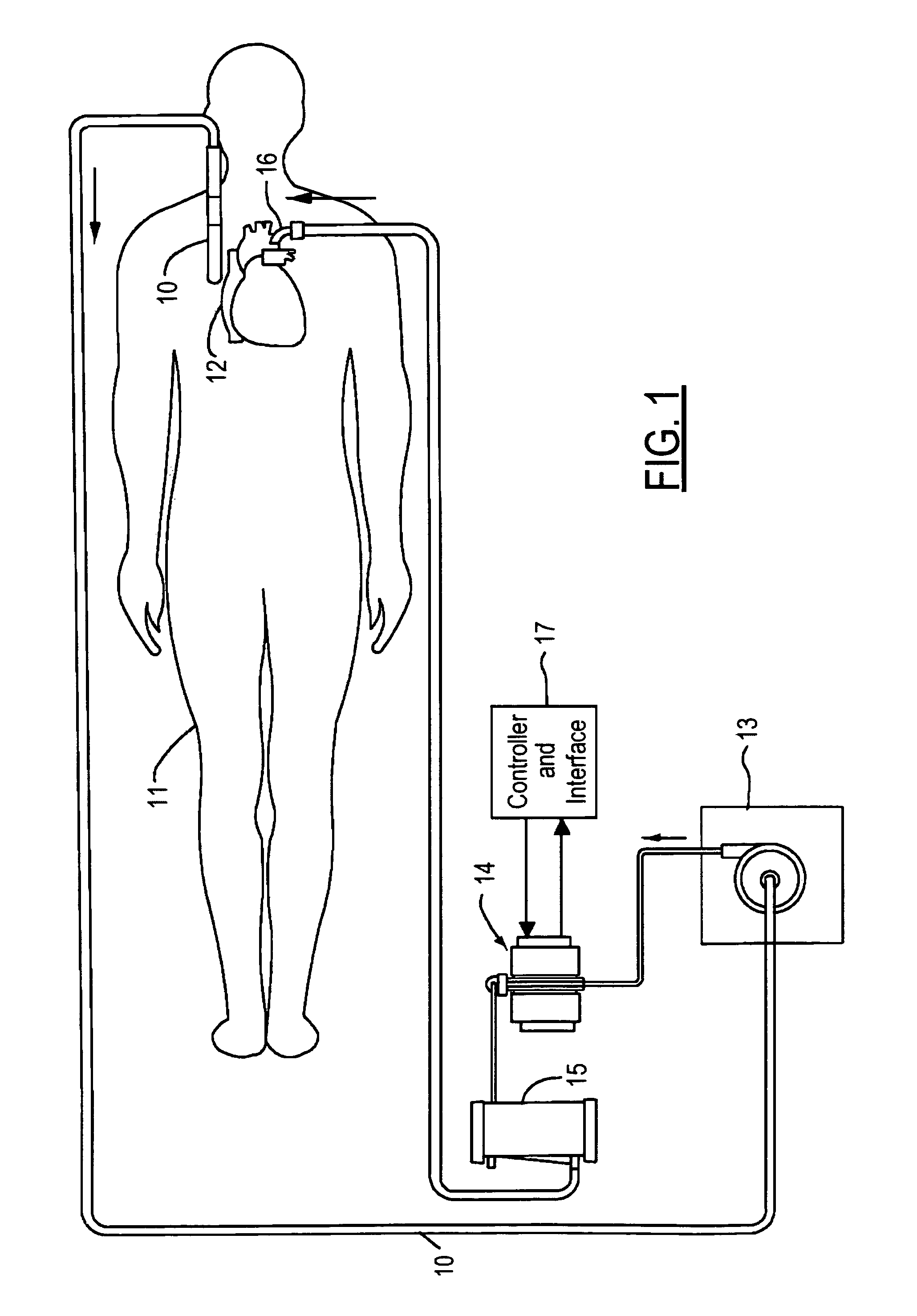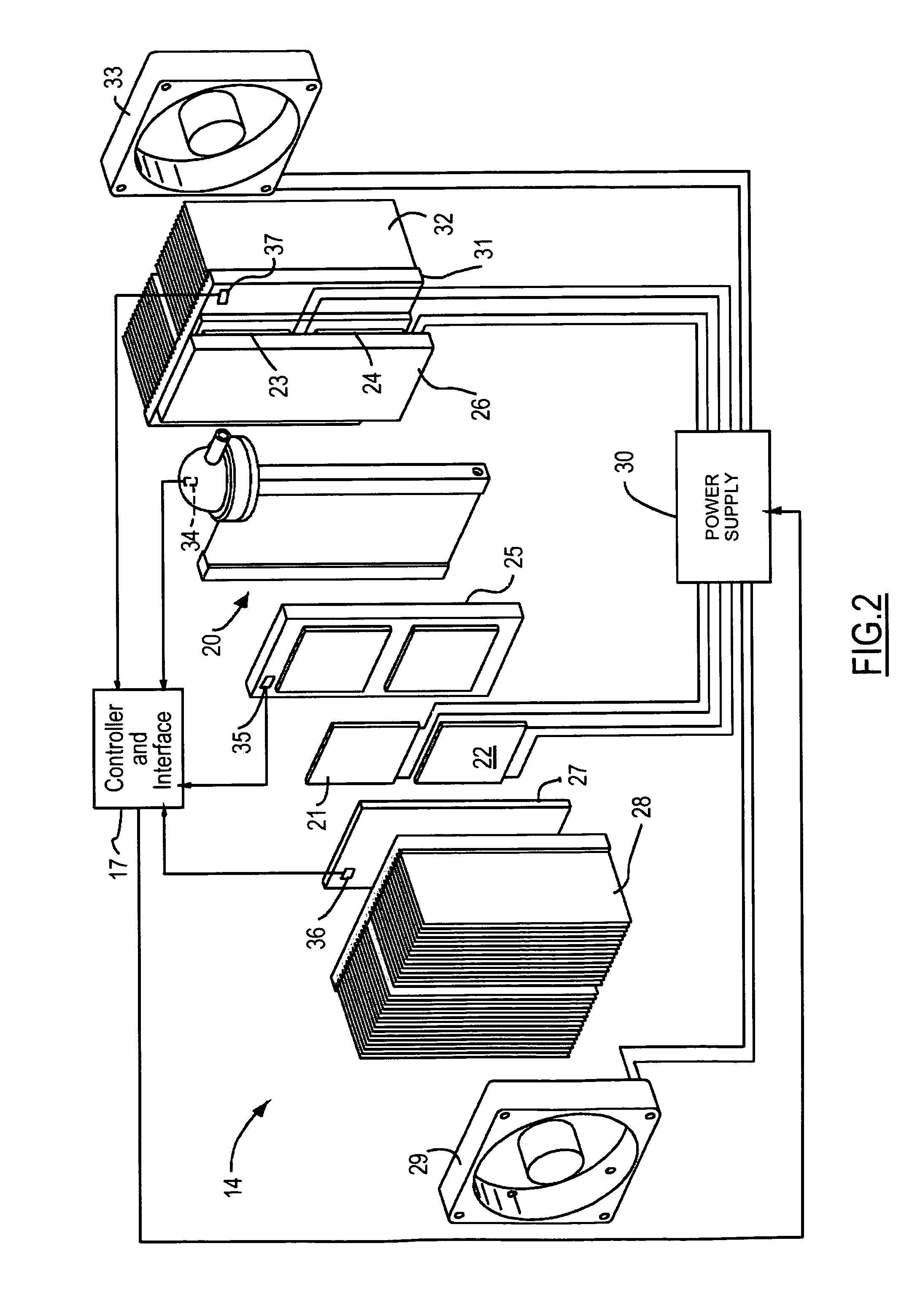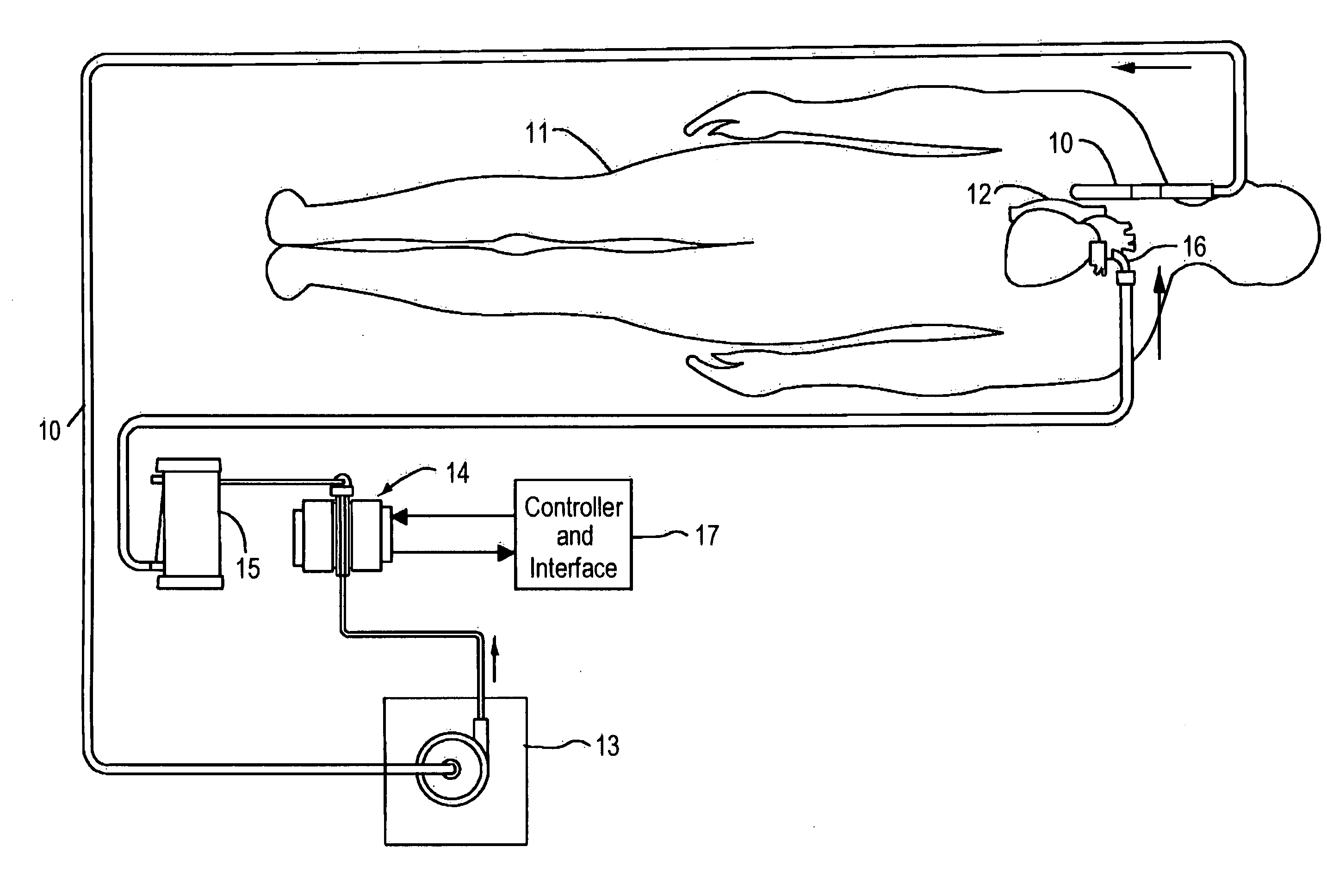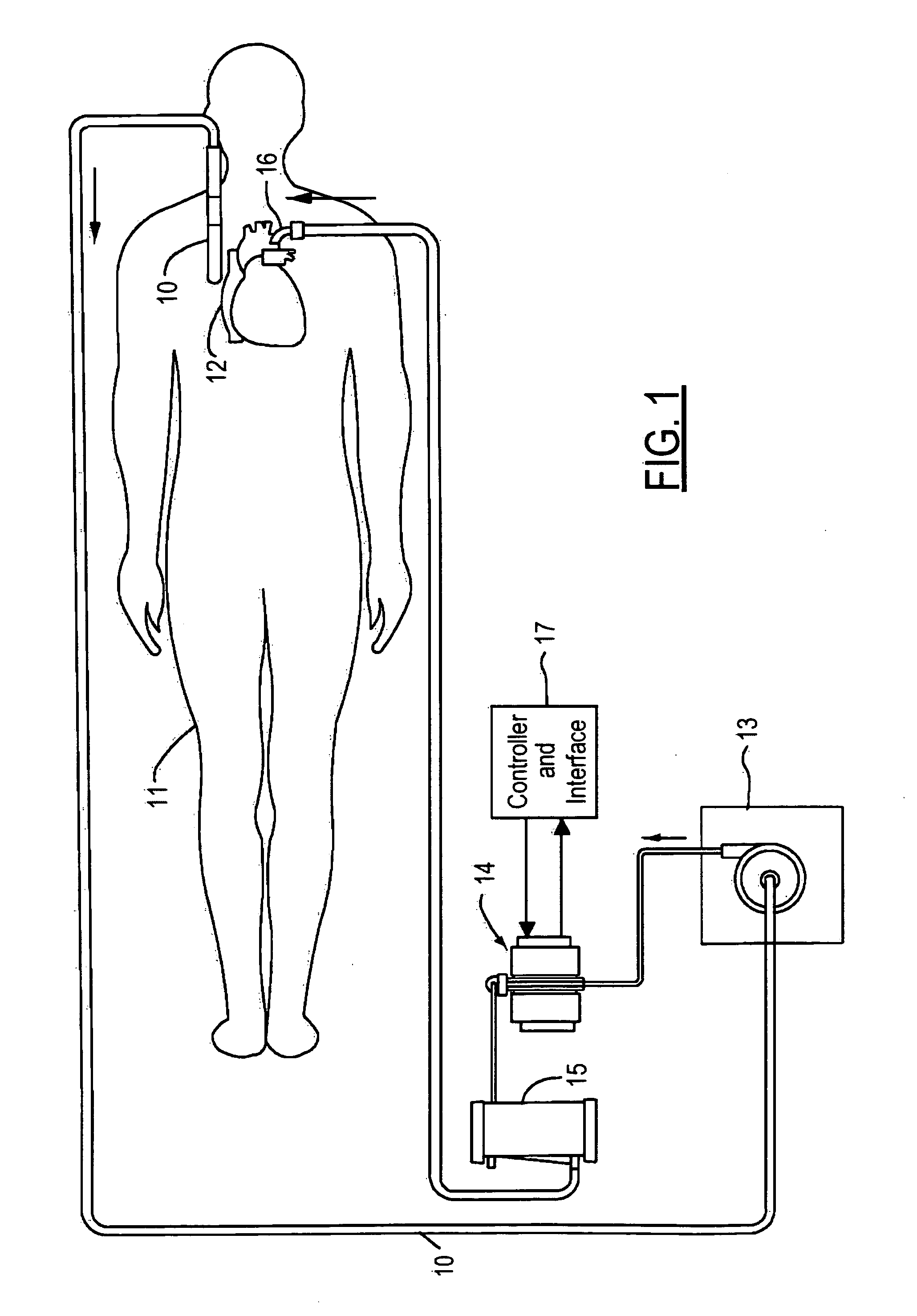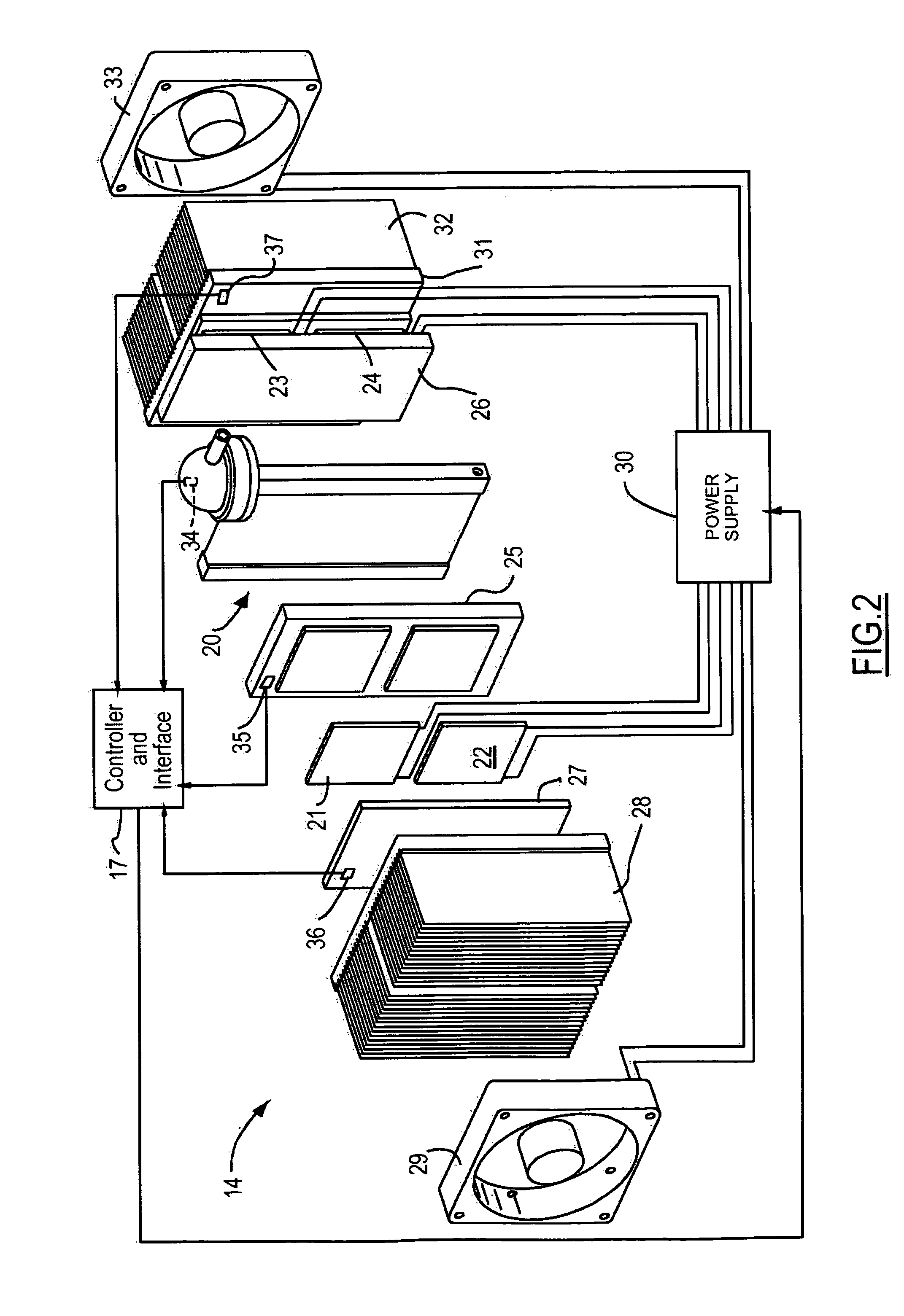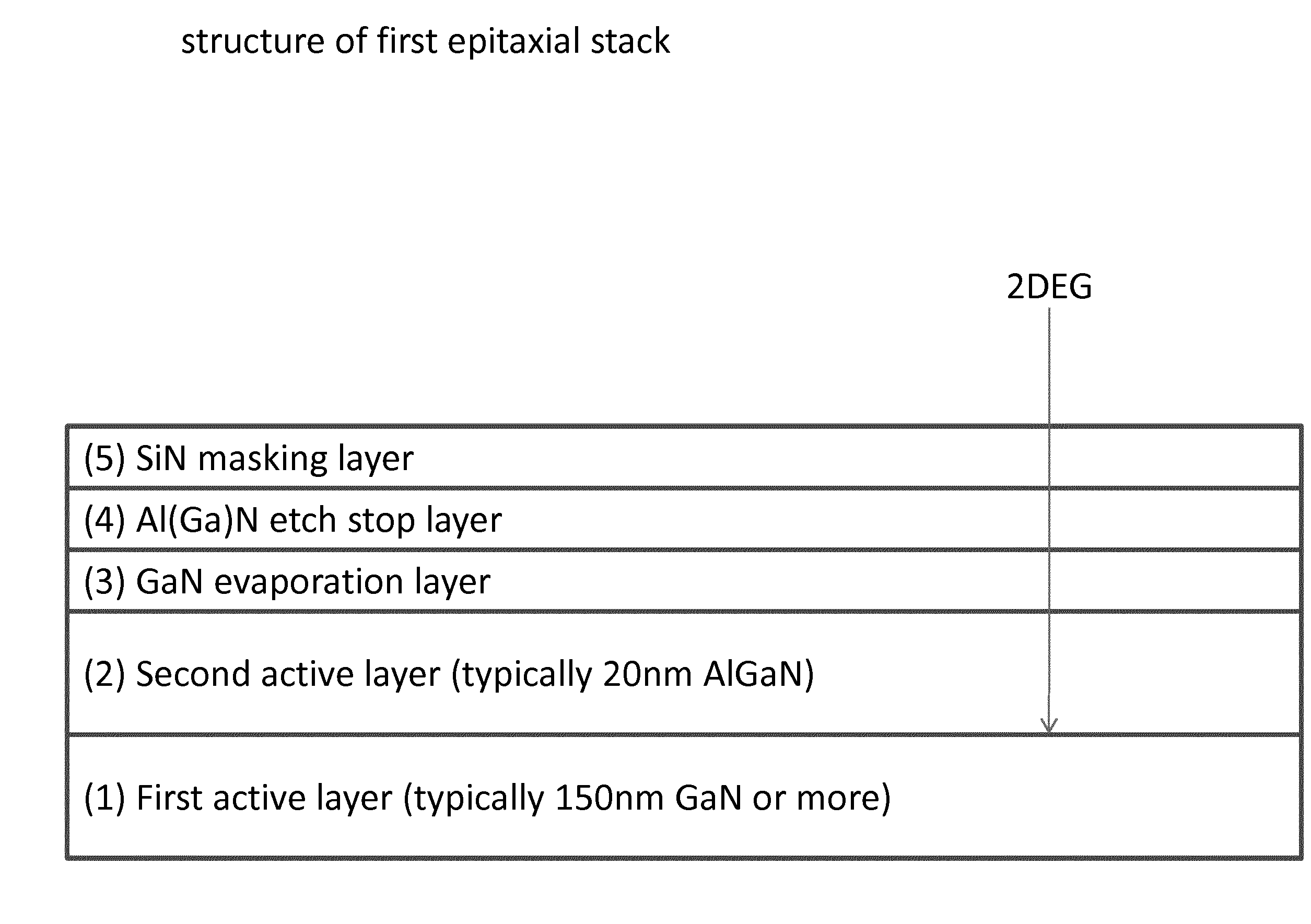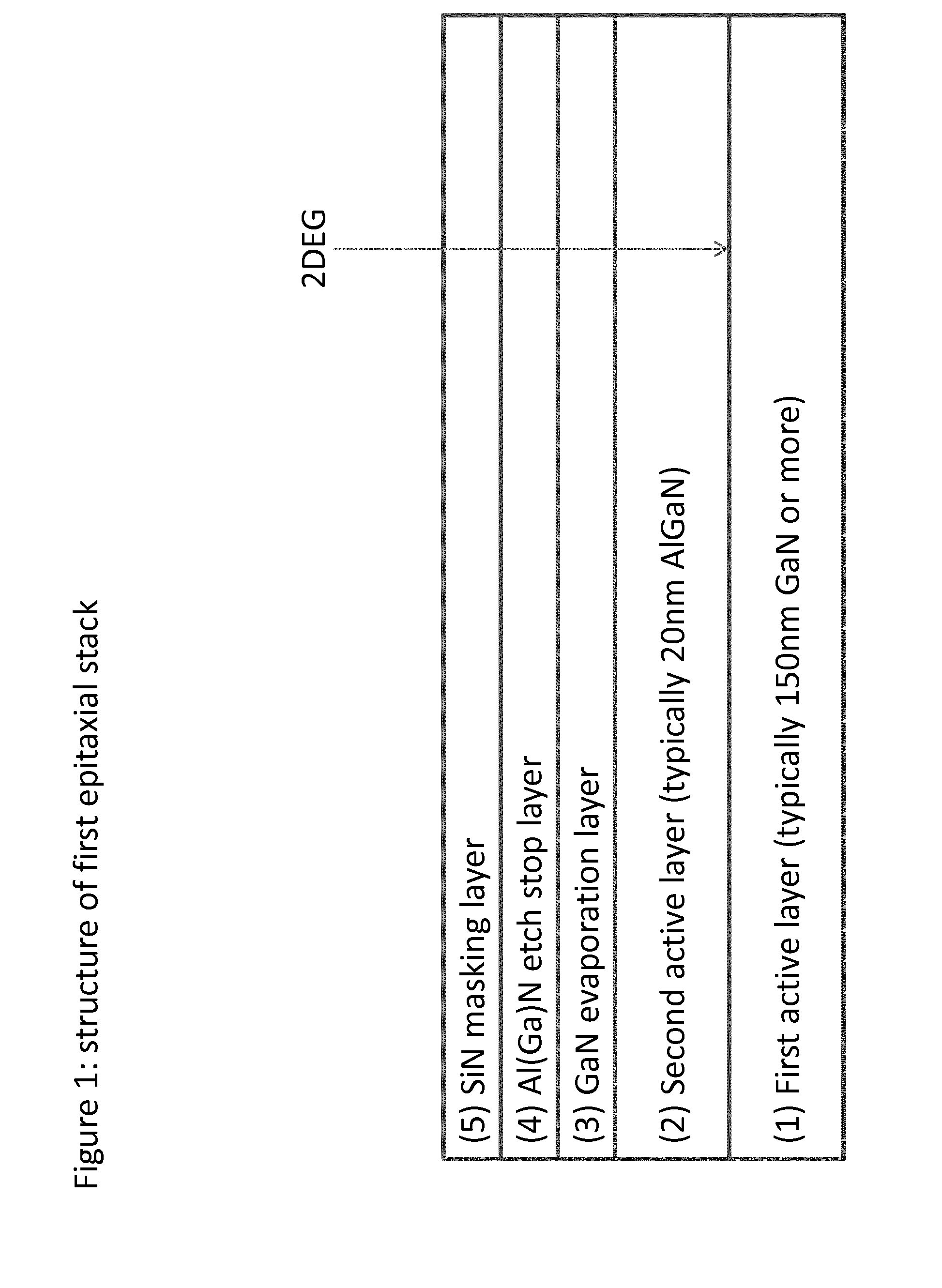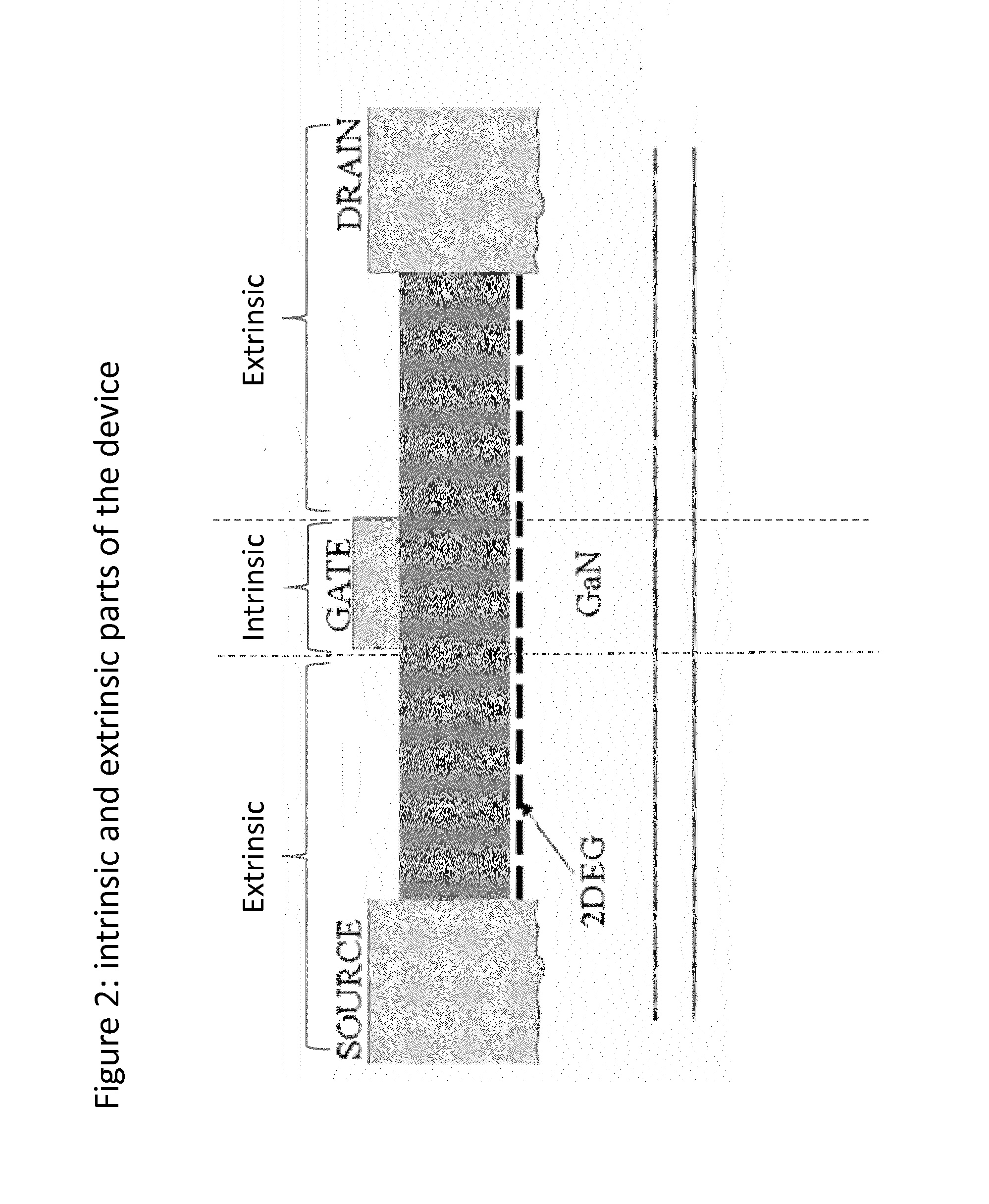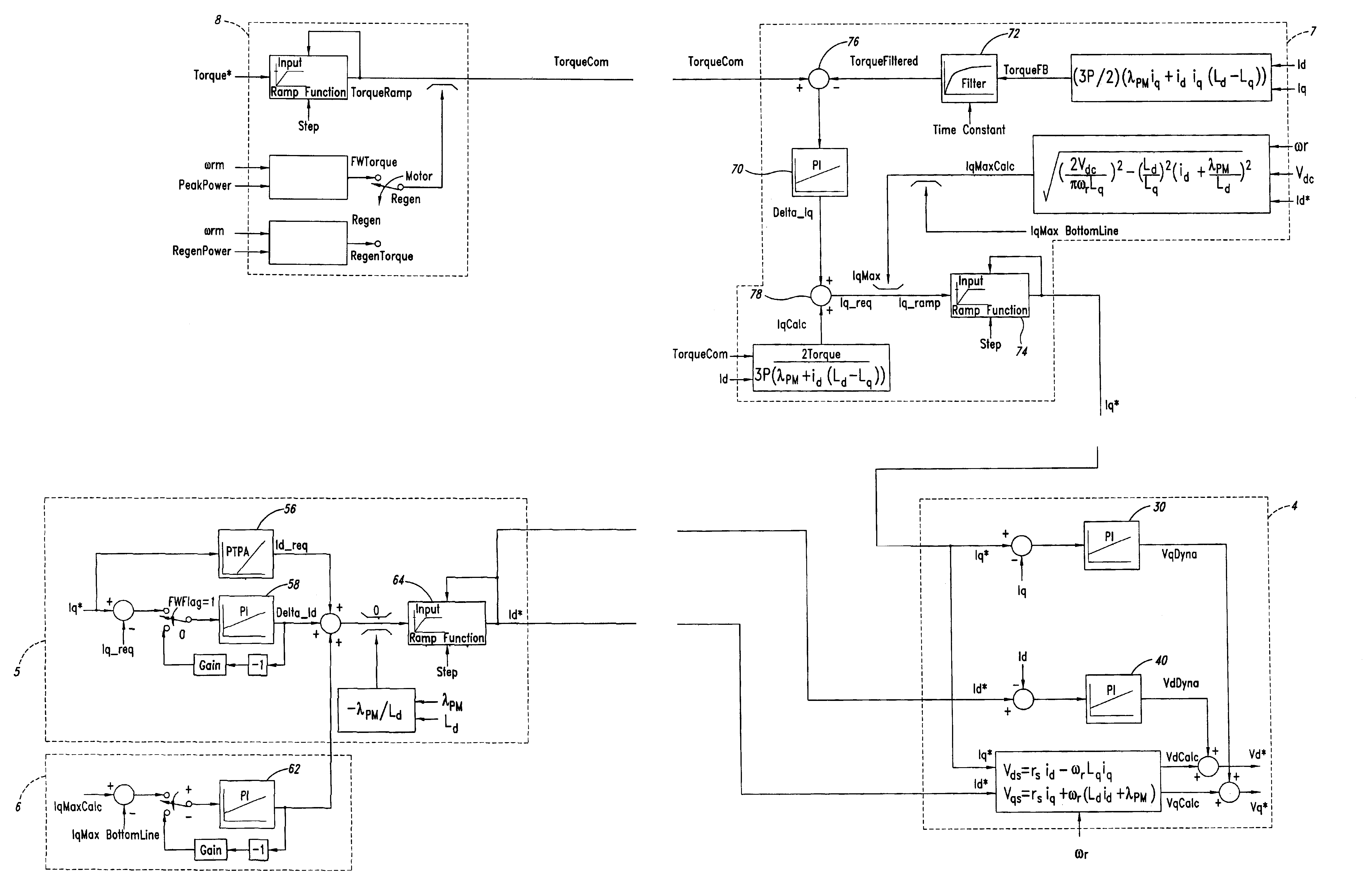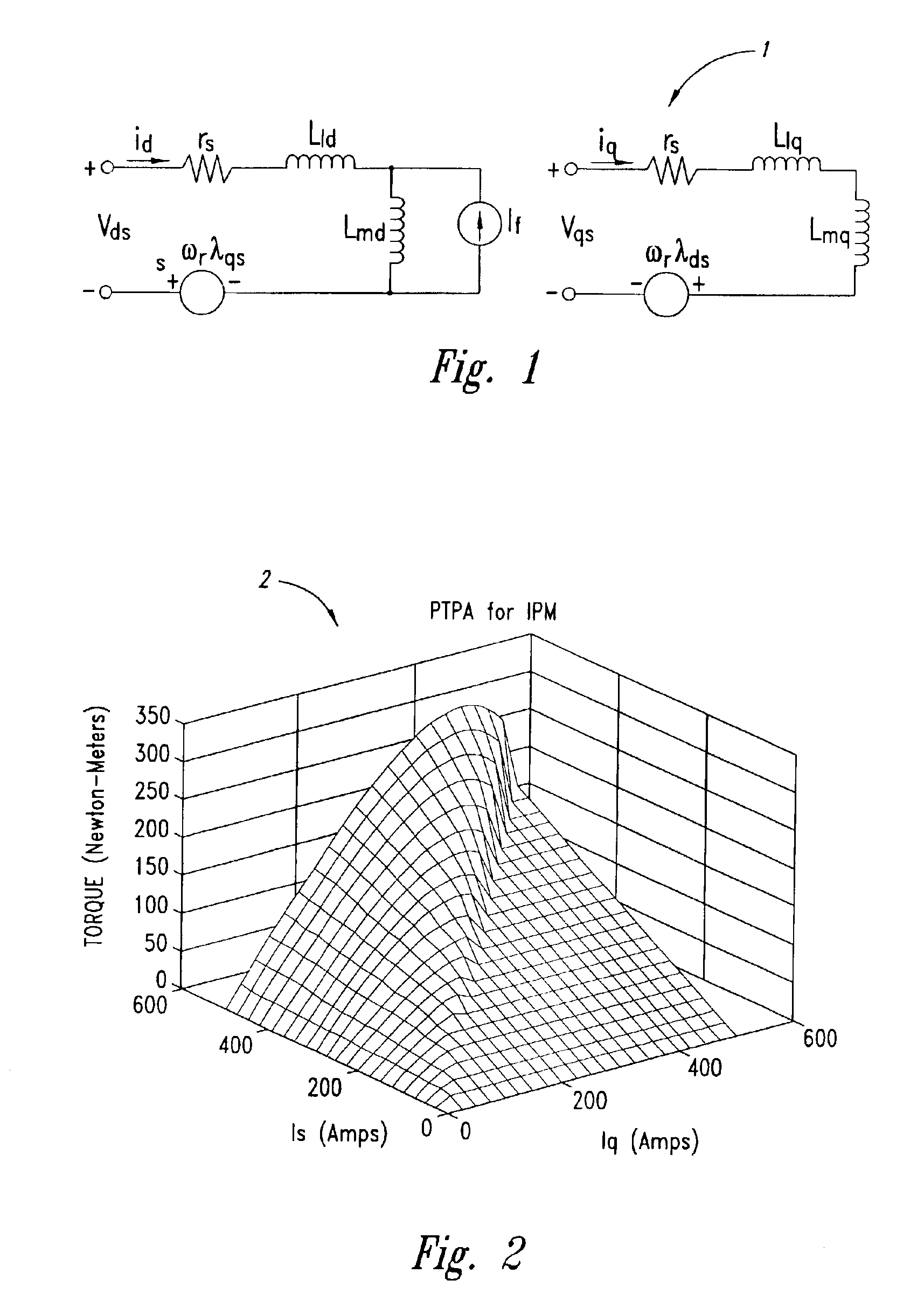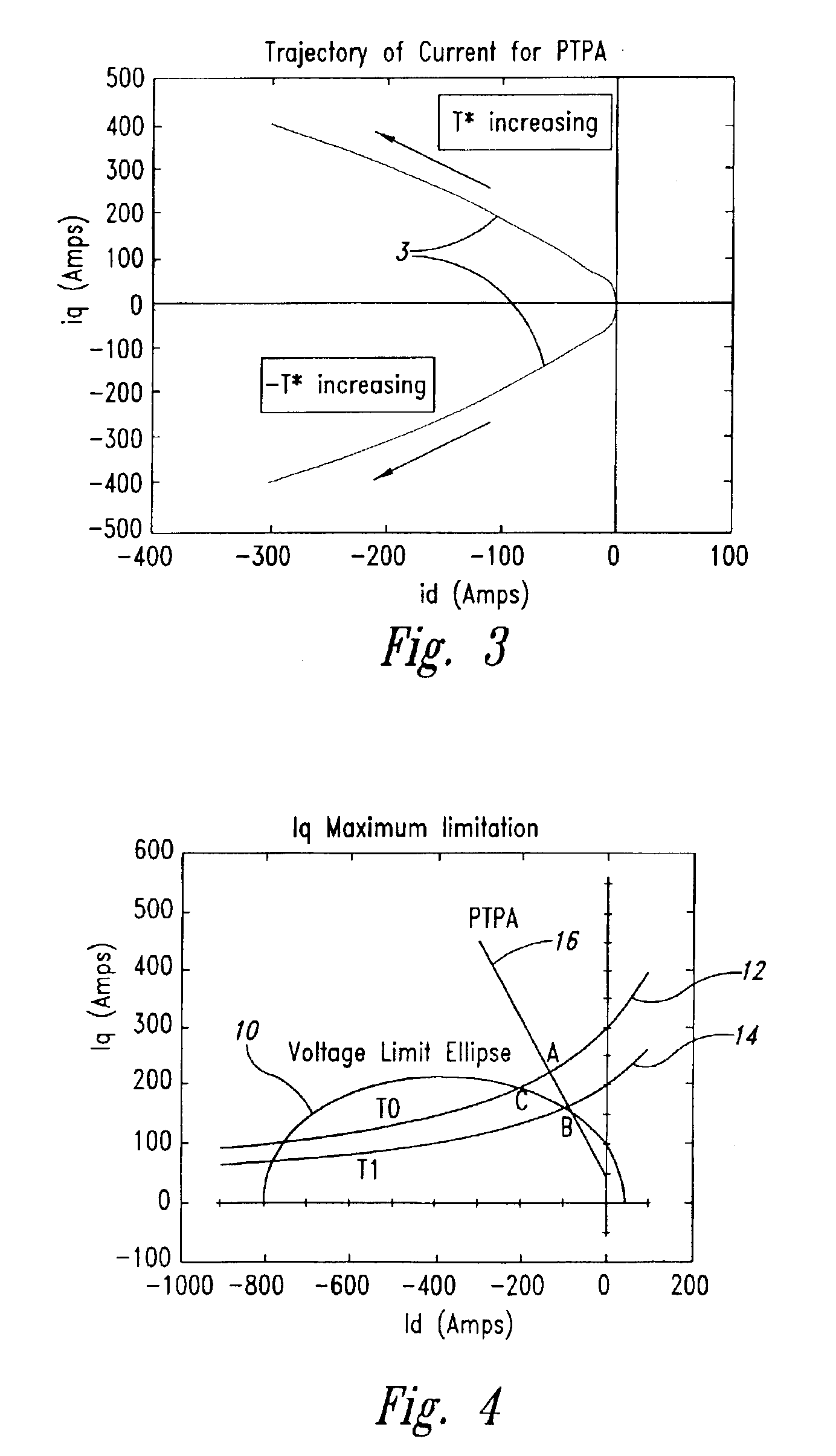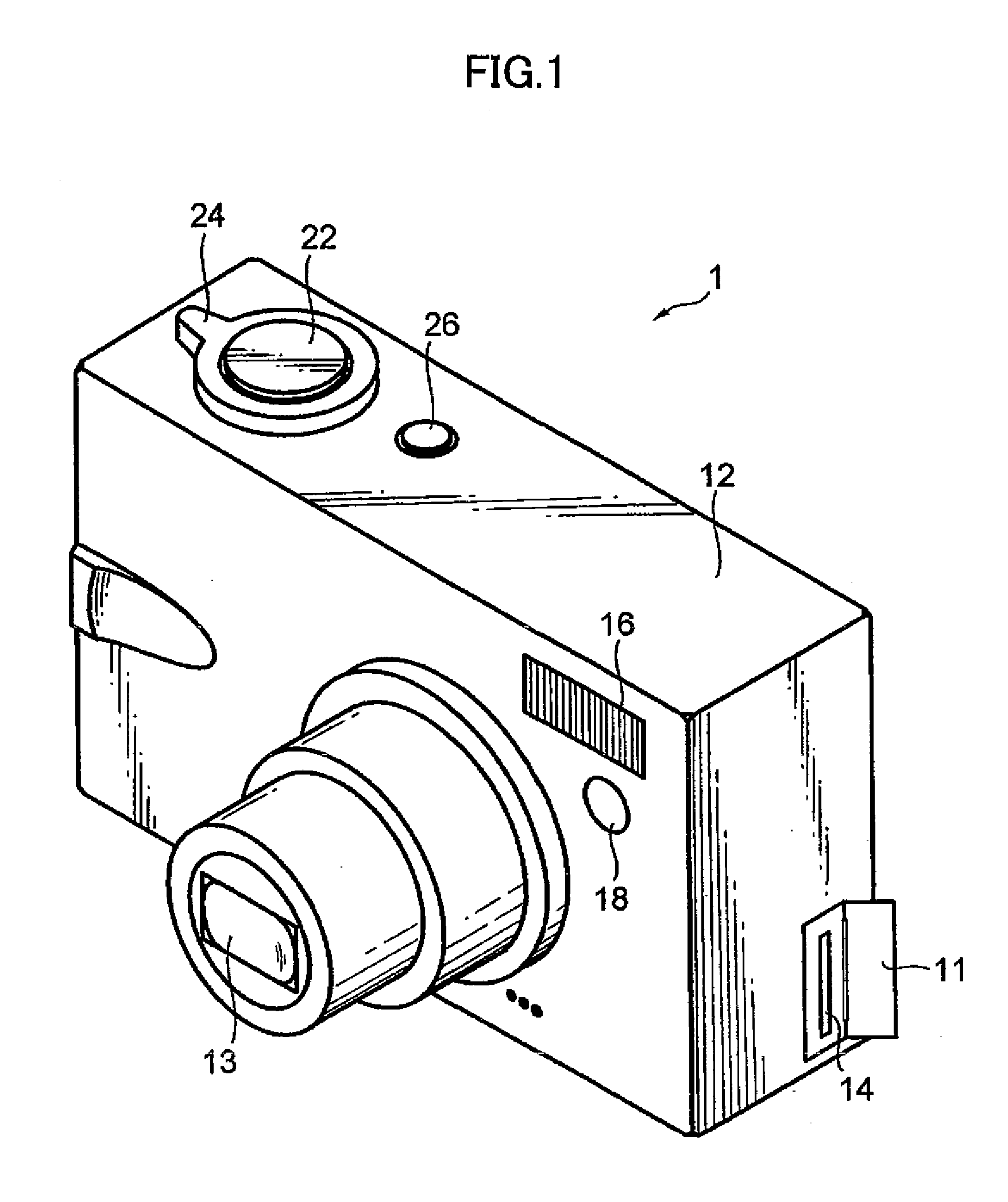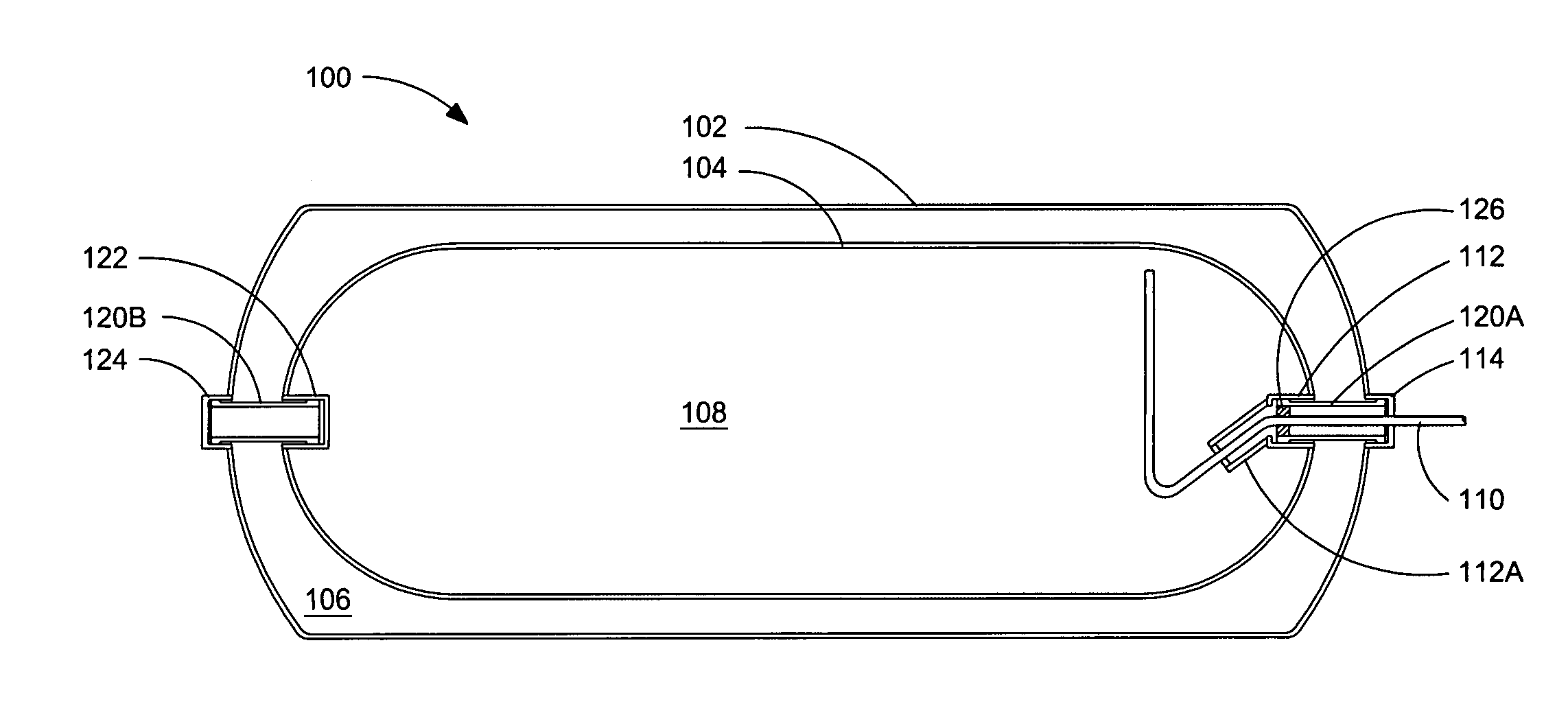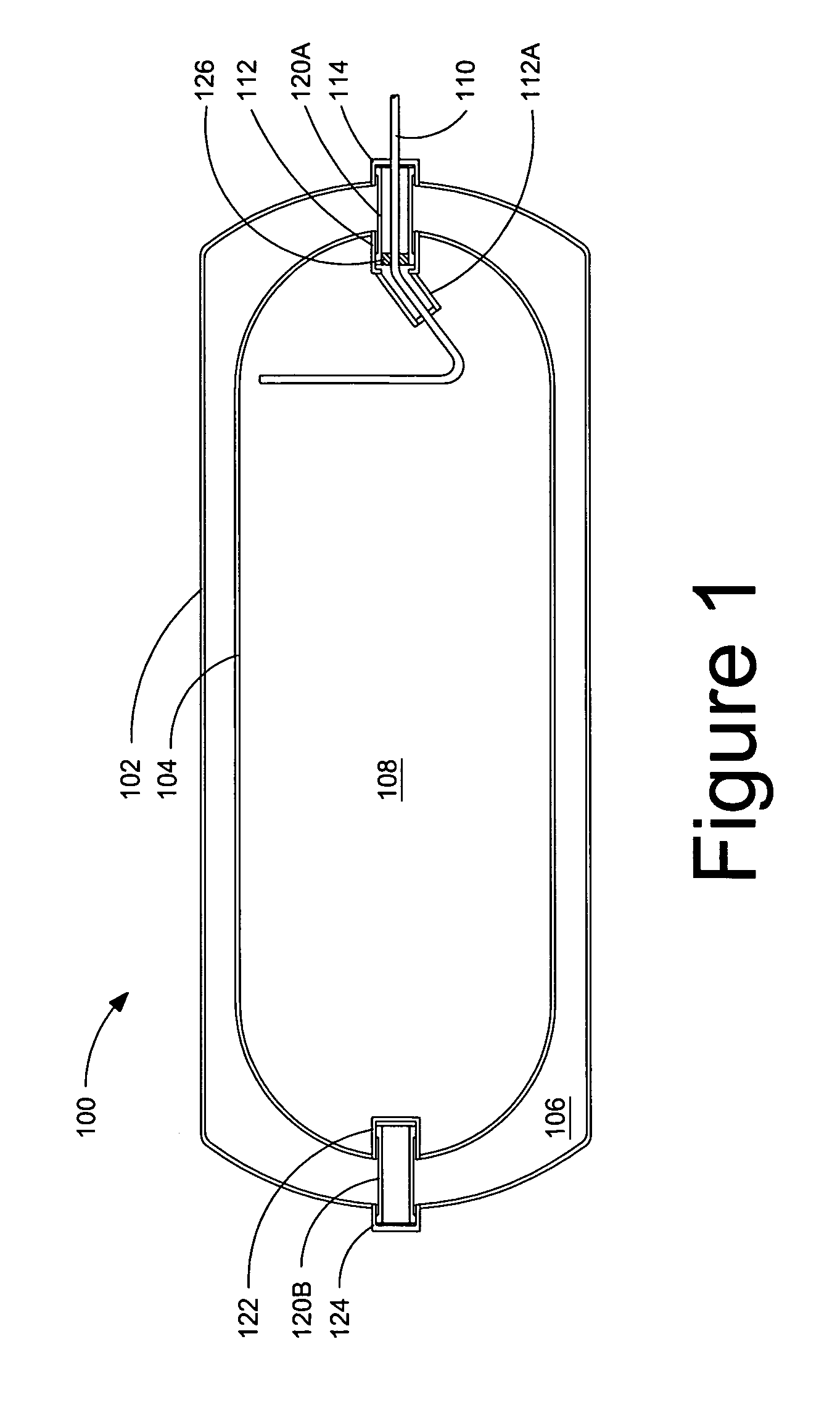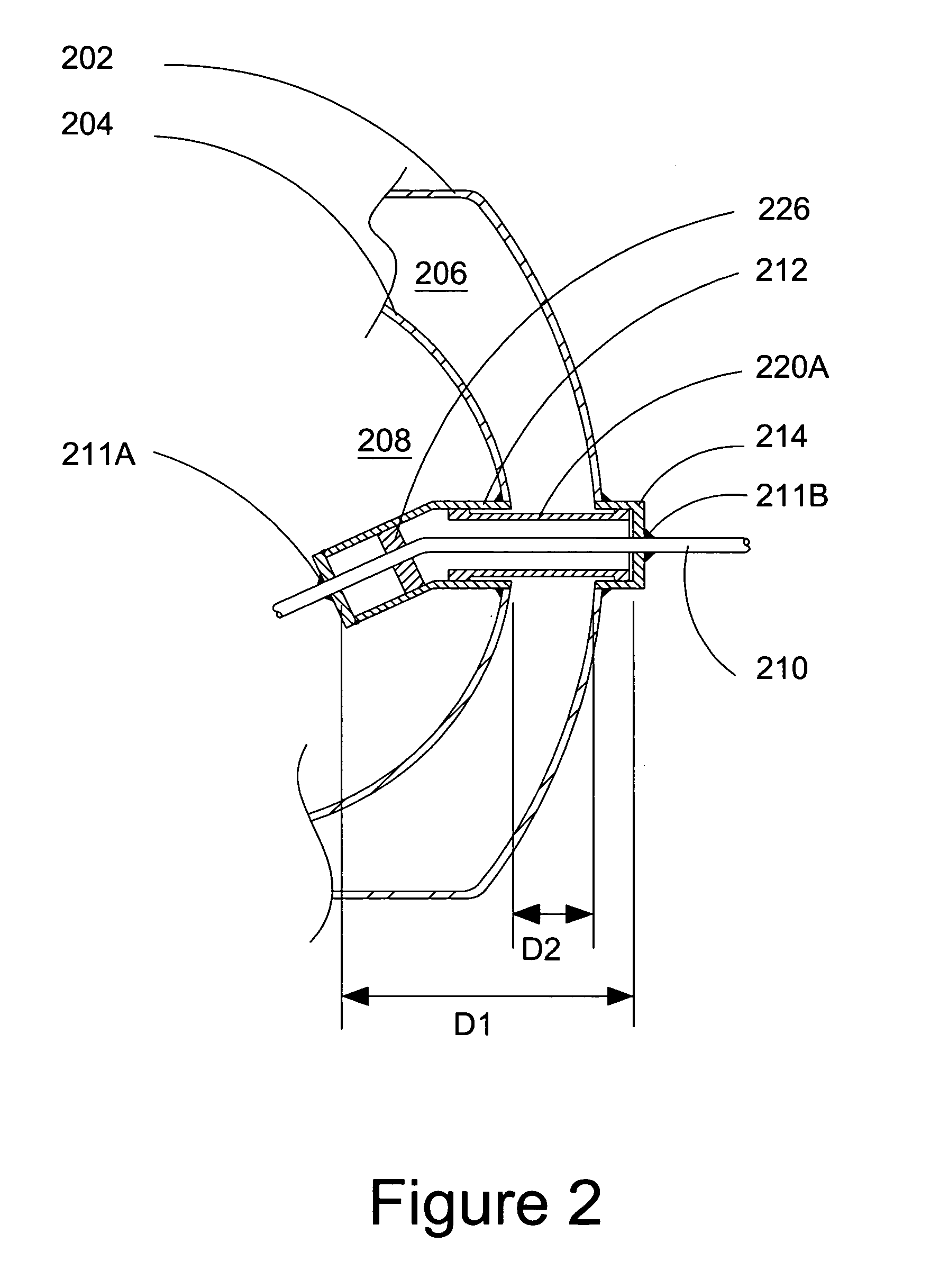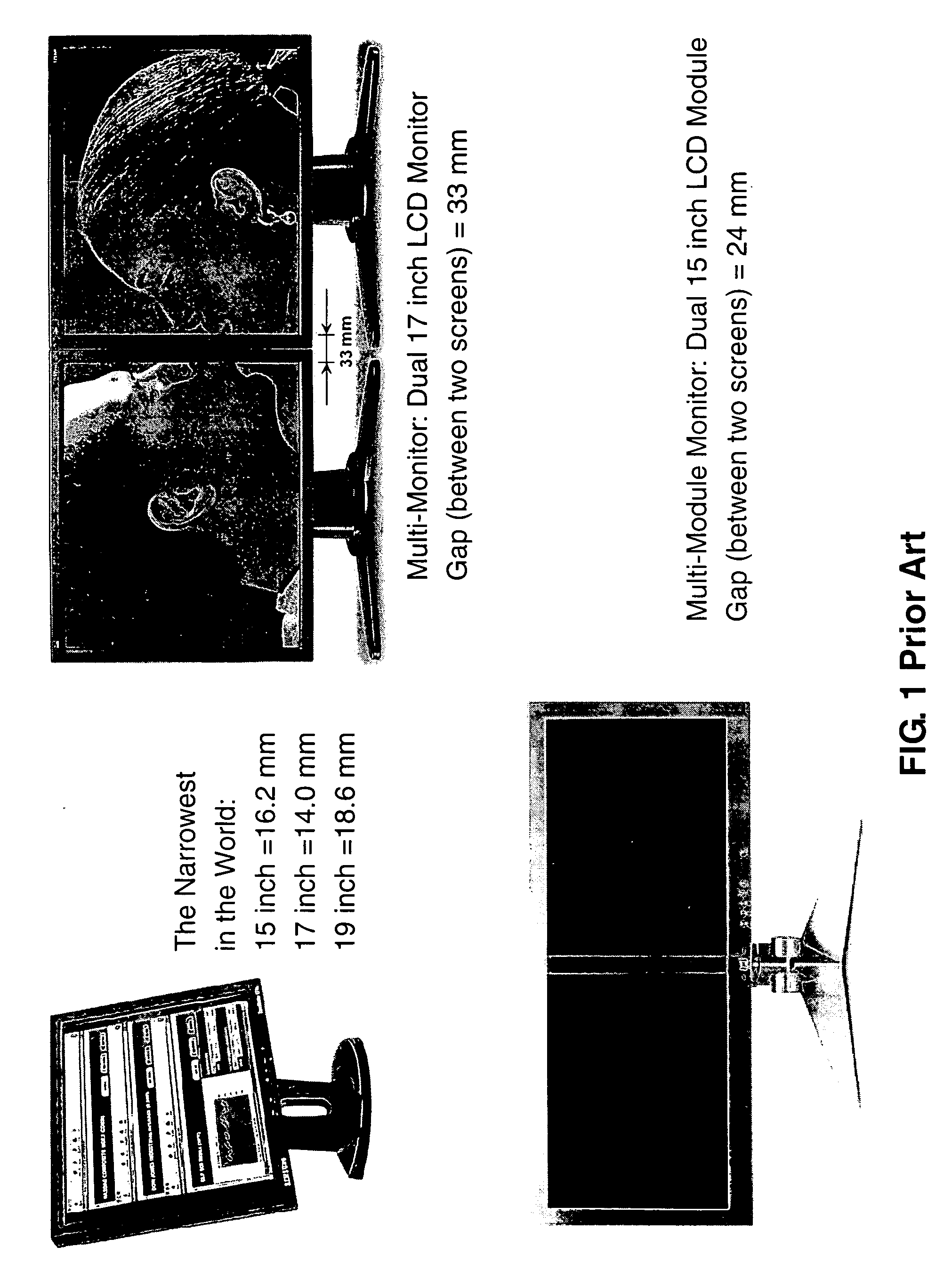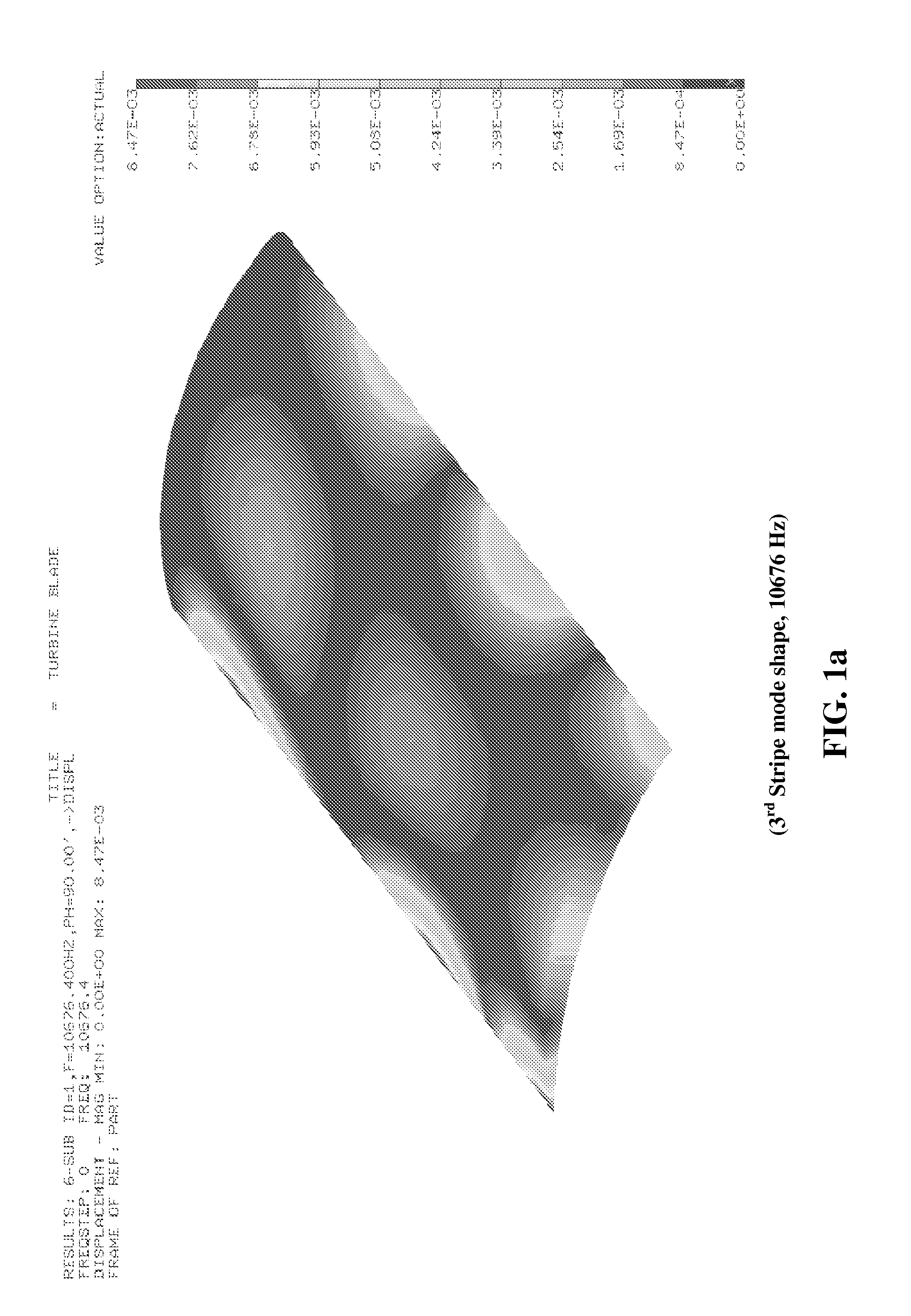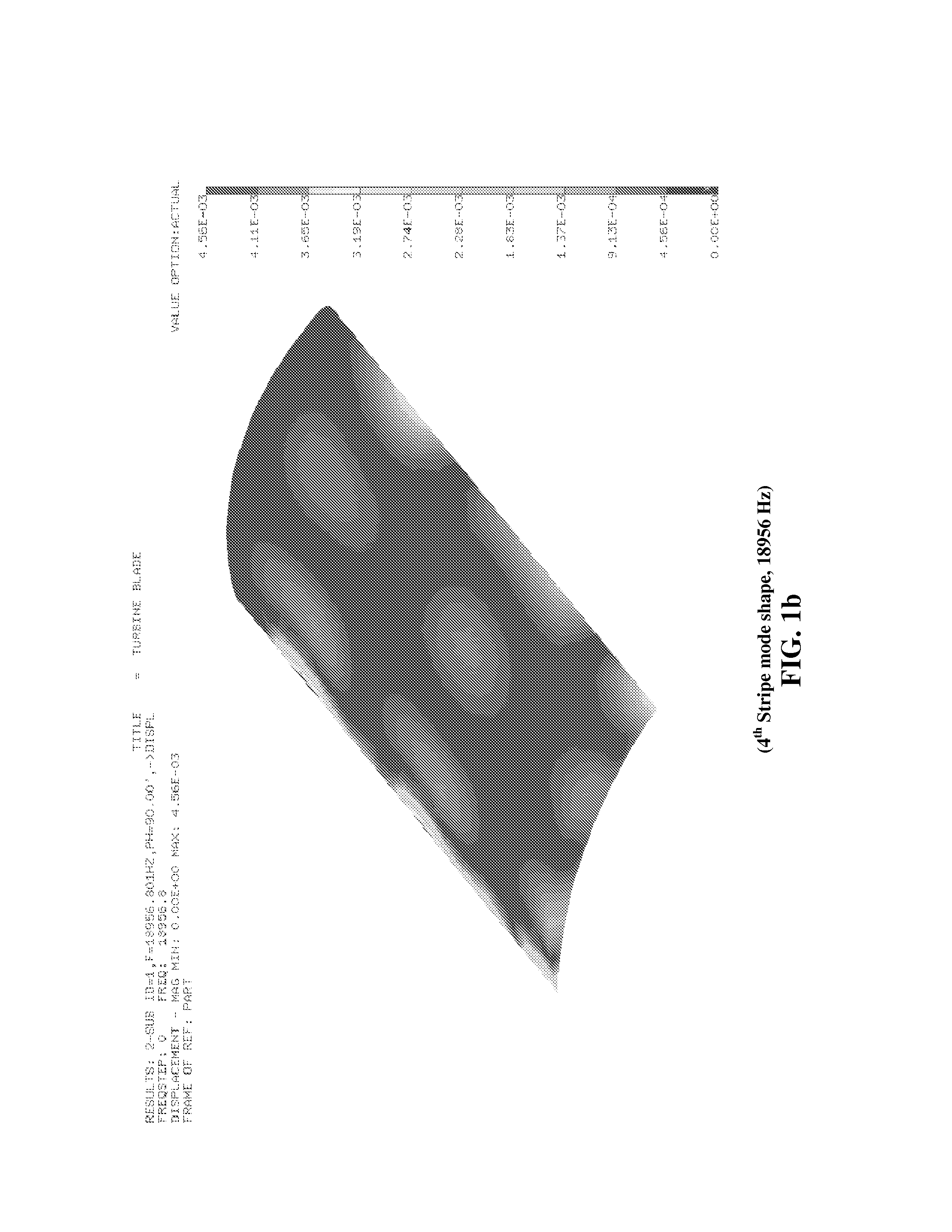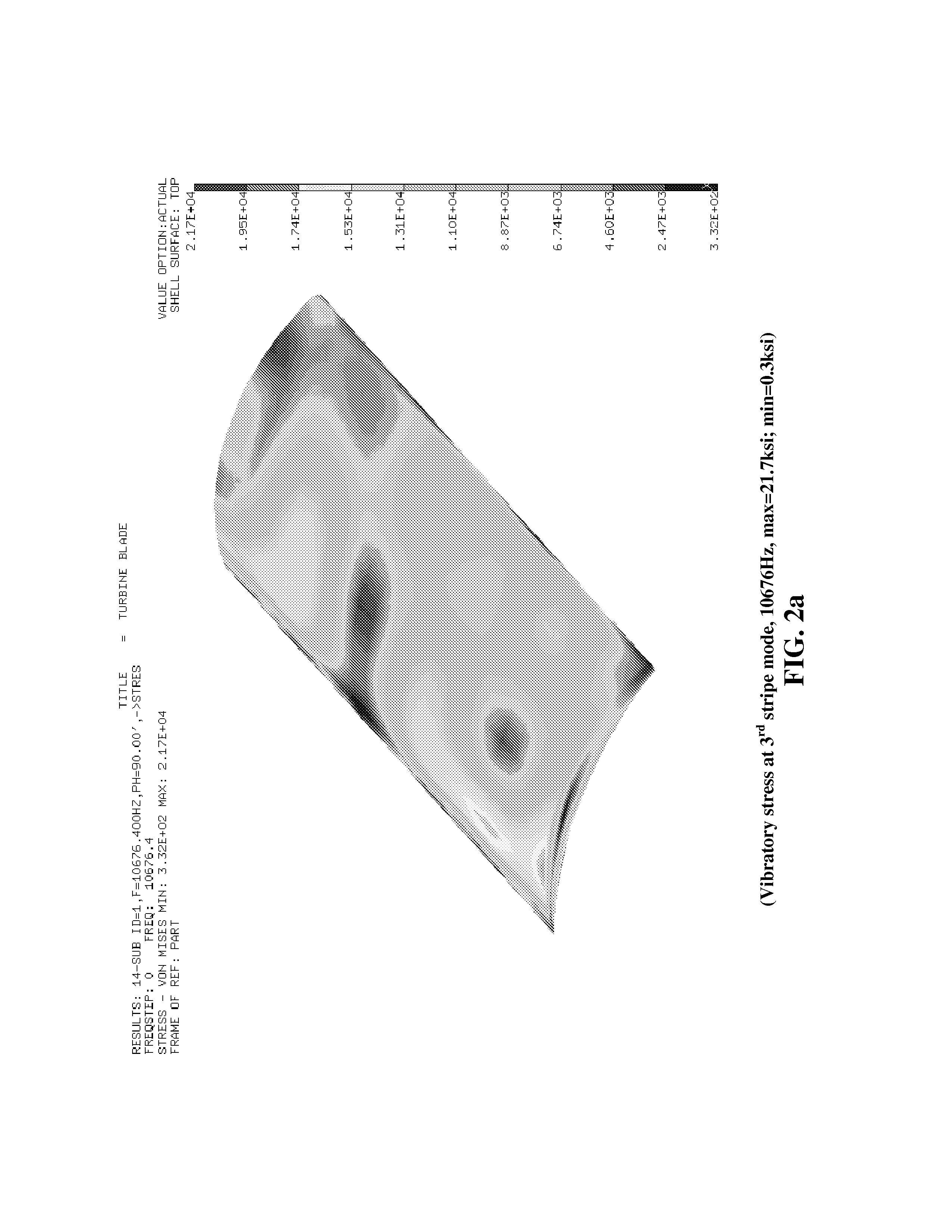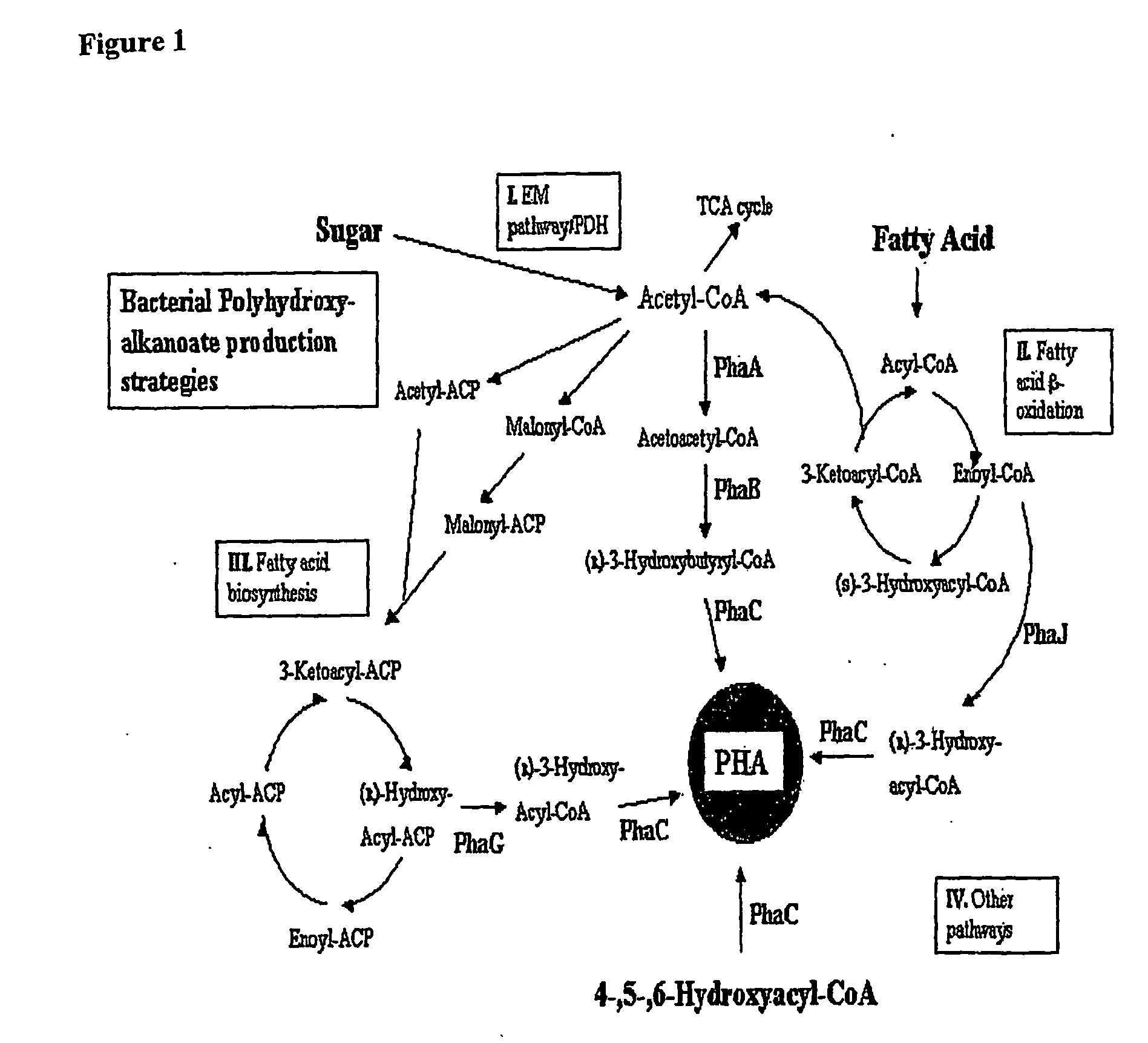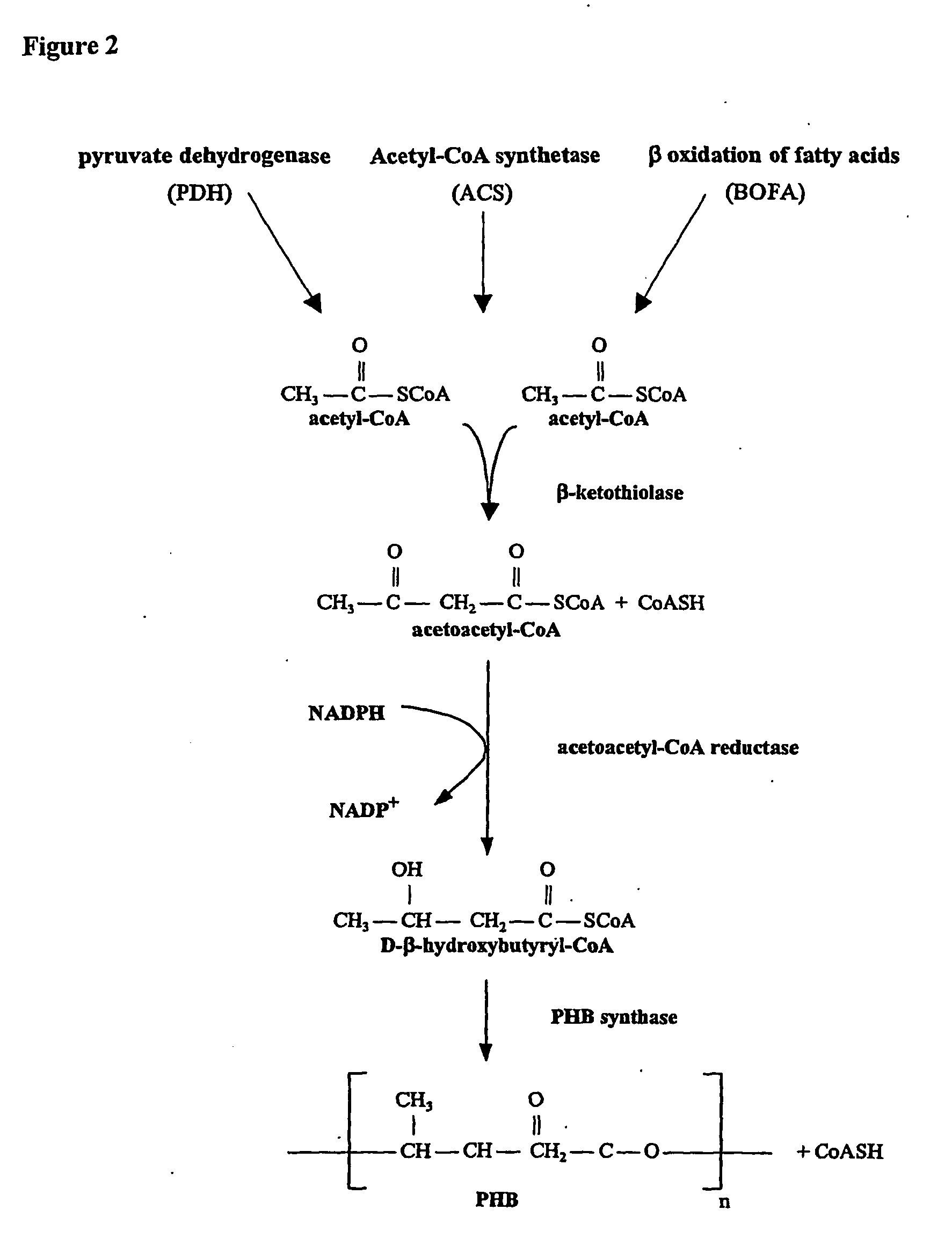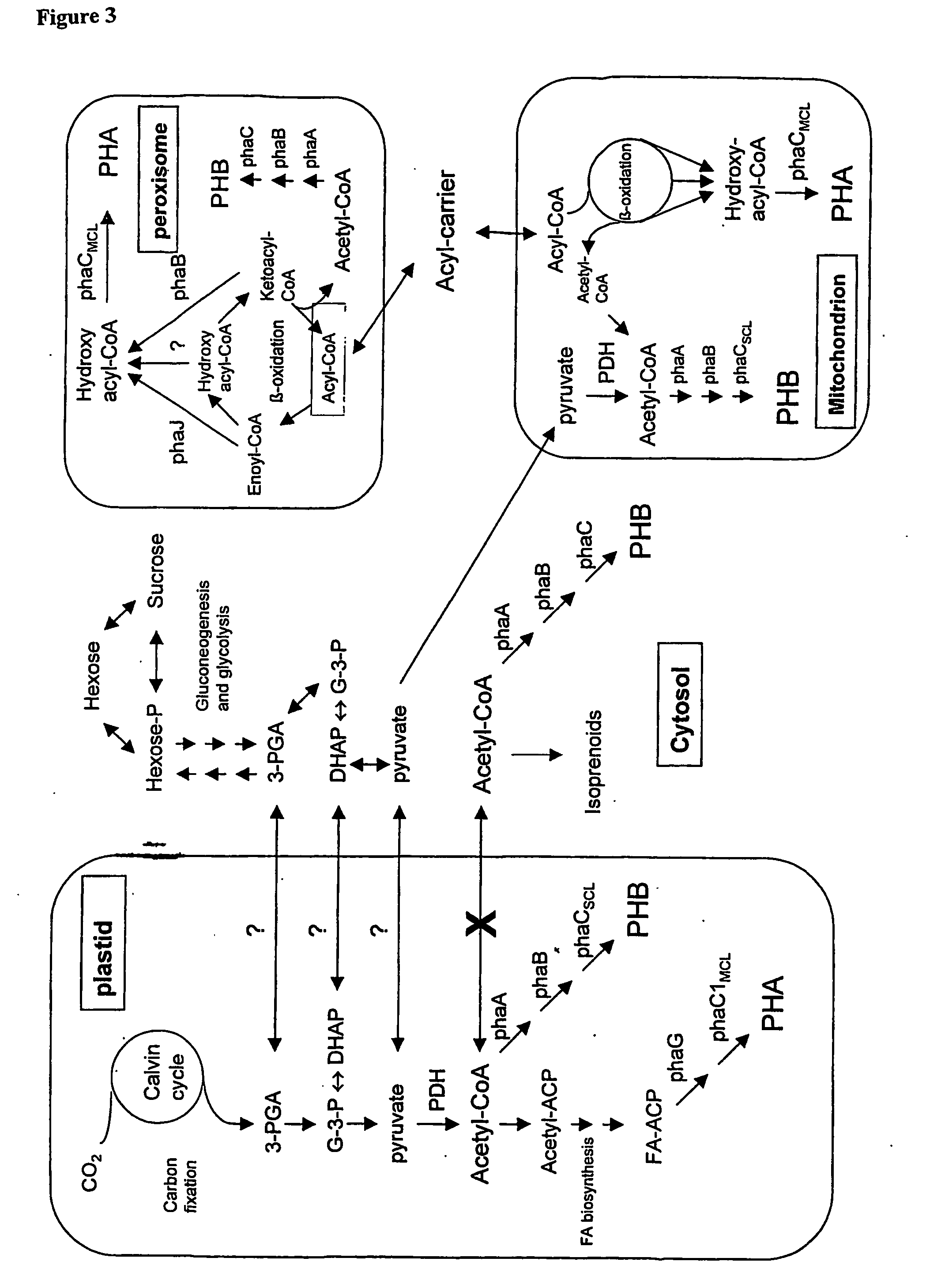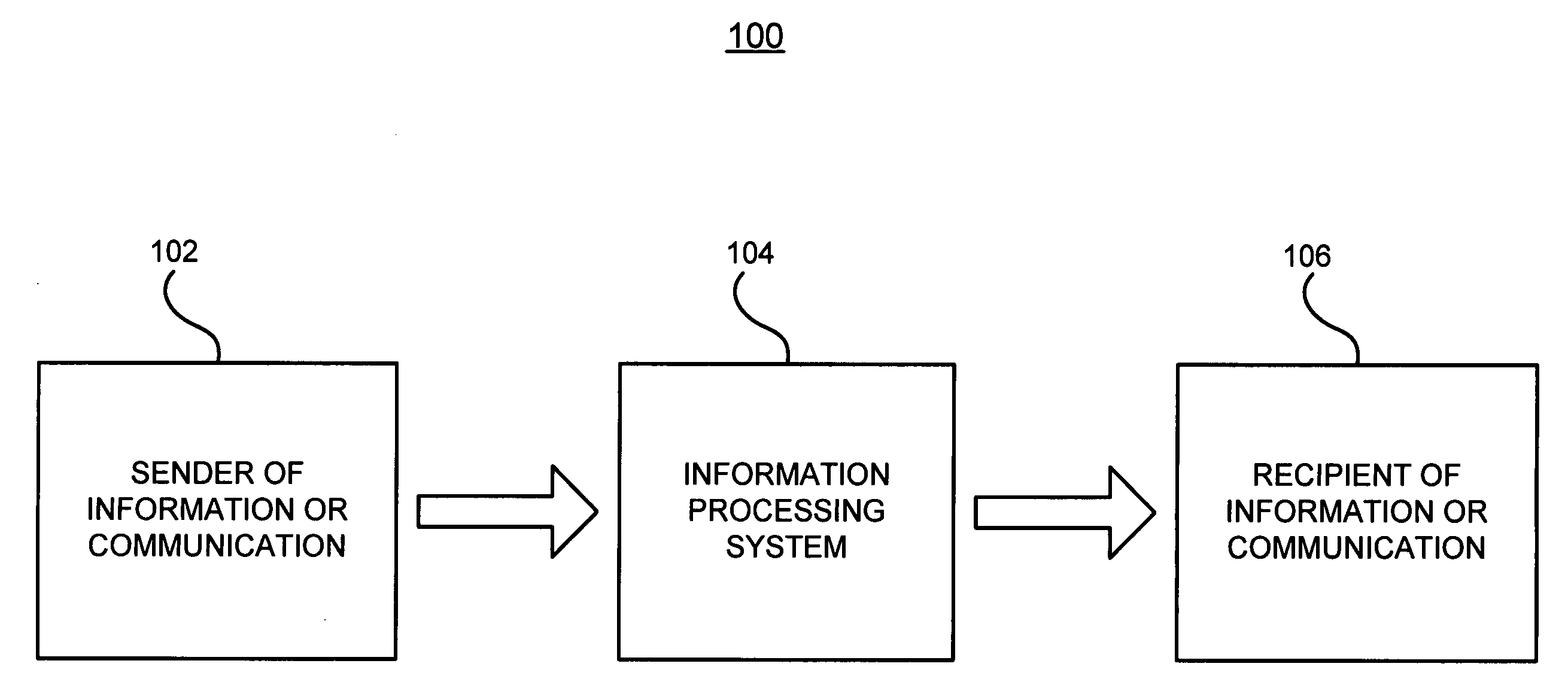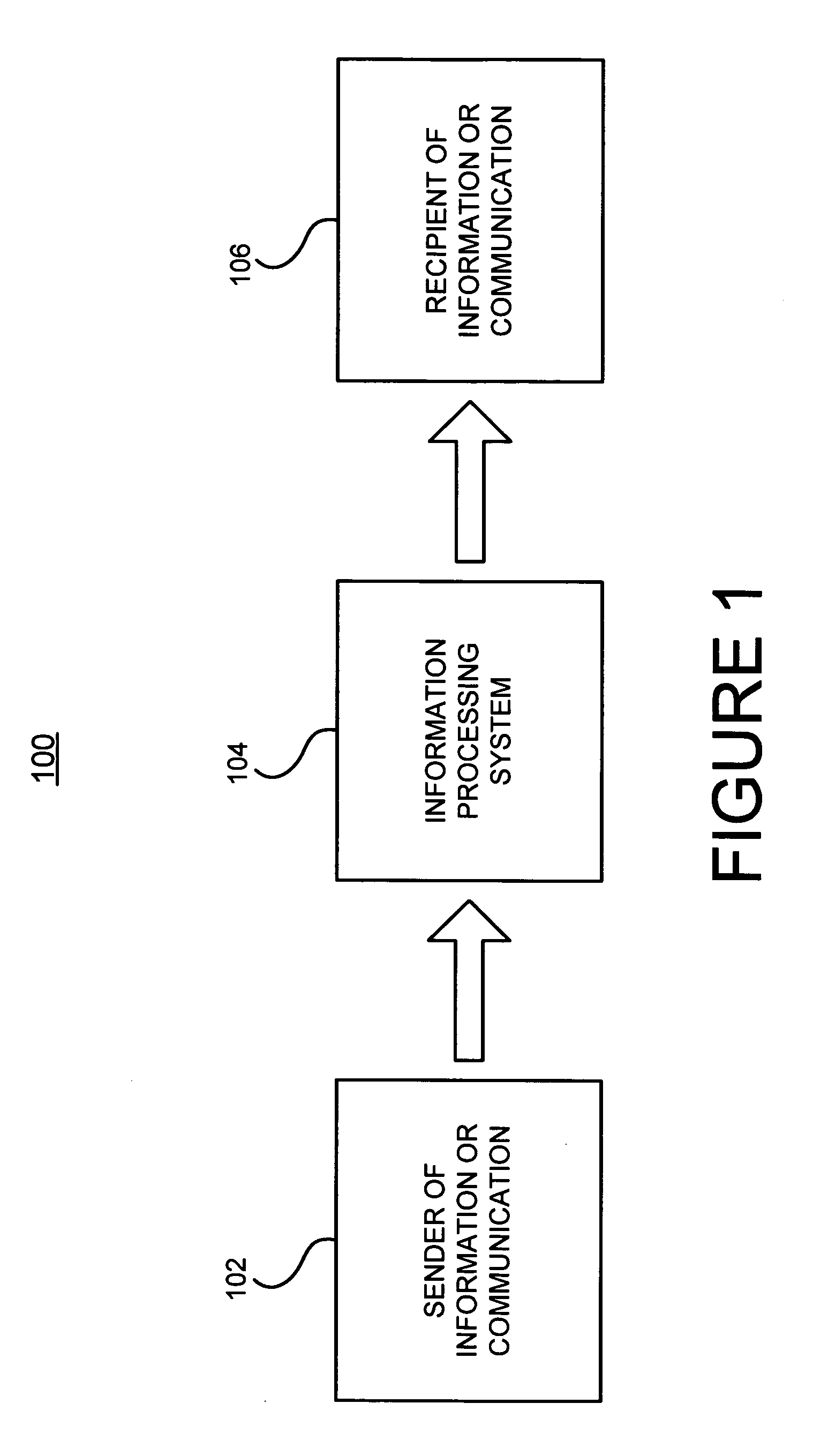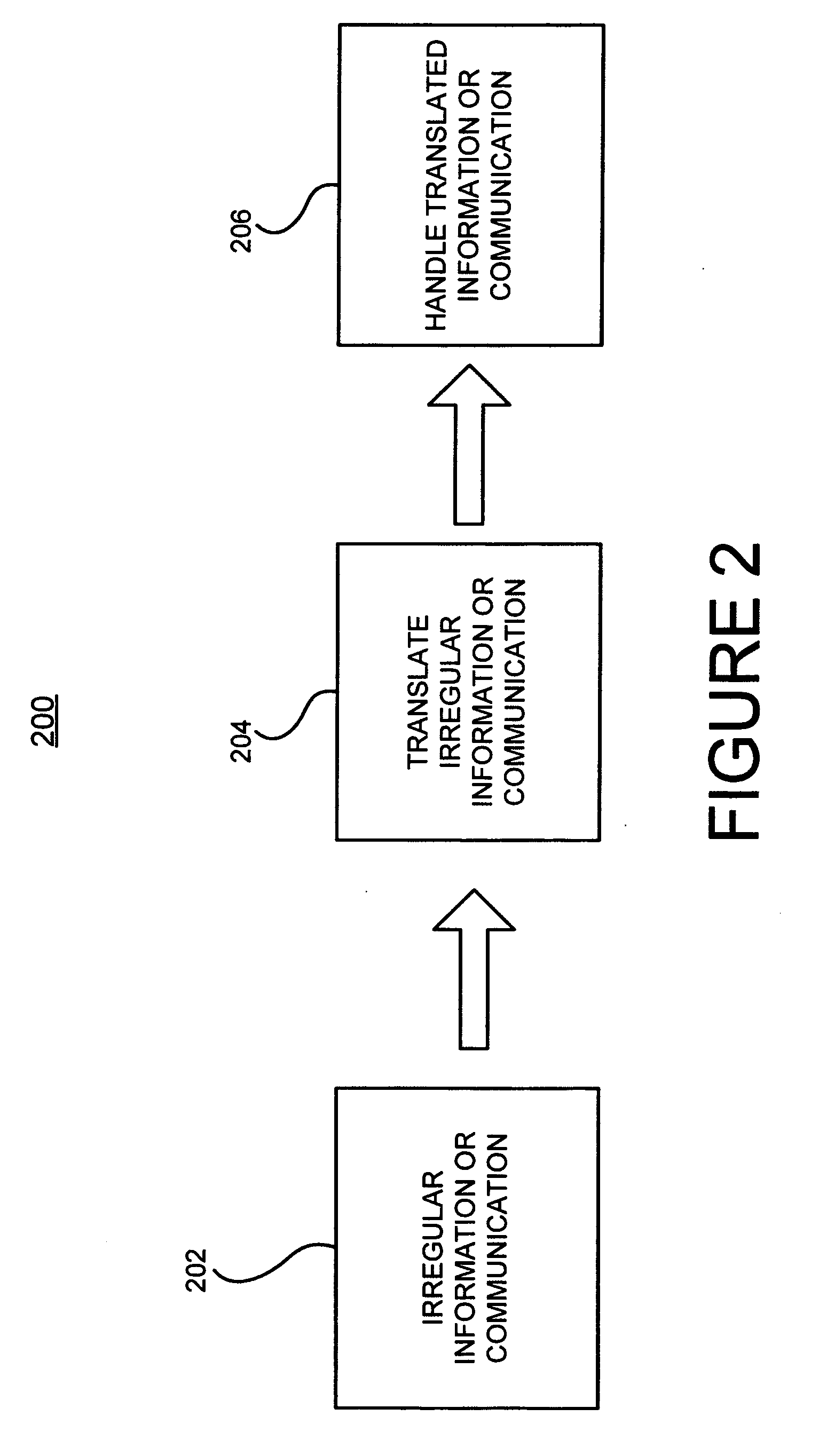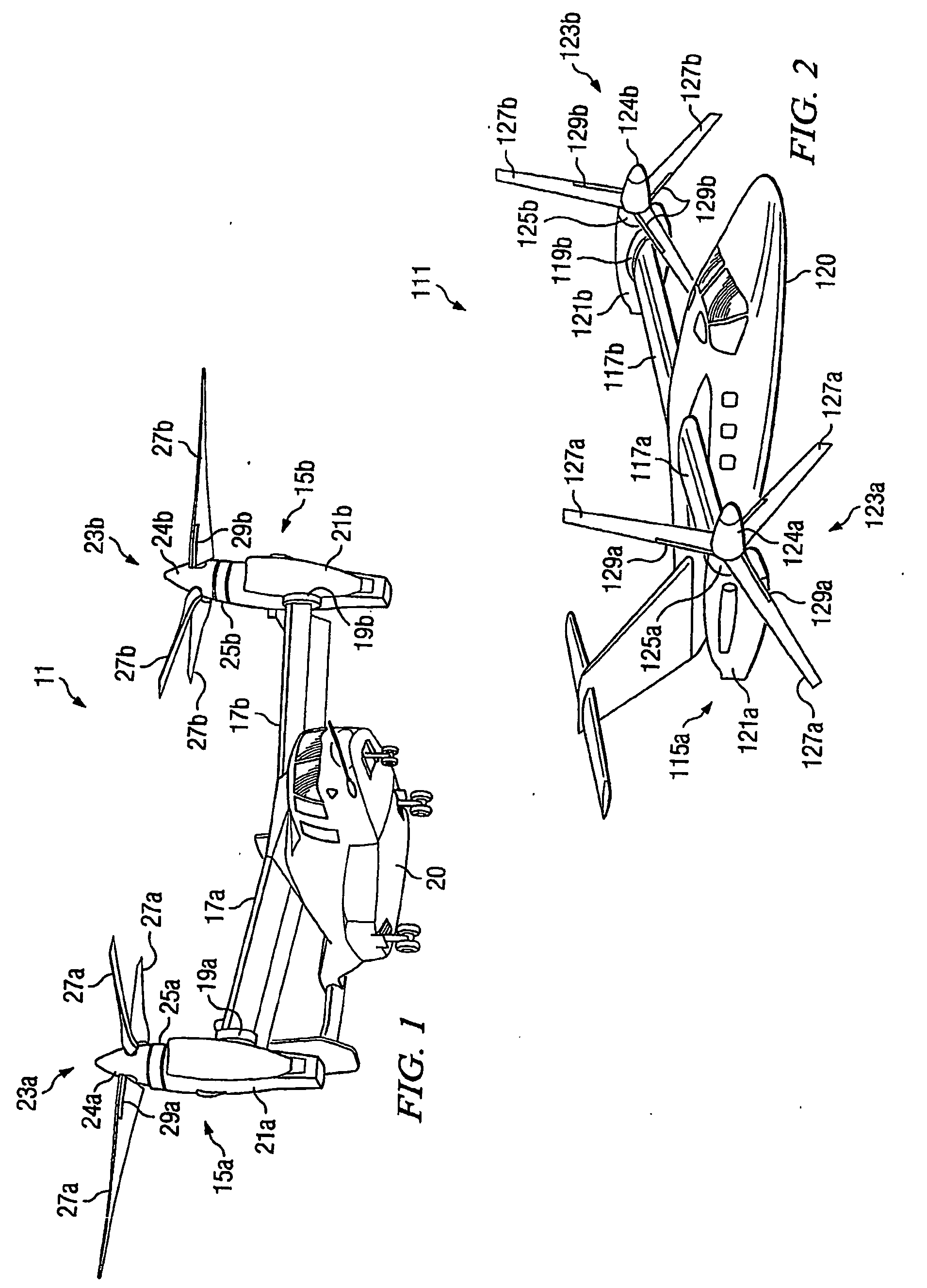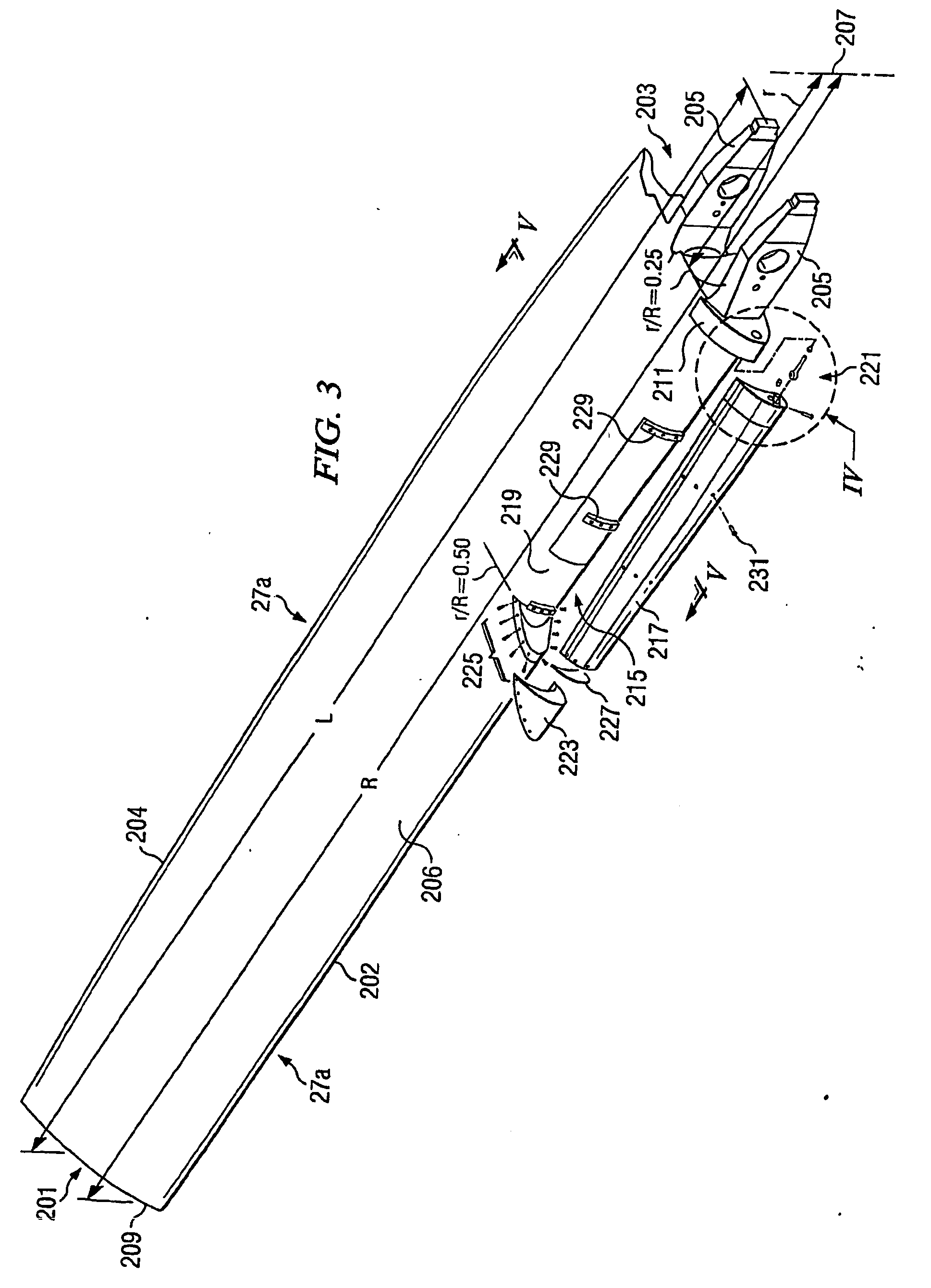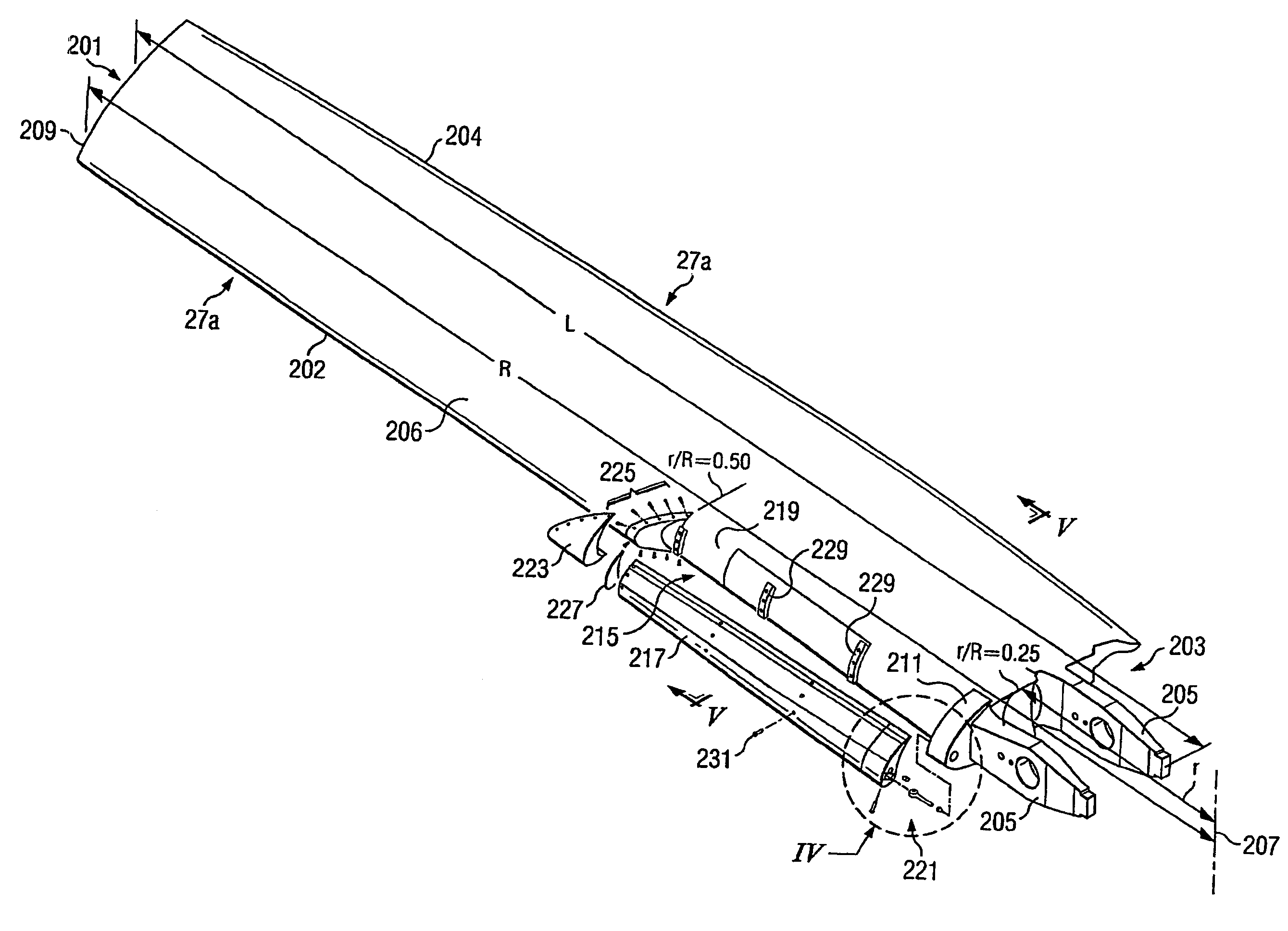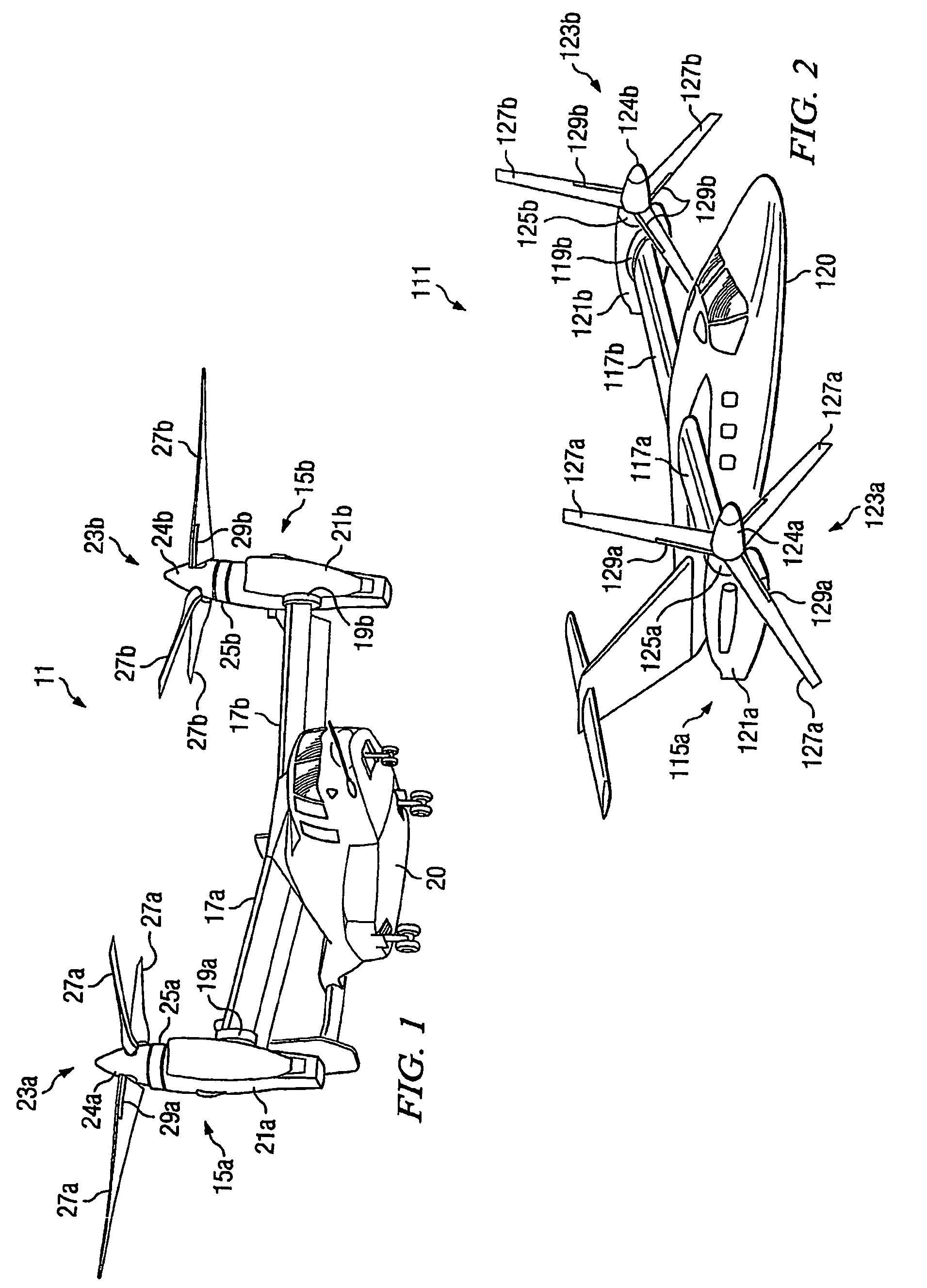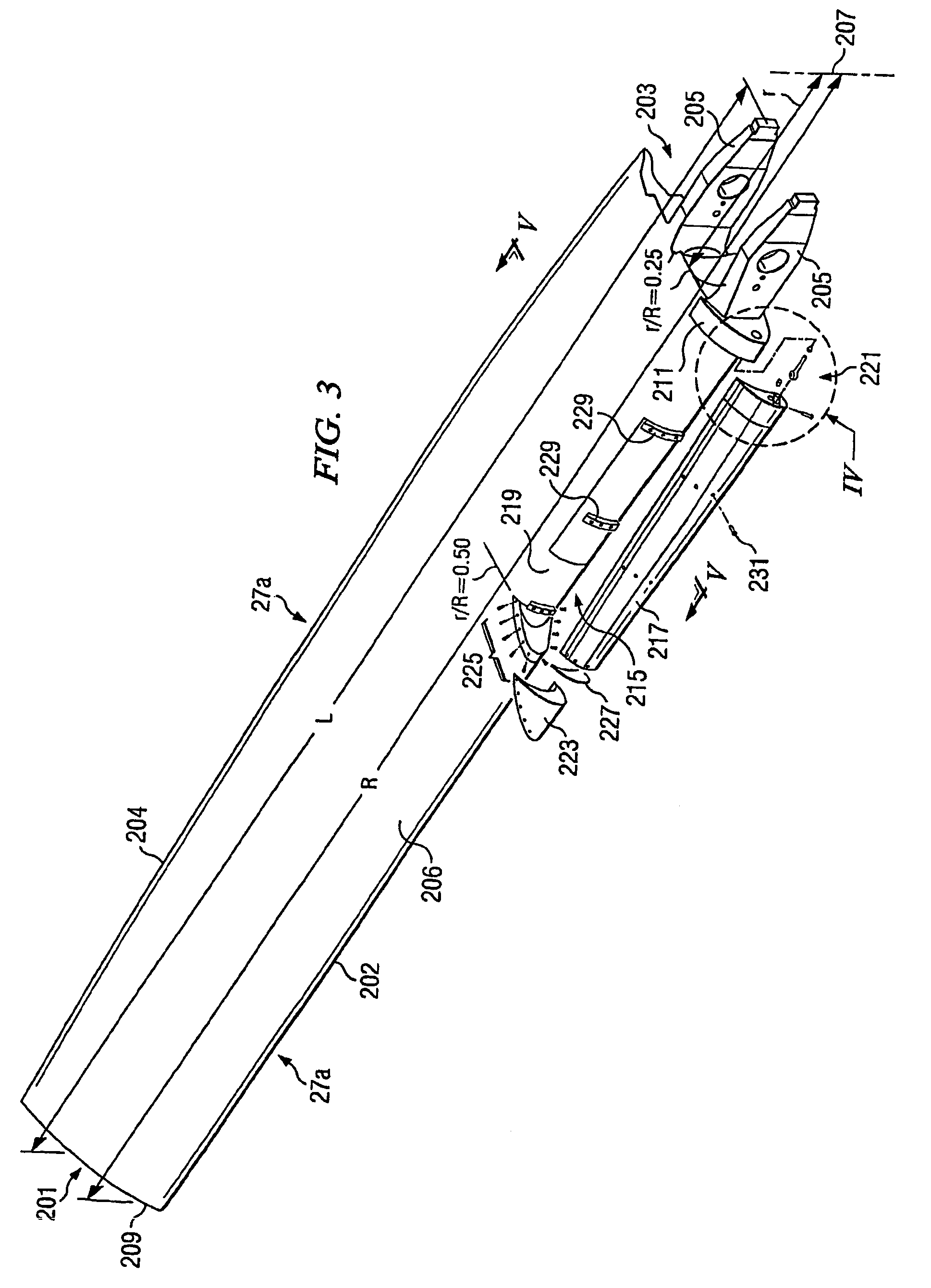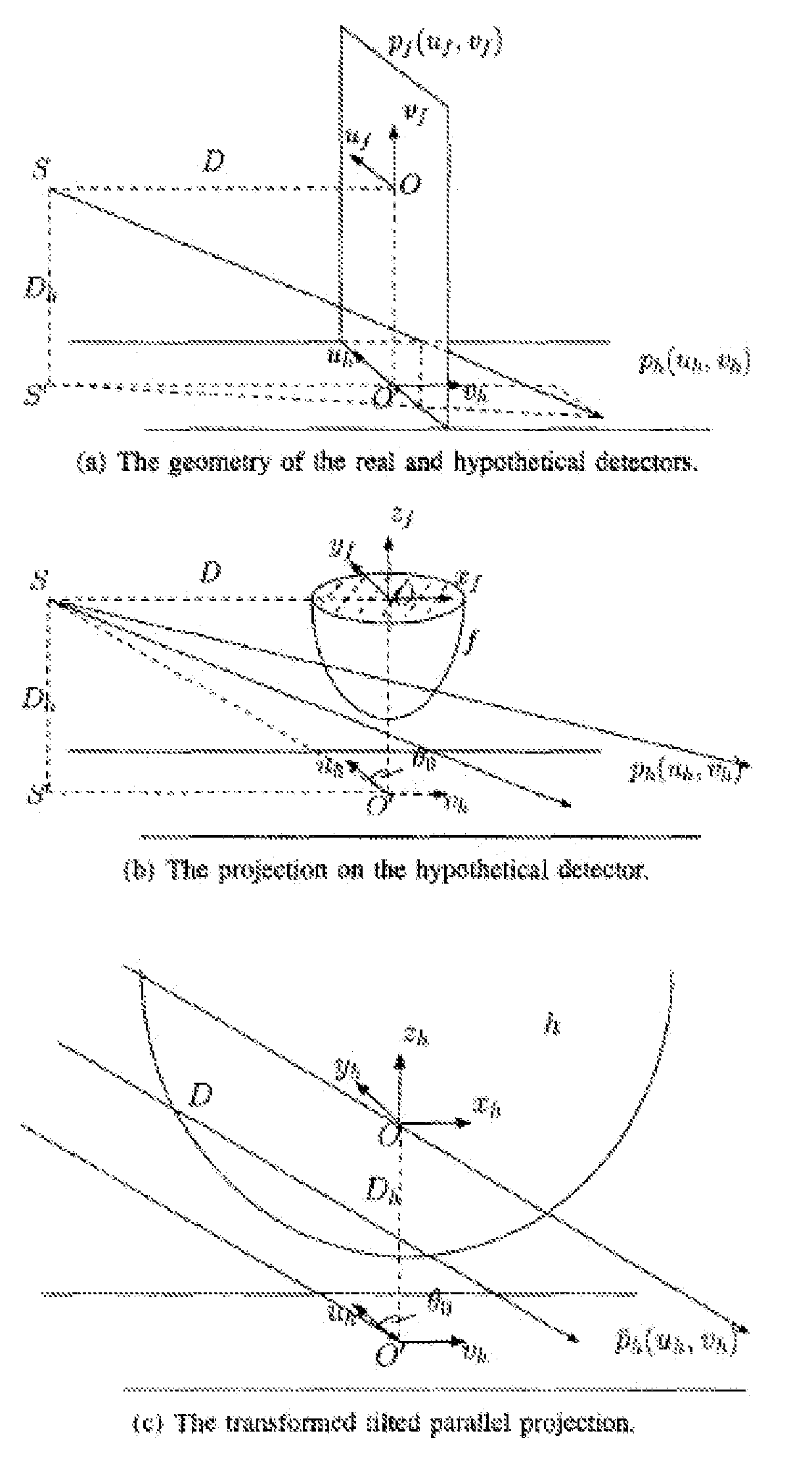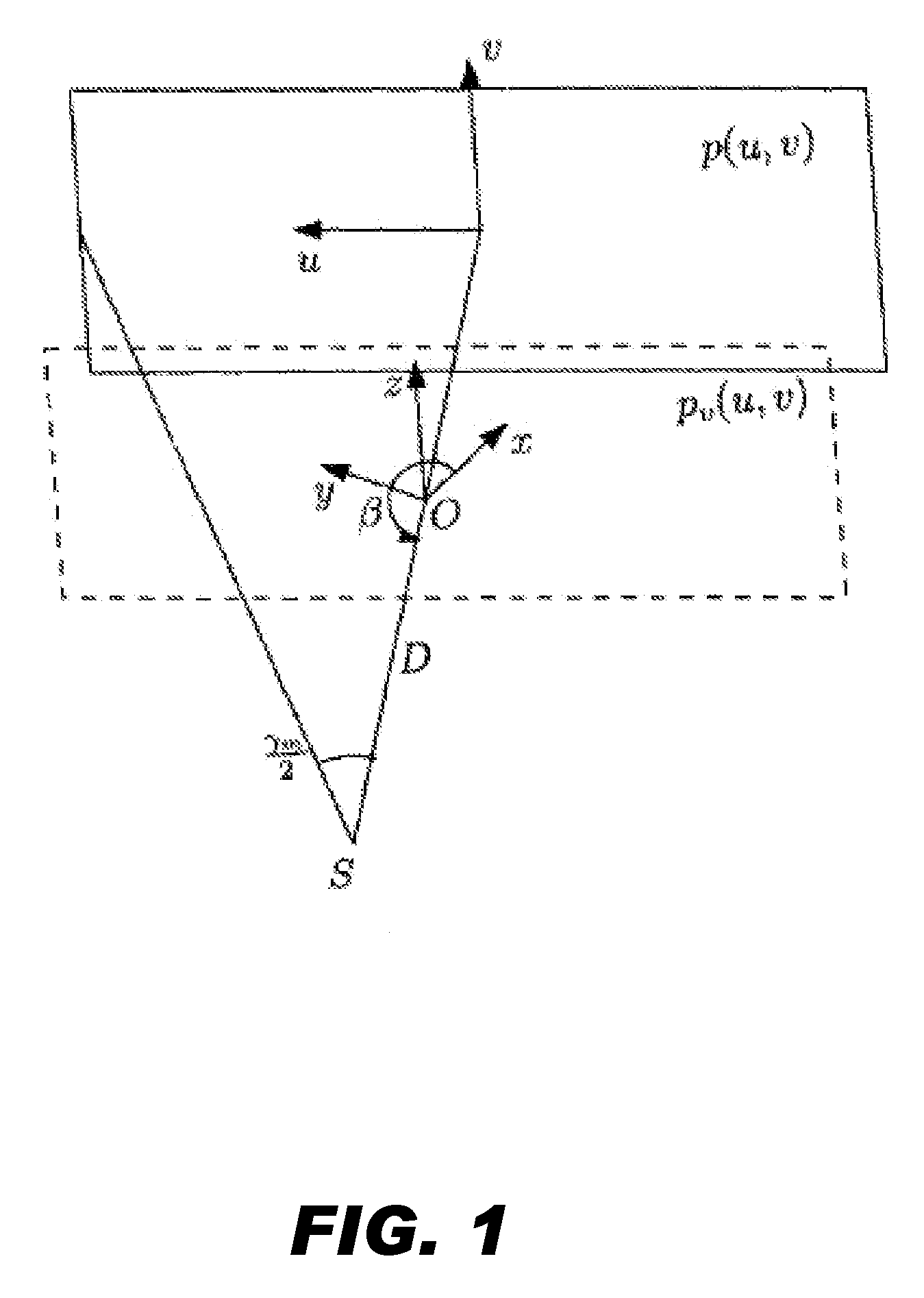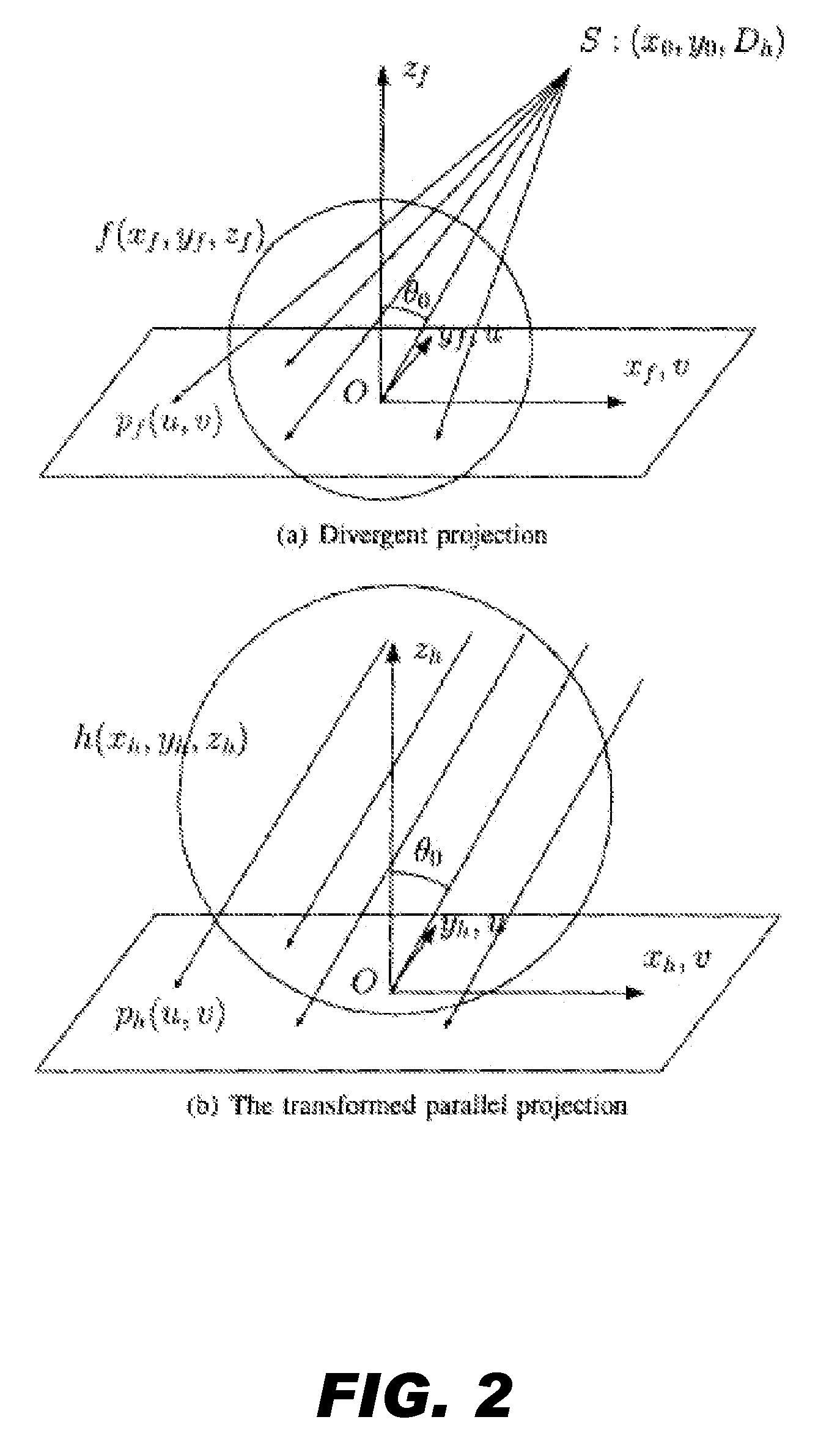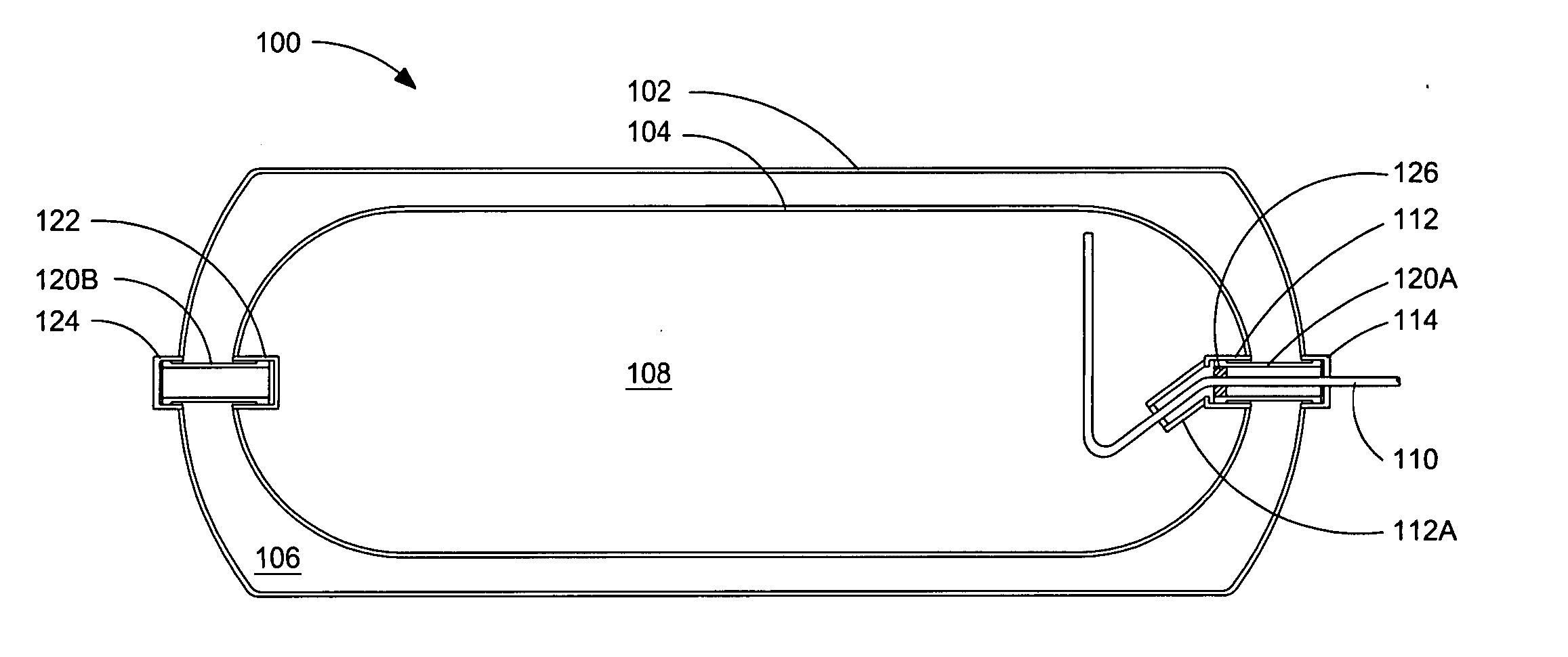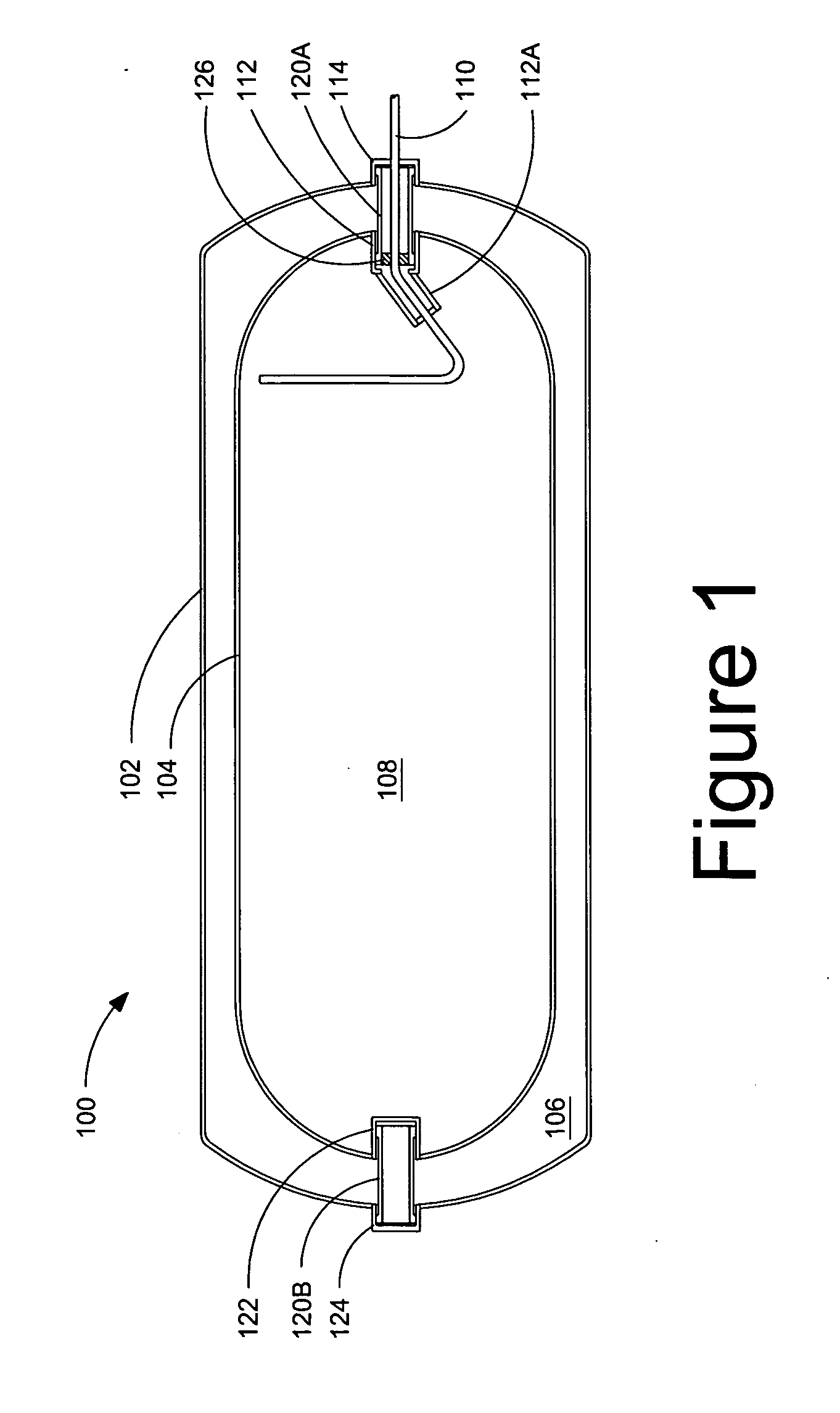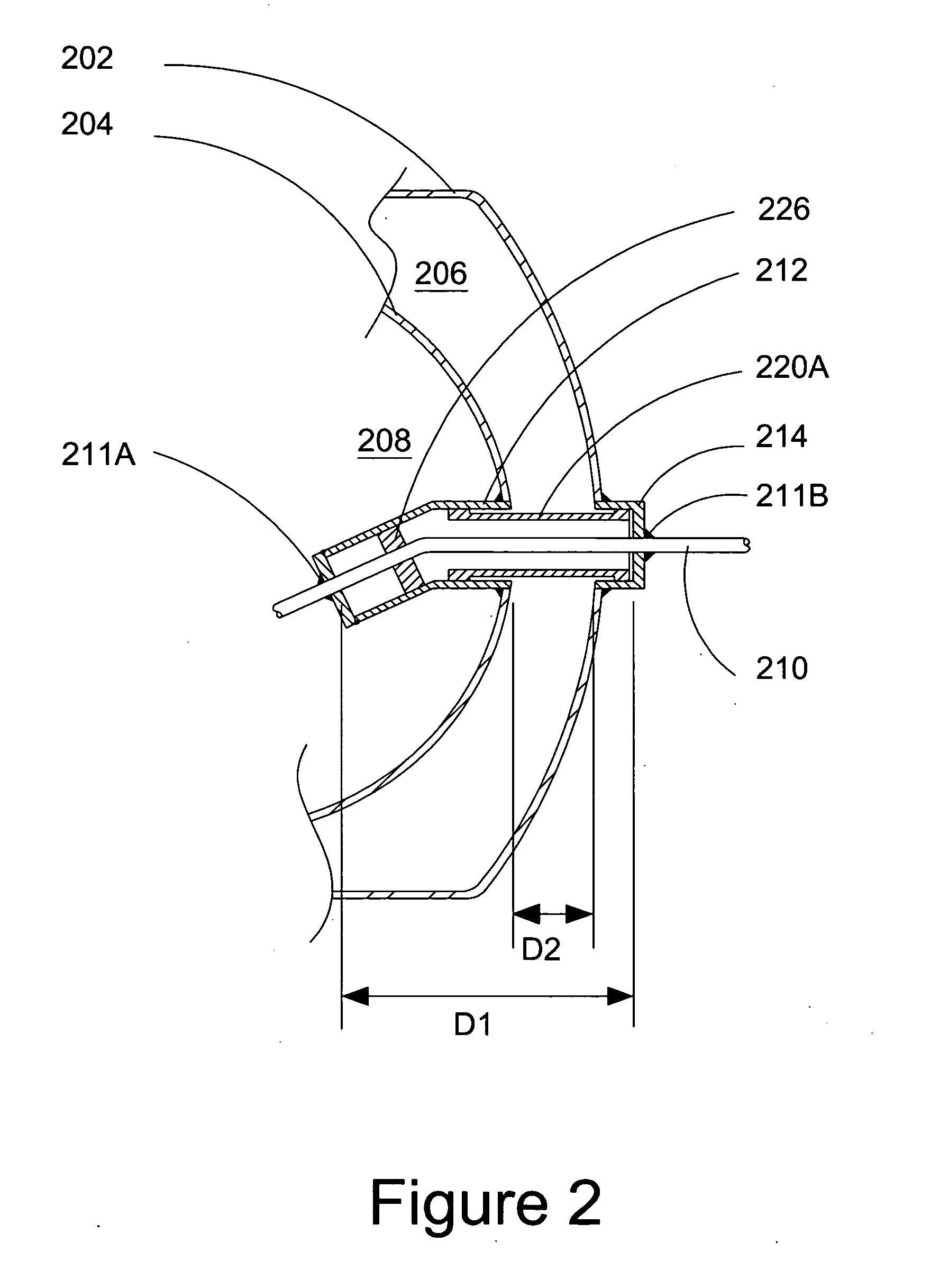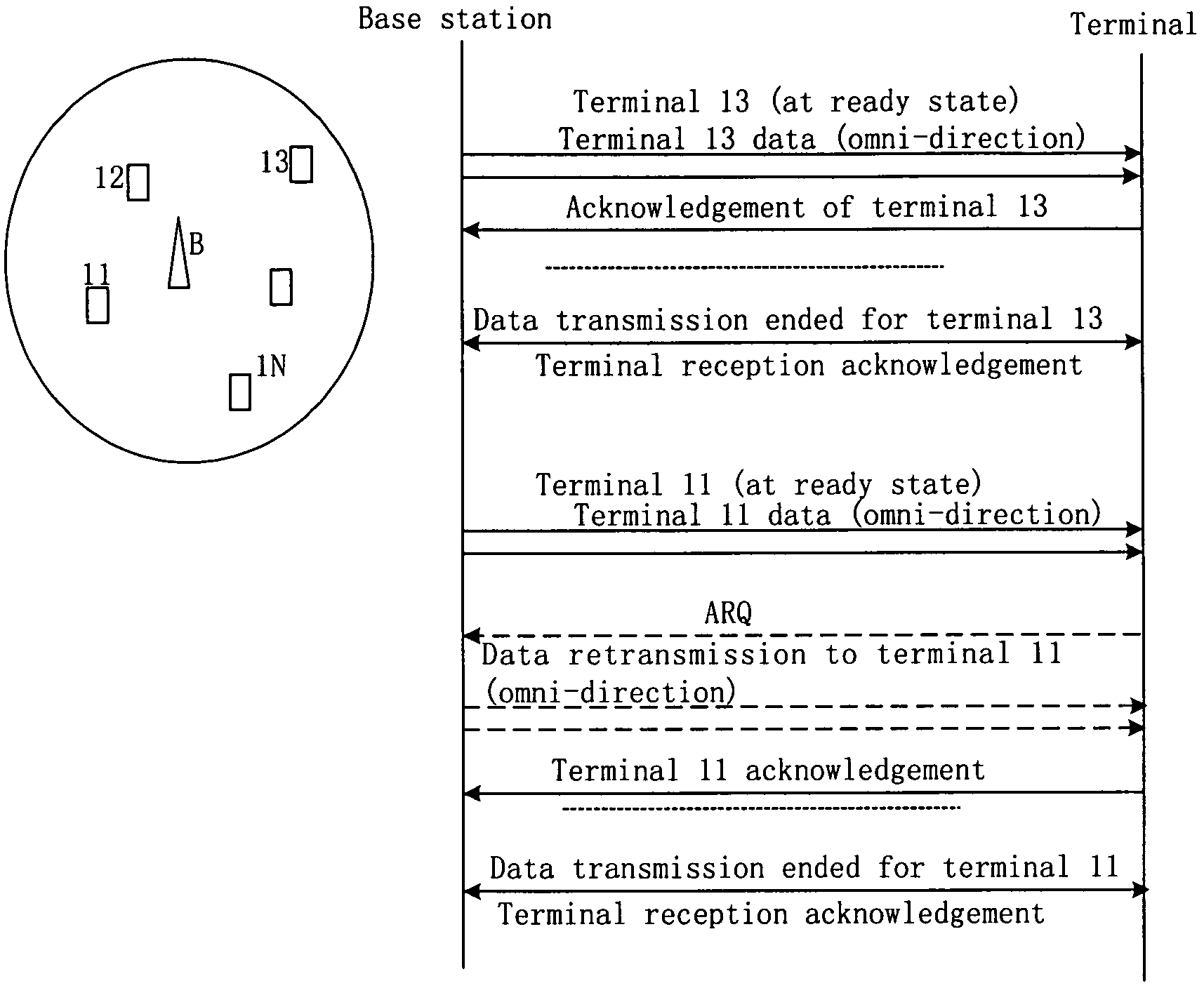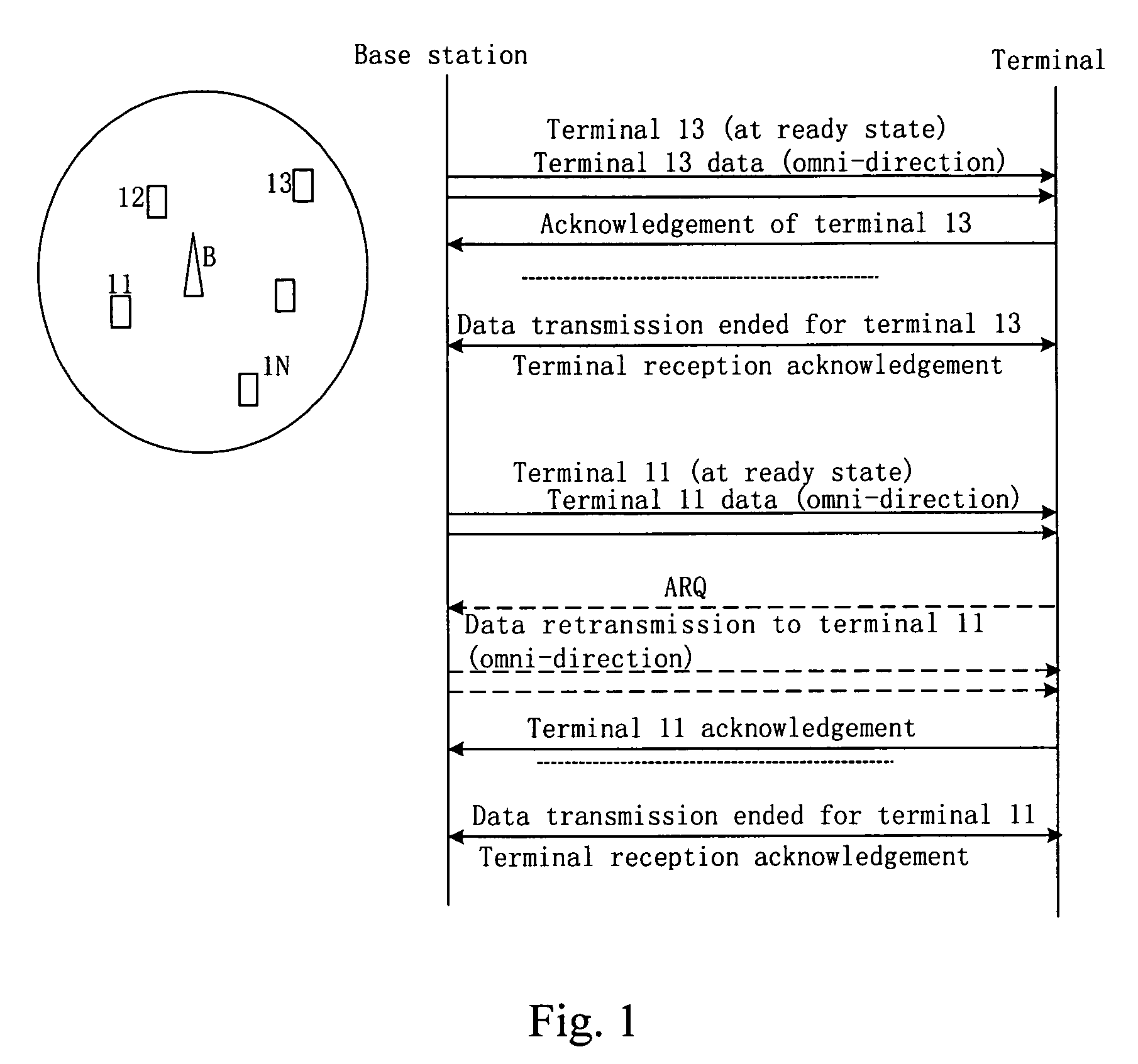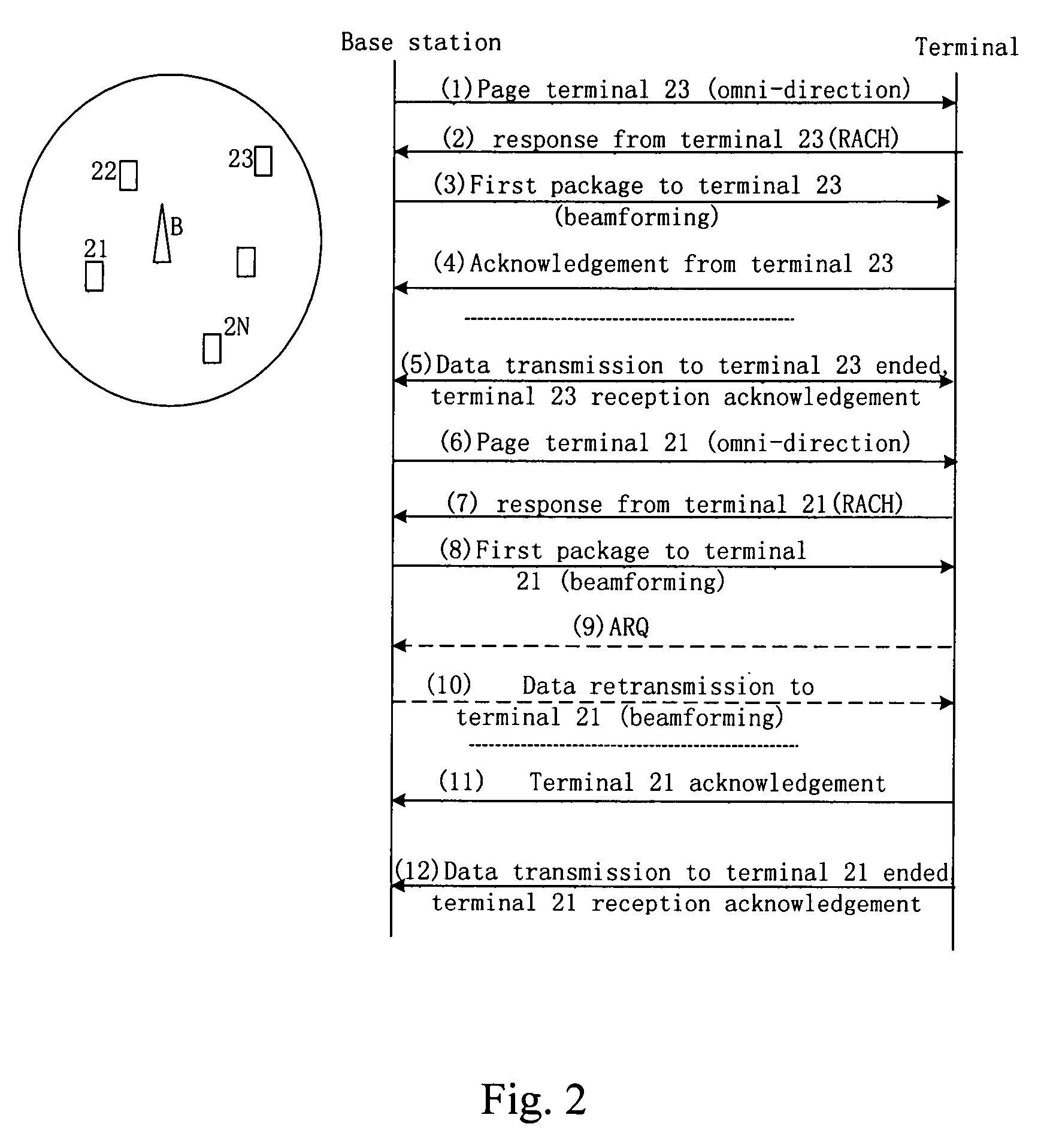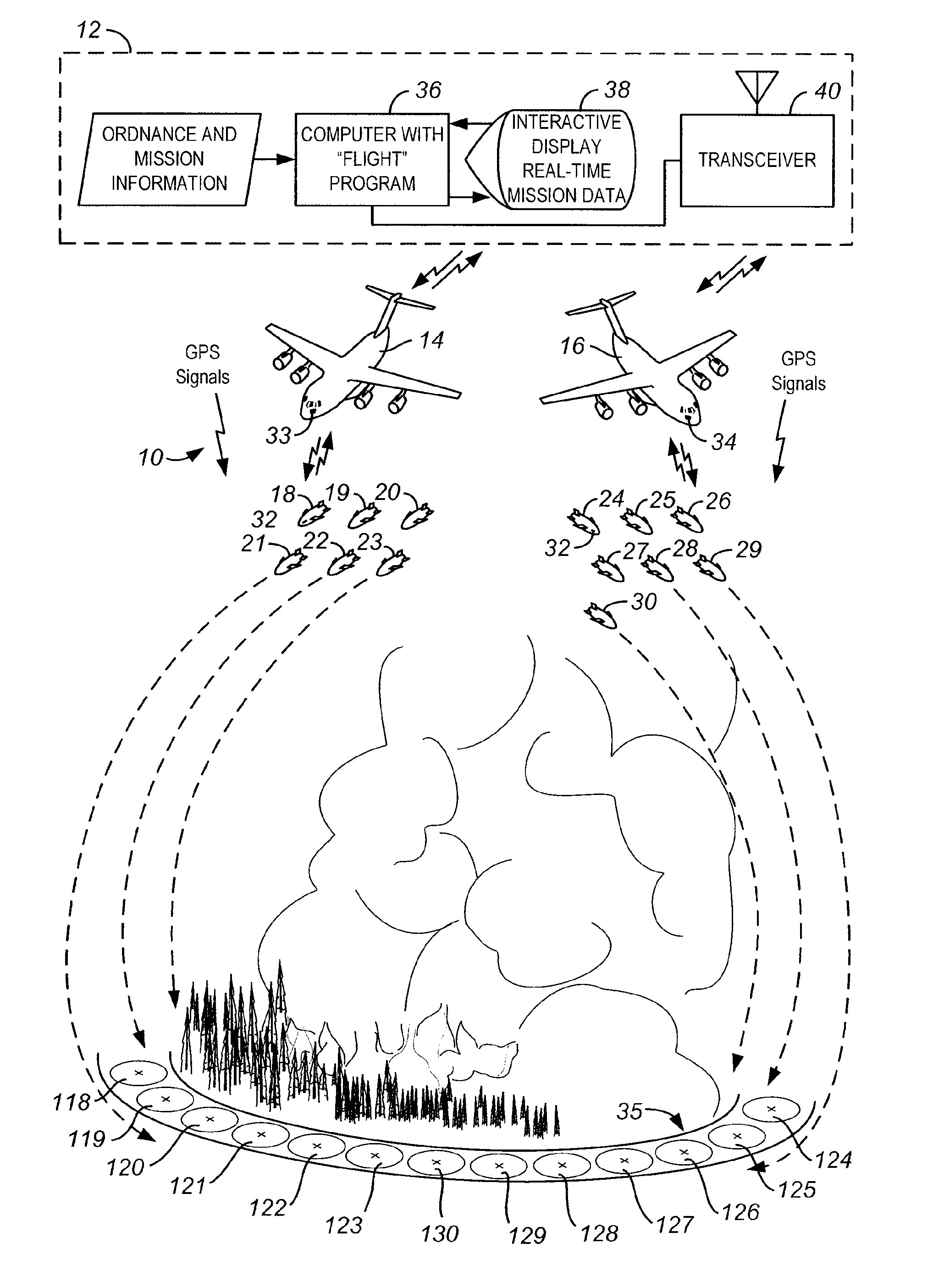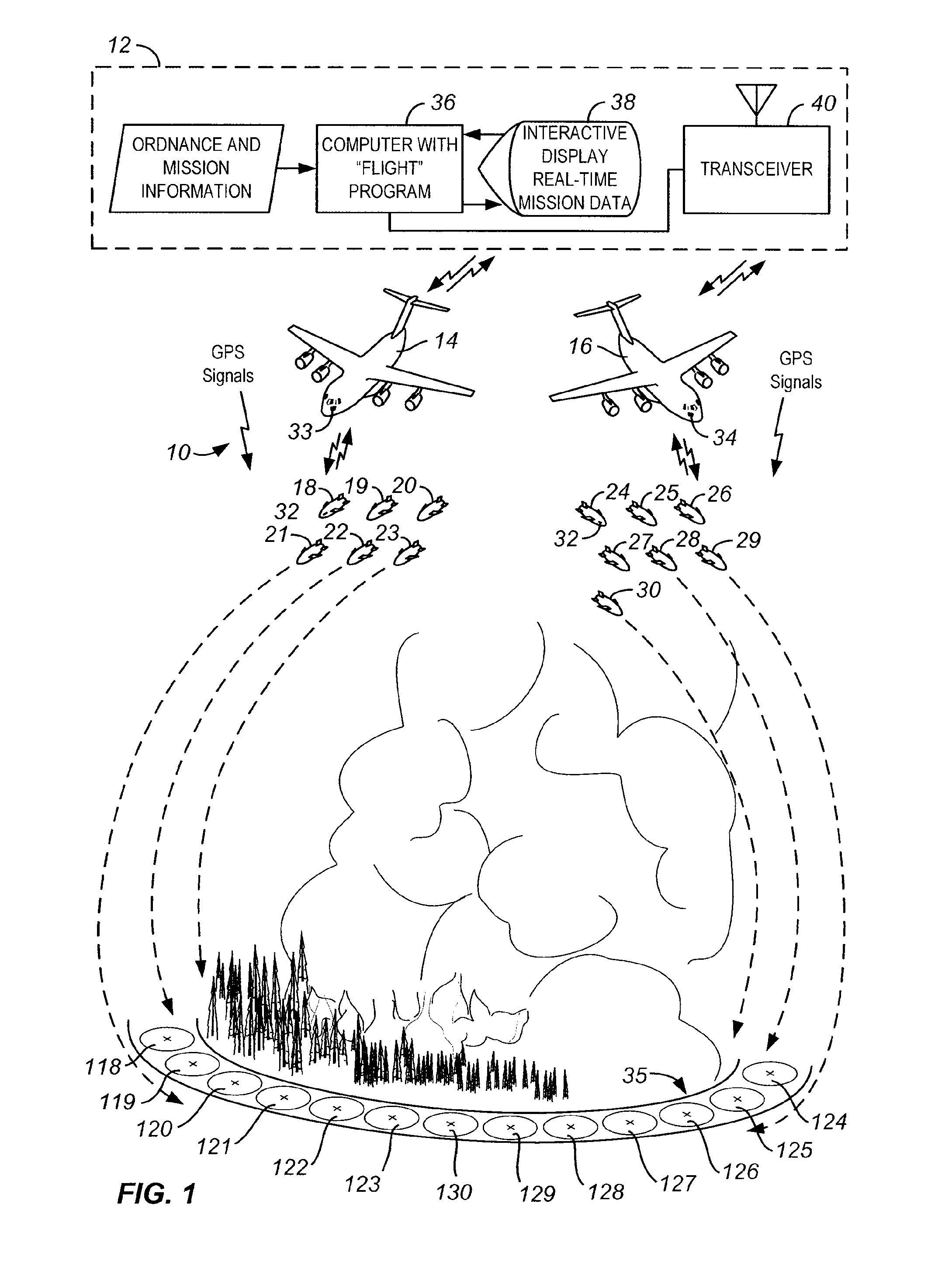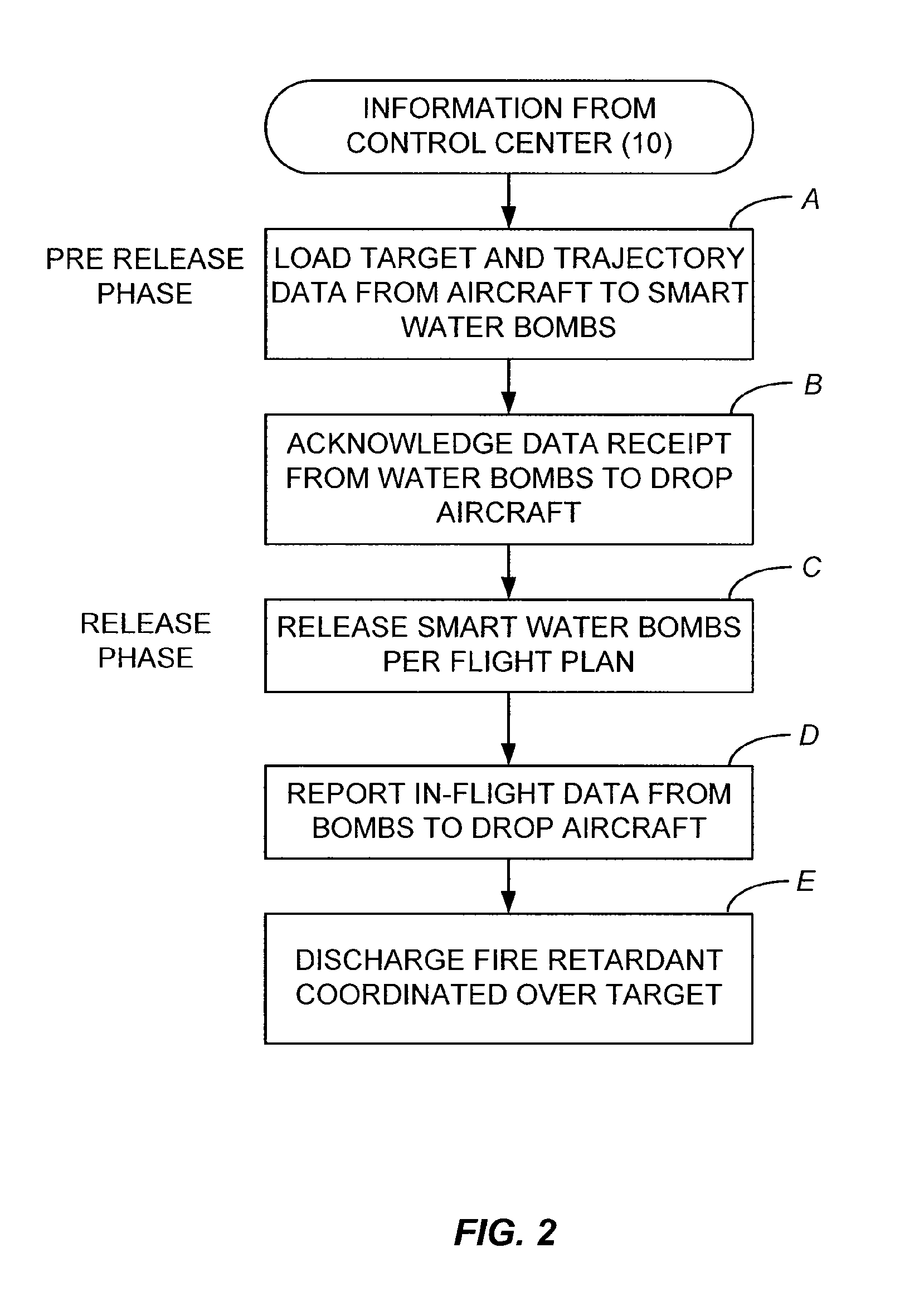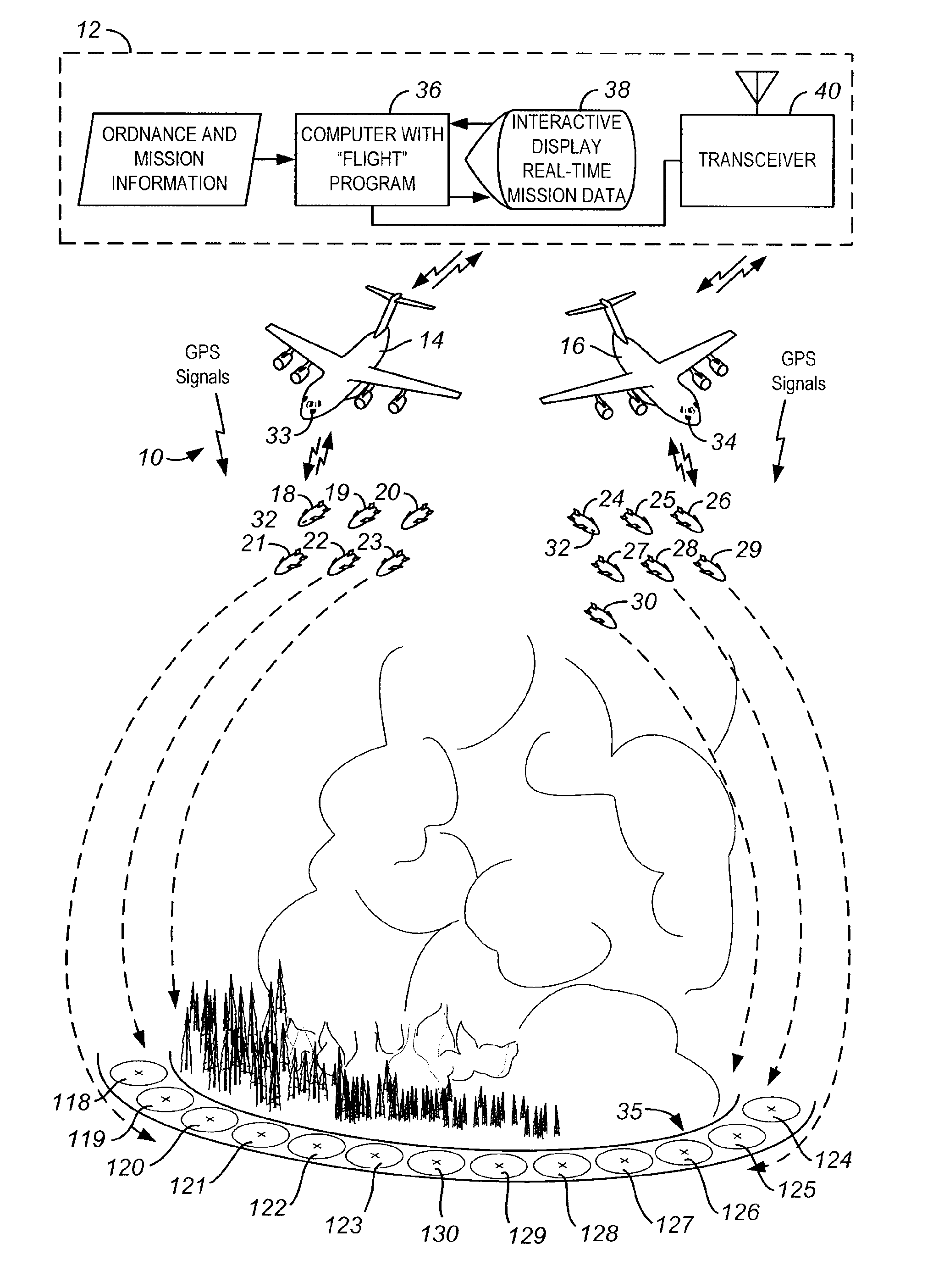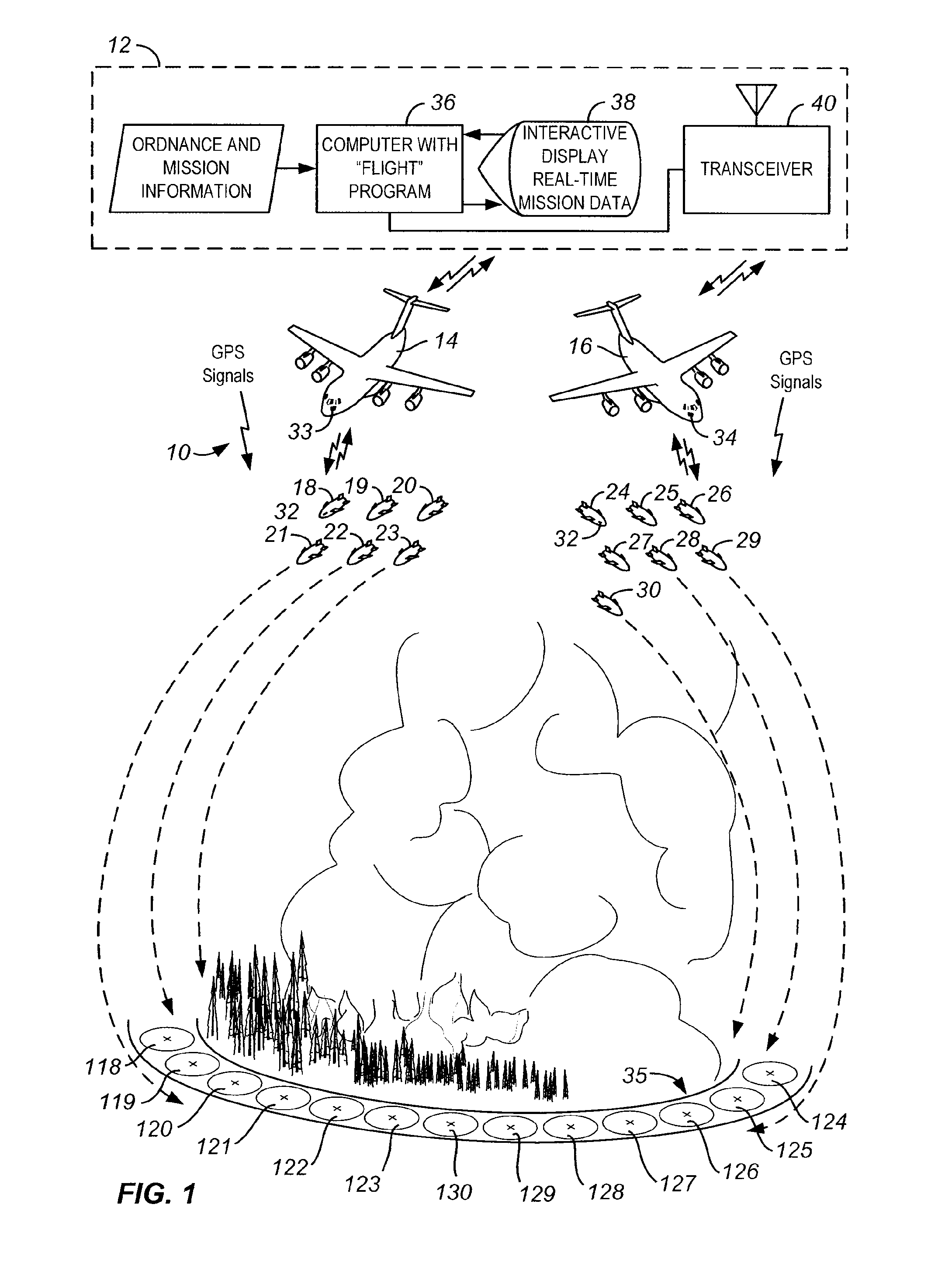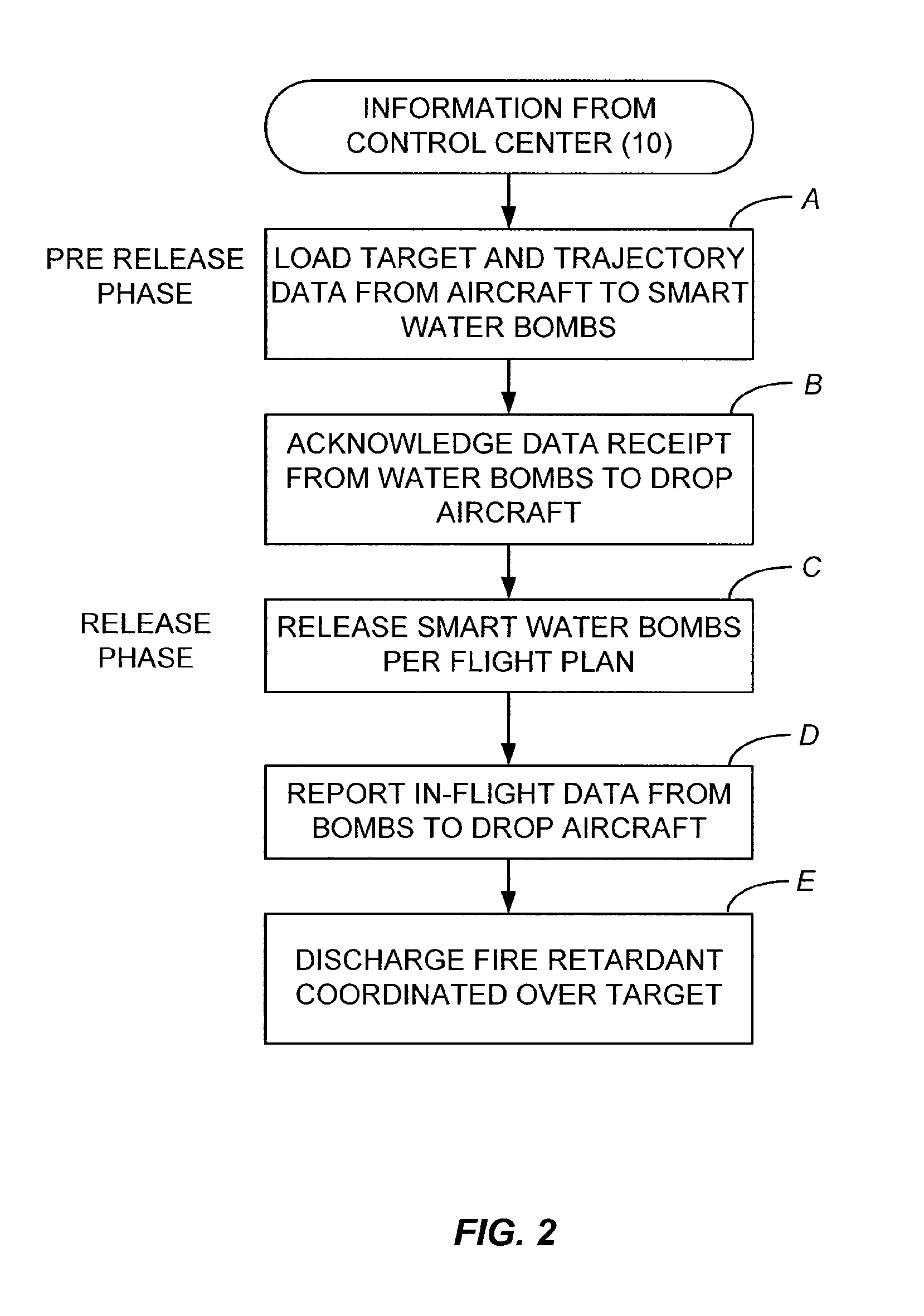Patents
Literature
93results about How to "Maximum capability" patented technology
Efficacy Topic
Property
Owner
Technical Advancement
Application Domain
Technology Topic
Technology Field Word
Patent Country/Region
Patent Type
Patent Status
Application Year
Inventor
Implant to be implanted in bone tissue or in bone tissue supplemented with bone substitute material
InactiveUS6921264B2High softening temperatureLow softening temperatureDental implantsInternal osteosythesisBone tissueGrowth promoting
An implant (1) to be implanted in bone tissue, e.g. a dental implant or an implant for an orthopedic application, comprises surface regions (4) of a first type which have e.g. osseo-integrative, inflammation-inhibiting, infection-combating and / or growth-promoting properties, and surface regions (8) of a second type which consist of a material being liquefiable by mechanical oscillation. The implant is positioned in an opening of e.g. a jawbone and then mechanical oscillations, e.g. ultrasound is applied to it while it is pressed against the bone. The liquefiable material is such liquefied at least partly and is pressed into unevennesses and pores of the surrounding bone tissue where after resolidification it forms a positive-fit connection between the implant and the bone tissue. The surface regions of the two types are arranged and dimensioned such that, during implantation, the liquefied material does not flow or flows only to a clinically irrelevant degree over the surface regions of the first type such enabling the biologically integrative properties of these surface regions to start acting directly after implantation. The implant achieves with the help of the named positive fit a very good (primary) stability, i.e. it can be loaded immediately after implantation. By this, negative effects of non-loading are prevented and relative movements between implant and bone tissue are reduced to physiological measures and therefore have an osseo-integration promoting effect.
Owner:WOODWELDING
Clinical trial management system
InactiveUS7054823B1Reduce inputFast inputData processing applicationsComputer-assisted medical data acquisitionMedical productTreating Site
A system for designing and monitoring clinical trials includes a main database of information concerning prior clinical trials and resources available to conduct future clinical trials. In part information in the main database is obtained through data links to other databases in the enterprise, e.g., human resources and finance databases. Some of the information in the main database concerns prior clinical trials and is, in part, in the form of protocols of (a) scheduled visits of a test subject to a treatment site, (b) measurement of prescribed physical attributes of the subject during the visits and (c) administration of at least one prescribed medical product to the subject during the visit to determine over time the subject's response thereto. The protocols of prior clinical trial are stored in the main database in the form of a software template.
Owner:MERCK SHARP & DOHME LLC
Nonwoven spacer fabric
InactiveUS7718249B2Improve versatilityMaximum capabilitySynthetic resin layered productsDetergent materialsEngineeringInterconnection
The invention provides a non-woven fabric comprising at least two separate but interconnected layers, each of the layers being provided with discrete interconnections so as to provide discrete voids between the two layers of fabric.
Owner:NONWOVENS INNOVATION & RES INST
Remote reagent ion generator
InactiveUS7569812B1Significant excessIncrease percentageBioreactor/fermenter combinationsBiological substance pretreatmentsChromatographic separationGas phase
An improved ion source and means for collecting and focusing dispersed gas-phase ions from a remote reagent chemical ionization source (R2CIS) at atmospheric or intermediate pressure is described. The R2CIS is under electronic control and can produce positive, negative, or positive and negative reagent ions simultaneously. This remote source of reagent ions is separated from a low-field sample ionization region by a stratified array of elements, each element populated with a plurality of openings, wherein DC potentials are applied to each element necessary for transferring reagent ions from the R2CIS into the low-field sample ionization region where the reagent ions react with neutral and / or ionic sample forming sample ionic species. The resulting sample ionic species are then introduced into a mass spectrometer, ion mobility spectrometer or other sensor capable of detecting the sample ions. Embodiments of this invention are methods and devices for improving sensitivity of mass spectrometry when gas and liquid chromatographic separation techniques are coupled to atmospheric and intermediate pressure photo-ionization, chemical ionization, and thermospray ionization sources; and improving the sensitivity of chemical detectors or probes.
Owner:LEIDOS
Noncontact IC tag label and method of manufacturing the same
ActiveUS20100051701A1Reduce material costsReduce manufacturing costSolid-state devicesSemiconductor/solid-state device manufacturingEngineeringPressure sensitive
This invention provides a thin type of noncontact IC tag label that allows materials costs to be reduced without using an antenna-supporting base film. The noncontact IC tag label includes an electroconductive layer 6 of a required antenna pattern shape, an IC chip 3 mounted on one face of the electroconductive layer 6, and a surface protection sheet 4 supporting the electroconductive layer 6 and the IC chip 3 from a side of the one face of the electroconductive layer 6 via a first pressure-sensitive adhesive layer 5. An adhesive resin layer 7 having the same shape as the antenna pattern shape of the electroconductive layer 6 is provided on the other face of the electroconductive layer 6. The adhesive resin layer 7 is temporarily bonded in separable manner onto a release paper 9 formed from paper or a plastic base material.
Owner:DAI NIPPON PRINTING CO LTD
High efficiency high speed low noise regulator
ActiveUS6984969B1High response speedLow noise characteristicDc-dc conversionElectric variable regulationVoltage regulationHigh-pass filter
A voltage regulator includes a linear mode regulator having a high pass filter circuit connected between its output and an output node, and a switch mode regulator having an low pass filter circuit connected between its output and the same output node. The high pass filter passes high frequency AC current provided by the linear mode regulator to the output node and reduces the low frequency AC and DC currents to substantially zero, and the low pass filter prevents the high frequency AC current produced by the linear mode regulator from being drawn by the switch mode regulator and passes the low AC and DC currents provided by the switch mode regulator to the output node. Thus, the present regulator offers the high response speed and low noise of a linear mode regulator, and the high power efficiency and large continuous output current capability of a switch mode regulator.
Owner:ANALOG DEVICES INC
Self-optimizing computer system
InactiveUS20050166207A1Execution efficiency is improvedReduce optimization timeResource allocationConcurrent instruction executionDynamical optimizationManagement process
Provided is a self-optimizing computer system that can achieve ultimate optimization (improvement in the speed) by preparing a mechanism that can observe the behavior of the program execution in the self-optimizing computer system and optimize dynamically depending on the execution behavior of program. The self-optimizing computer system comprising multiple processing units, characterized in that each of the processing units operates as at least one of an operation processing unit for executing a program, an observation processing unit for observing the behavior of the program under execution, an optimization processing unit for performing an optimization process according to the observation result of the observation processing unit, and a resource management processing unit for performing a resource management process of whole of the system such as a change of the contents of execution.
Owner:NATIONAL UNIVERSITY
Thrust vectoring and variable exhaust area for jet engine nozzle
InactiveUS6938408B2Increased longitudinal stabilitySlow down the landing speedAircraft navigation controlSpraying apparatusJet engineThrust vectoring
A jet engine nozzle having a pair of pivoting extension arms and a pair of pivoting shells connected to a jet pipe is provided. The first extension arm is pivotally connected to the jet pipe at a first location, while the second extension arm is pivotally connected to the jet pipe at a second location. Each shell is pivotally connected at both the first and second locations. An axis of rotation associated with the first location is coaxial to an axis of rotation associated with the second location. Independent actuation means are provided to rotate the extension arms and the shells, thereby enabling adjustment of the thrust-vector angle or the exhaust area of the nozzle.
Owner:PROPULSION VECTORING
Extended kalman filter for autonomous satellite navigation system
InactiveUS6859170B2Simplify the design processMaximum capabilityInstruments for comonautical navigationArtificial satellitesLow earth orbitMedium Earth orbit
An autonomous navigation system for an orbital platform incorporating a global positioning system based navigation device optimized for low-Earth orbit and medium-Earth orbit applications including a 12 channel, GPS tracking application-specific integrated circuit (15) operating in concert with a computer system (90) implementing an extended Kalman filter and orbit propagator which autonomously generates estimates of position, velocity and time to enable planning, prediction and execution of event-based commanding of mission operations.
Owner:THE JOHN HOPKINS UNIV SCHOOL OF MEDICINE
Spinal fixation apparatus and method
InactiveUSRE39325E1Easy to operateGreat gripping strength and ease of implantationInternal osteosythesisJoint implantsScrew threadSpinal implant
A spine fixation apparatus and method including at least one longitudinal rod mounted parallel to the axis of the spine and having a plurality of stem clamps adjustably mounted to the longitudinal rod. Each stem clamp has a stem extending outwardly therefrom with the diameter of the stem being identical to the diameter of the longitudinal rod. A plurality of C-clamps are provided and are mounted to the stems and to the longitudinal rods. A plurality of bone pins are provided and are used to preliminarily mount the spinal fixation construct to the spine to allow the surgeon to determine by X-ray the accuracy of the construct with regard to the spine. A plurality of innovative bone screws are used to simultaneously anchor the C-clamps to the bone and to the respective stem and longitudinal rod. The bone screws are configured with a smaller diameter at the distal end having threads thereon for threadedly engaging the underlying bone. The bone screw includes a threaded shoulder for threadedly engaging the Cclamp to clamp the same to the stems and the longitudinal rod. The thread pitch is identical for both threaded sections of the bone screw. A second longitudinal rod can also be used to create the spinal implant construct and be coupled to the first longitudinal rod through a plurality of cross-link plates.
Owner:BRYAN DONALD W
TCO-based hybrid solar photovoltaic energy conversion apparatus
InactiveUS20090084439A1Low costHigh visible light transparencyPhotovoltaic energy generationSemiconductor devicesCharge carrierPhotovoltaic energy conversion
The invention relates to a solar photovoltaic energy conversion apparatus. The apparatus consists of a substrate, a buffer layer formed on the substrate layer, a first transparent conductive oxide layer formed on the buffer layer, periodic protrusions containing first silicon layers formed on the first transparent conductive oxide layer, second silicon layers formed on the first silicon layers, a second transparent conductive oxide layer covering the first silicon layers, the second silicon layers and the first transparent conductive oxide layer, and an anti-reflective protective layer. The first silicon layer and the second silicon layer are the electrodes with the opposite type of charge carriers. The first transparent conductive layer and the second transparent conductive layer are the electrodes with the opposite type of charge carriers. This TCO-based hybrid solar photovoltaic energy conversion device not only can allow the transmission of visible sunlight but also can enhance the photovoltaic energy.
Owner:CHANG GUNG UNIVERSITY
Thermoelectric temperature control for extracorporeal blood circuit
ActiveUS7588549B2Improve efficiencyReduce blood volumeTeeth fillingMedical devicesTemperature controlBlood flow
A waterless blood heater / cooler device directly controlling temperature of blood flowing through an extracorporeal blood circuit. A thermoelectric module is coupled to a supply voltage to generate a temperature difference. A heat exchanger cassette comprising a core and first and second laminar flow guides is in thermal contact (directly or indirectly) with the thermoelectric module. The cassette has a plurality of tubes for carrying parallel channels of the blood. The first and second laminar flow guides provide an inlet and an outlet for coupling to the extracorporeal blood circuit and respective intermediate chambers for receiving respective ends of the tubes in order to guide the blood to and from respective tubes in a substantially laminar flow.
Owner:TERUMO CARDIOVASCULAR SYST CORP
Thermoelectric temperature control for extracorporeal blood circuit
ActiveUS20080031773A1Improve efficiencyReduce blood volumeMedical devicesSuction devicesTemperature controlTemperature difference
A waterless blood heater / cooler device directly controlling temperature of blood flowing through an extracorporeal blood circuit. A thermoelectric module is coupled to a supply voltage to generate a temperature difference. A heat exchanger cassette comprising a core and first and second laminar flow guides is in thermal contact (directly or indirectly) with the thermoelectric module. The cassette has a plurality of tubes for carrying parallel channels of the blood. The first and second laminar flow guides provide an inlet and an outlet for coupling to the extracorporeal blood circuit and respective intermediate chambers for receiving respective ends of the tubes in order to guide the blood to and from respective tubes in a substantially laminar flow.
Owner:TERUMO CARDIOVASCULAR SYST CORP
Method for Growing III-V Epitaxial Layers and Semiconductor Structure
ActiveUS20140159119A1Without jeopardizing functionality and advantageGood ohmic contactSemiconductor/solid-state device manufacturingSemiconductor devicesSemiconductor structurePower switching
Disclosed are methods of growing III-V epitaxial layers on a substrate, a semiconductor structure comprising a substrate, a device comprising such a semiconductor structure, and an electronic circuit. Group III-nitride devices, such as, for example, high-electron-mobility transistors, may include a two-dimensional electron gas (2DEG) between two active layers. For example, the 2DEG may be between a GaN layer and a AlGaN layer. These transistors may work in depletion-mode operation, which means the channel has to be depleted to turn the transistor off. For certain applications, such as, for example, power switching or integrated logic, negative polarity gate supply is undesired. Transistors may then work in enhancement mode (E-mode).
Owner:EPIGAN NV
Method and apparatus for motor control
ActiveUS6936991B2Exceeds capabilityImprove stabilityMotor/generator/converter stoppersAC motor controlMaximum torqueCurrent limiting
A closed-loop permanent magnet motor control method and system optimally partitions torque and flux-weakening currents to produce a desired torque without exceeding the capability of the DC source. A maximum limit for allowable torque current and a minimum threshold for the maximum torque current are determined, and the flux current is varied based at least in part on whether the maximum torque current limit is above or below the minimum threshold while operating in a flux-weakening region to compensate for the variability of the DC source voltage.
Owner:VITESCO TECH USA LLC
Moving image generating apparatus, moving image shooting apparatus, moving image generating method, and program
InactiveUS20090153694A1High color reproductionLow costTelevision system detailsImage enhancementImage resolutionHigh resolution image
A moving image generating apparatus comprises: an obtaining device which obtains a series of image data in which high-resolution first image data obtained at a predetermined frame rate and low-resolution second image data obtained at times that are different from the times of the obtainment of the first image data are arranged in a given order; a characteristic point extracting device which extracts characteristic points in the first image data; a corresponding point detecting device which detects corresponding points in the second image data, the corresponding points corresponding to characteristic points in first image data obtained immediately before the second image data; and a generating device which generates high-resolution image data having a content that is the same as that of the second image data by modifying the first image data based on the relationship between the characteristic points extracted by the characteristic point extracting device and the corresponding points detected by the corresponding point detecting device.
Owner:FUJIFILM CORP
Container for holding a cryogenic fluid
ActiveUS7344045B2Inhibit currentHeavy loadContainer filling methodsLarge containersDouble wallHorizontal axis
A double-walled vacuum-insulated container for holding a cryogenic fluid comprises a support structure for supporting an inner vessel within an outer vessel. The container has an elongated horizontal axis. A conduit extending between the inner and outer vessels has a wall thickness that allows the conduit to carry a substantial portion of axial loads acting on the inner vessel in a direction parallel to the horizontal axis. The support structure further comprises a non-metallic support spanning between the inner and outer vessels, with the non-metallic support capable of transferring substantially all radial loads transverse to said horizontal axis. The non-metallic support is also fixedly attached to the inner and outer vessels so that it is capable of supporting a substantial portion of the axial loads so that the non-metallic support and the conduit cooperate to provide support in the axial direction.
Owner:WESTPORT FUEL SYST CANADA INC
Multi-panel monitor displaying systems
InactiveUS20050057435A1High quality of visual effectLow production costCathode-ray tube indicatorsNon-linear opticsLiquid-crystal displayDisplay device
A multi-panel monitor displaying system has a multi-panel monitor supported by one integrated Liquid Crystal Display Glass Module (LGM). The multi-panel monitor contains visually un-detective gaps between panels and, therefore, can provide viewers with high quality visual effect with low productive cost. A set of LGM technologies is utilized to re-design and integrate a plurality of LGMs. After integration, image rotation is also required by the multi-monitor displaying system to ensure perfect image displays.
Owner:SU MING
Free layer blade damper by magneto-mechanical materials
InactiveUS20080124480A1Maximum damping capabilityLarge resistanceLiquid surface applicatorsMolten spray coatingThermal sprayingGas phase
A coating for an article is provided to enhance vibration damping and fatigue strength, without diluting resistance to erosion, wear, and corrosion for metallic components such as blades, blisks, shafts and bearings of a gas turbine engine operating in a hostile environment. The invention includes a metallic substrate and a thin layer of magneto-mechanical material bonded to the surface of the substrate by a coating process. The coating material is made of the Fe—Cr—Al or Fe—Cr—Mo based magneto-mechanical materials and deposited to the surface of the substrate via a thermal spraying process in vacuum or in air. In order to achieve maximum damping capability and resistance to erosion, wear, and corrosion, several optimal compositions of the coating material in conjunction with new application methods have been developed. The coating is often very thin and smooth in order not to dilute aerodynamic efficiency and fatigue strength. The thin layer of magneto-mechanical material can also be applied and bonded to the substrate by a variety of methods, for example using a self-adhesive foil, made by Fe—Cr—Al or Fe—Cr—Mo alloys, on the surface of the substrate and via thermal spraying or physical vapor deposition processes.
Owner:SHEN MO HOW HERMAN
Transgenic plants used as a bioreactor system
ActiveUS20060259998A1Efficient assimilationIncreased biomass accumulationOther foreign material introduction processesFermentationChemistryAntibody
The present invention relates generally to the use of plants as bioreactors for the production of molecules having useful properties such as inter alia polymers, metabolites, proteins, pharmaceuticals and nutraceuticals. More particularly, the present invention contemplates the use of grasses, and even more particularly C4 grasses, such as sugar-cane, for the production of a range of compounds such as, for example, polyhydroxyalkanoates, pHBA, vanillin, indigo, adipic acid, 2-phenylethanol, 1,3-propane-diol, sorbitol, fructan polymers and lactic acid as well as other products including, inter alia, other plastics, silks, carbohydrates, therapeutic and nutraceutic proteins and antibodies. The present invention further extends to transgenic plants and, in particular, transgenic C4 grass plants, capable of producing the compounds noted above and other products, and to methods for generating such plants. The ability to utilize the high growth rate and efficient carbon fixation of C4 grasses is advantageous, in that it obviates the significant growth penalties observed in other plants, and results in high yields of desired product without necessarily causing concomitant deleterious effects on individual plants. In addition, the C4 grass, sugarcane, is particularly advantageous, as in addition to the features common to all C4 grasses, this plant accumulates sucrose. This sucrose store provides a ready supply of carbon based compounds and energy which may further obviate any deleterious effects on the growth of the plant associated with the production of the product. The present invention provides, therefore, a bioreactor system comprising a genetically modified plant designed to produce particular metabolic or biosynthetic products of interest.
Owner:SUGAR RES AUSTRALIA +1
System and method for structuring information
InactiveUS20080300856A1Simple structureImprove accessibilityDigital data information retrievalSpecial service for subscribersHuman languagePhrase
A translational language system and method for structuring irregular, or unstructured, information are provided. The language system comprising at least one compulsory characteristic for defining a particular nuance of an irregular communication; and at least one term or phrase corresponding to the at least one compulsory characteristic for further defining the particular nuance of the irregular communication.
Owner:PALO ALTO NETWORKS INC
Proprotor blade with leading edge slot
InactiveUS20060239824A1Maximum capabilitySignificant maximum lift incrementsPropellersPump componentsLeading edgeLeading edge slot
A proprotor blade (27a, 27b, 127a, 127b) having a fixed, spanwise, leading edge slot (215) located in at least the inboard portion of the proprotor is disclosed. The slot (215) is formed by a selectively shaped slat (217) disposed in a selectively shaped recessed area (219) located at the leading edge (202) of the main portion of the proprotor blade. The slot (215) is selectively shaped so the a portion of the airflow over the lower airfoil surface of the proprotor blade is diverted between the main portion of the proprotor blade and the slat (217) and exits at the upper airfoil surface of the proprotor blade. The present invention may be used on both military-type tiltrotor aircraft (11) and civilian-type tiltrotor aircraft (111) with only minor variations to accommodate the different shapes of the proprotor blades.
Owner:TEXTRON INNOVATIONS
Proprotor blade with leading edge slot
InactiveUS7594625B2Maximum capabilitySignificant maximum lift incrementsPropellersPump componentsLeading edgePropeller
A proprotor blade (27a, 27b, 127a, 127b) having a fixed, spanwise, leading edge slot (215) located in at least the inboard portion of the proprotor is disclosed. The slot (215) is formed by a selectively shaped slat (217) disposed in a selectively shaped recessed area (219) located at the leading edge (202) of the main portion of the proprotor blade. The slot (215) is selectively shaped so the a portion of the airflow over the lower airfoil surface of the proprotor blade is diverted between the main portion of the proprotor blade and the slat (217) and exits at the upper airfoil surface of the proprotor blade. The present invention may be used on both military-type tiltrotor aircraft (11) and civilian-type tiltrotor aircraft (111) with only minor variations to accommodate the different shapes of the proprotor blades.
Owner:TEXTRON INNOVATIONS
Tomographic reconstruction for x-ray cone-beam scan data
ActiveUS7409033B2Suppress artifactsData acquisition is reducedReconstruction from projectionMaterial analysis using wave/particle radiationSoft x rayX-ray
Disclosed is x-ray cone beam scan data reconstruction of an imaged object with a reconstruction algorithm using shift invariant filtering and backprojection with the maximum tomographic capability of a circular scan larger than p plus cone angle, when CB data is not truncated and data extrapolation is not allowed. The reconstruction scheme includes a conventional FDK reconstruction and a parallel reconstruction using differential back projection and 1D Hilbert transform to suppress the CB artifacts.
Owner:THE BOARD OF TRUSTEES OF THE LELAND STANFORD JUNIOR UNIV
Container for holding a cryogenic fluid
ActiveUS20050139600A1Reduce heat leakageLow thermal conductivityContainer filling methodsSurgeryHorizontal axisDouble wall
A double-walled vacuum-insulated container for holding a cryogenic fluid comprises a support structure for supporting an inner vessel within an outer vessel. The container has an elongated horizontal axis. A conduit extending between the inner and outer vessels has a wall thickness that allows the conduit to carry a substantial portion of axial loads acting on the inner vessel in a direction parallel to the horizontal axis. The support structure further comprises a non-metallic support spanning between the inner and outer vessels, with the non-metallic support capable of transferring substantially all radial loads transverse to said horizontal axis. The non-metallic support is also fixedly attached to the inner and outer vessels so that it is capable of supporting a substantial portion of the axial loads so that the non-metallic support and the conduit cooperate to provide support in the axial direction.
Owner:WESTPORT FUEL SYST CANADA INC
Method of mobile communication system with smart antenna
InactiveUS7319888B2Less resourcesDecreasing downlink package lengthError prevention/detection by using return channelPolarisation/directional diversityCommunications systemSmart antenna
The invention discloses a method for transmitting high-speed downlink package data in a mobile communication system with a smart antenna, which not only can take full advantage of radio beamforming of smart antenna but also can transmit downlink package data high efficiency. In this method, at the beginning of downlink package data transmission, no matter whether a subscriber terminal is at any state, a call for all ready subscriber terminal is made through a paging channel to obtain an initial DOA (direction of arrival) of every subscriber terminal, and then with this initial DOA the smart antenna transmits downlink package data to a subscriber terminal with an initial beamforming; having received one package, the subscriber terminal returns an acknowledgement message, if the downlink package is correctly received, or retransmission is required, if the received downlink package has error codes, so the system knows current position of the subscriber terminal and can use an updated beamforming to trace the subscriber terminal moving; based on received package quality, the system adaptively adjusts the length of a downlink package, and based on the moving speed of the subscriber terminal, the system adaptively adjusts the length of the downlink package too.
Owner:DATANG MOBILE COMM EQUIP CO LTD
System for aerial delivery of fire retardant
ActiveUS20100070111A1Maximum capabilityInstruments for road network navigationDigital data processing detailsControl engineeringFire retardant
A system for launching, controlling and delivering in a preselected target pattern a plurality of low-cost, guided fire-retardant-containing vehicles, i.e., “smart water bombs” equipped with control surfaces sufficient to provide limited lift and maneuverability to respond to guidance command to place it at a selected GPS coordinate within a large footprint in time and space and to discharge its payload of fire retardant at a preselectable altitude in a very precise manner and dispersion pattern. A controller determines bombing patterns and timing for all bombs and trajectories for each guided bomb. Dynamic differential equations are used to determine location and time of release of the guided bombs to achieve the target while avoiding collisions among guided bombs and aircraft.
Owner:LONESTAR INVENTIONS LP
Colonic delivery of antimicrobial agents
InactiveUS20100239682A1Provides for selectionMinimizes problemAntibacterial agentsPowder deliveryBacteroidesActive agent
Antimicrobial compositions for oral delivery, and administration to the colon, distal ileum, or other portion of the gastrointestinal tract other than the stomach, of bacteriophage, phage proteins, antimicrobial peptides, or antimicrobial aptamers, are disclosed. In one embodiment, the active agent is capable of lysing the bacterial cell wall. In another embodiment, the active agent is capable of interacting with a receptor or enzyme in the bacteria. In some embodiments, the active agents selectively act on one or more harmful bacteria, such as Clostridium difficile, and either do not act, or act to a lesser extent, on helpful bacteria, such as bifidobacteria. When the agents are not delivered directly to the colon, they active agents ultimately enter the colon and affect the bacteria that are present in the colon. The compositions can include beads of pectin in the form of a cationic salt enclosing the active agent, or other types of drug delivery systems designed for targeted delivery to the desired portion of the gastrointestinal tract.
Owner:ASSISTANCE PUBLIQUE HOPITAUX DE PARIS +2
System for aerial delivery of fire retardant
ActiveUS8165731B2Maximum capabilityInstruments for road network navigationDigital data processing detailsSmart waterFire retardant
A system for launching, controlling and delivering in a preselected target pattern a plurality of low-cost, guided fire-retardant-containing vehicles, i.e., “smart water bombs” equipped with control surfaces sufficient to provide limited lift and maneuverability to respond to guidance command to place it at a selected GPS coordinate within a large footprint in time and space and to discharge its payload of fire retardant at a preselectable altitude in a very precise manner and dispersion pattern. A controller determines bombing patterns and timing for all bombs and trajectories for each guided bomb. Dynamic differential equations are used to determine location and time of release of the guided bombs to achieve the target while avoiding collisions among guided bombs and aircraft.
Owner:LONESTAR INVENTIONS LP
Mobile universal hardware platform
InactiveUS8259450B2Low costLess complexSubstation/switching arrangement detailsDomestic cooling apparatusEmbedded systemElectric power
A mobile container may include a bottom element, a top element, a front element, a back element, and two side elements defining a containment volume. The two side elements may have a length longer than a length of either the front element or the back element. The containment volume may be configured to include a plurality of rack frames. Each rack frame may include a module insertion area on a first side of the rack frame, a universal backplane area, and a power bus. The universal backplane area may be positioned on a second side of the rack frame opposite to the first side and may include at least one mounting surface configured to mount two or more backplane boards. At least two of the backplane boards may be configured to couple to two respective modules that each have at least two different functions and are insertable through the module insertion area. The at least two different functions of at least one backplane board may include rack power and management functions. The power bus may provide power to the two or more backplane boards mounted in the universal backplane area.
Owner:BIRCHBRIDGE
Features
- R&D
- Intellectual Property
- Life Sciences
- Materials
- Tech Scout
Why Patsnap Eureka
- Unparalleled Data Quality
- Higher Quality Content
- 60% Fewer Hallucinations
Social media
Patsnap Eureka Blog
Learn More Browse by: Latest US Patents, China's latest patents, Technical Efficacy Thesaurus, Application Domain, Technology Topic, Popular Technical Reports.
© 2025 PatSnap. All rights reserved.Legal|Privacy policy|Modern Slavery Act Transparency Statement|Sitemap|About US| Contact US: help@patsnap.com
